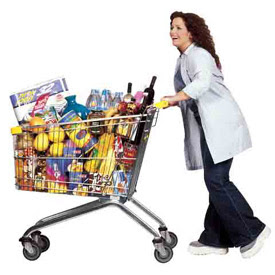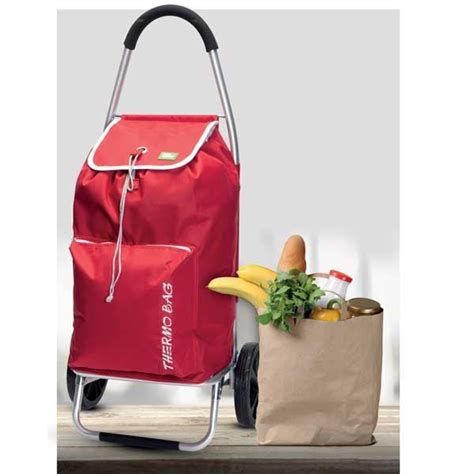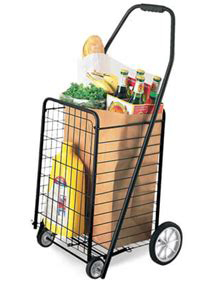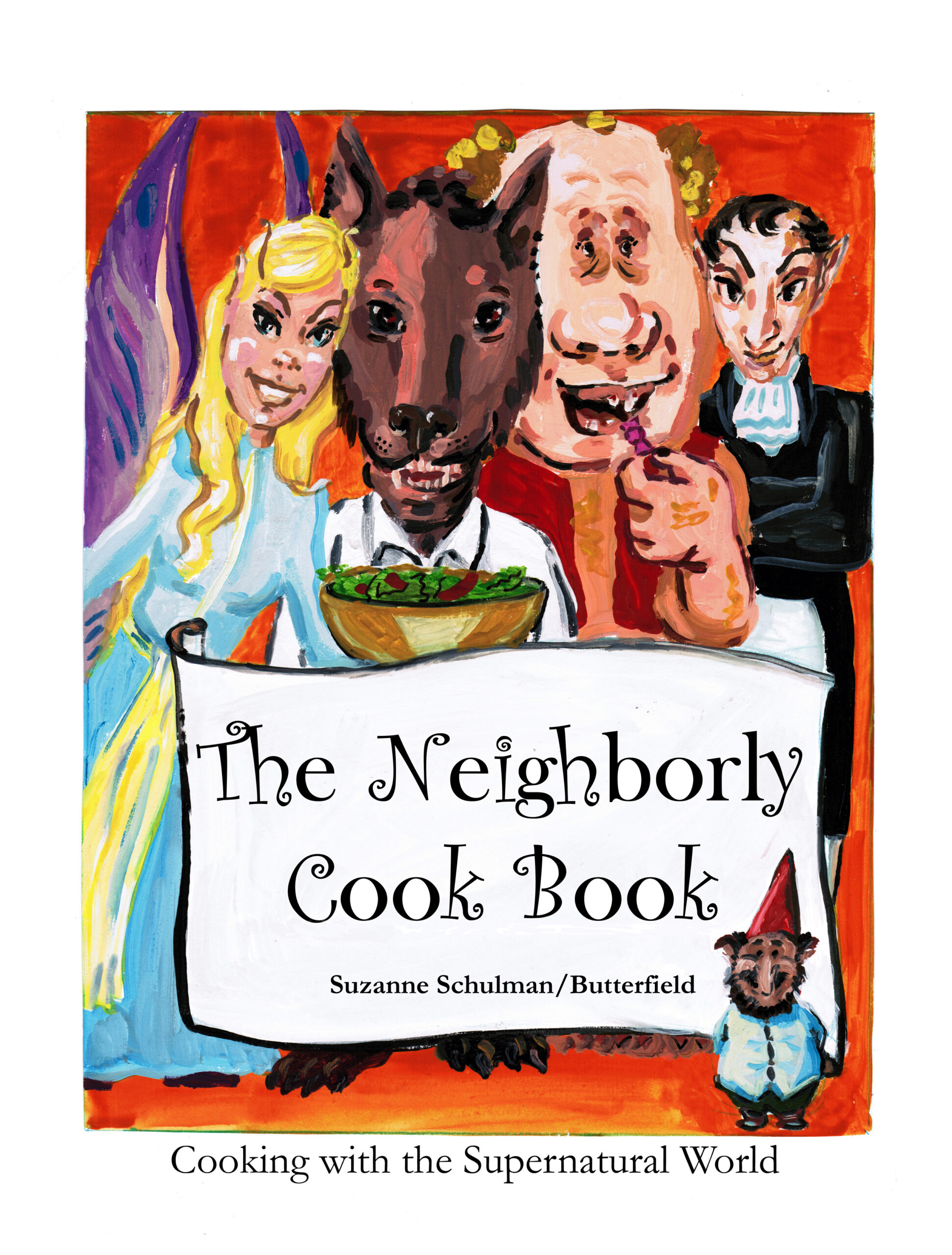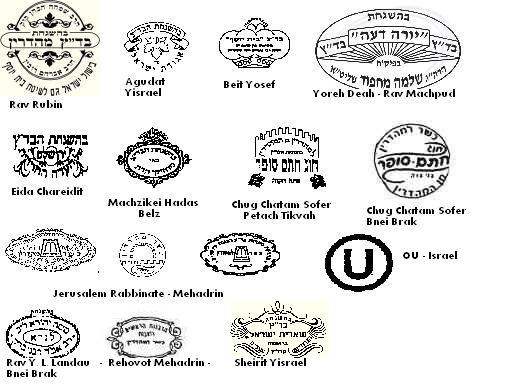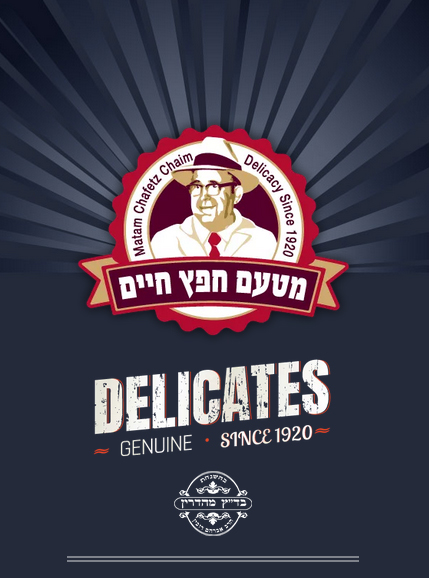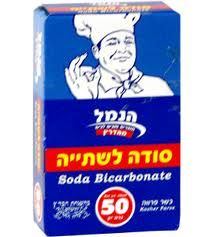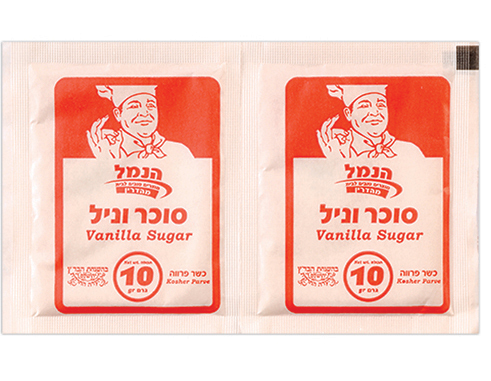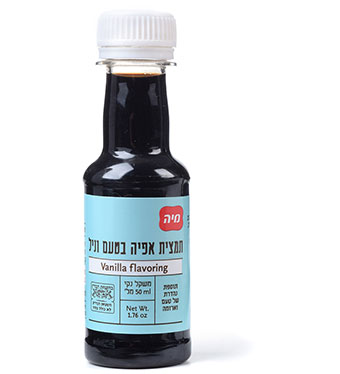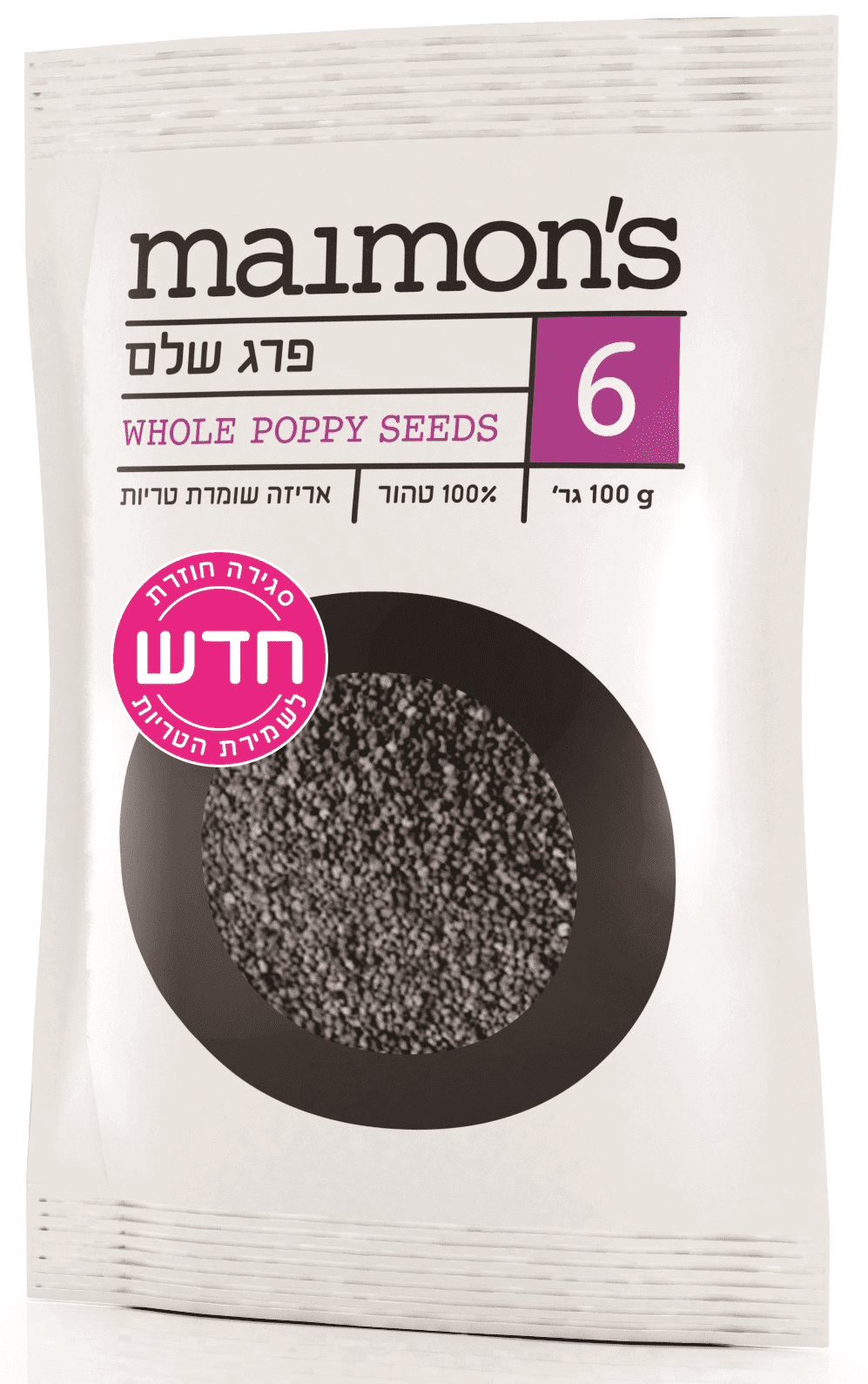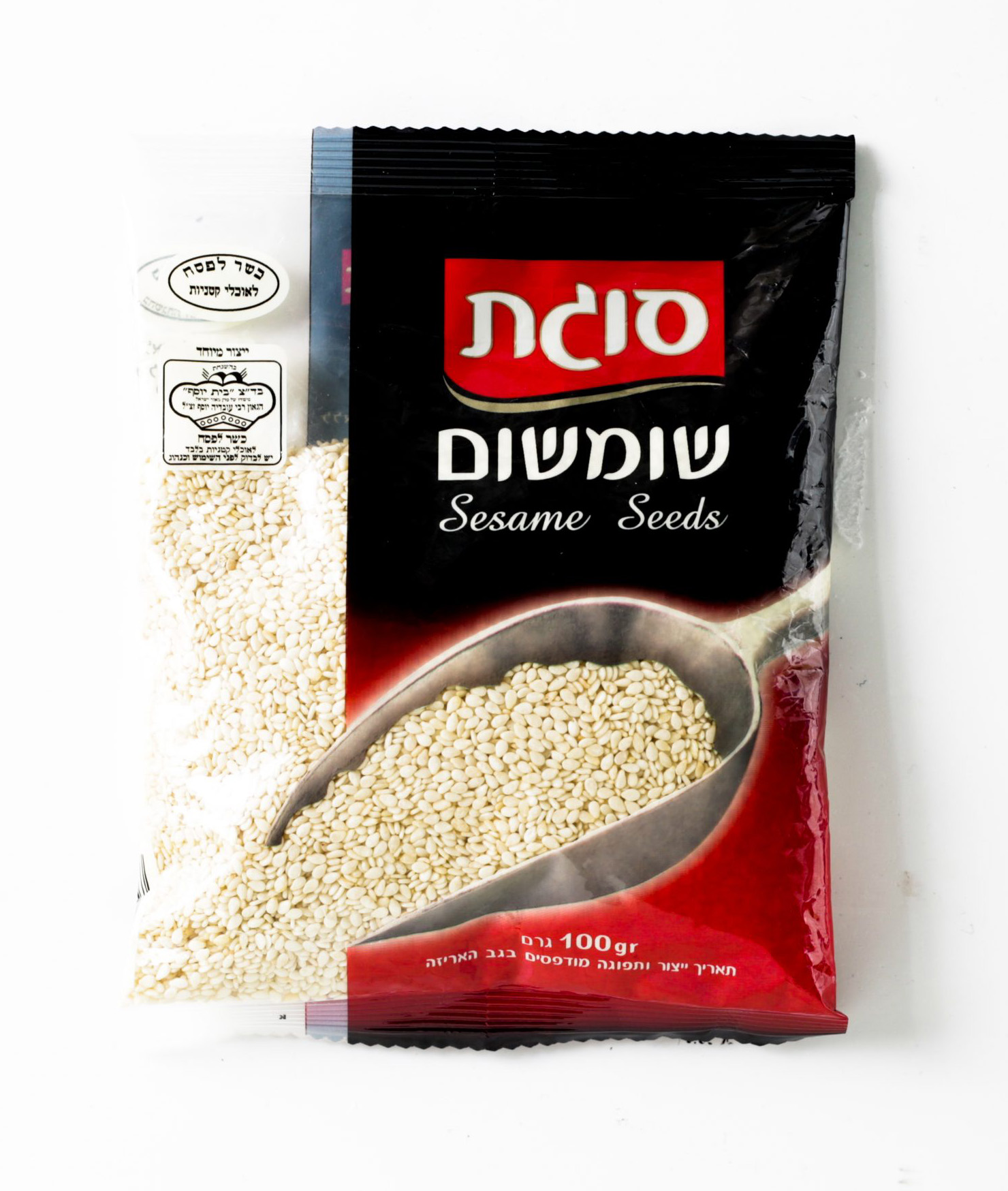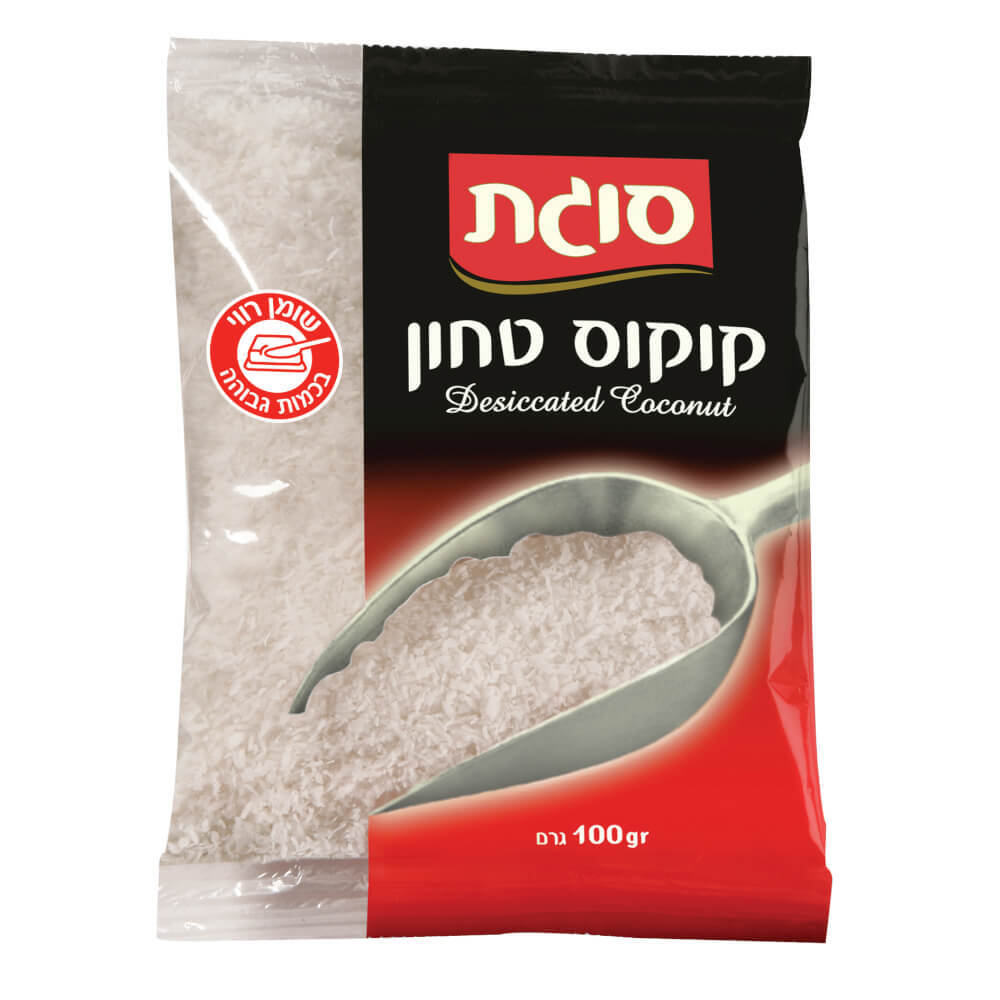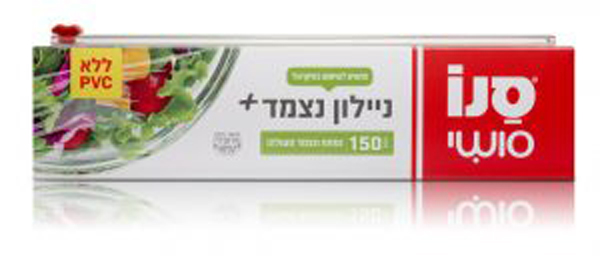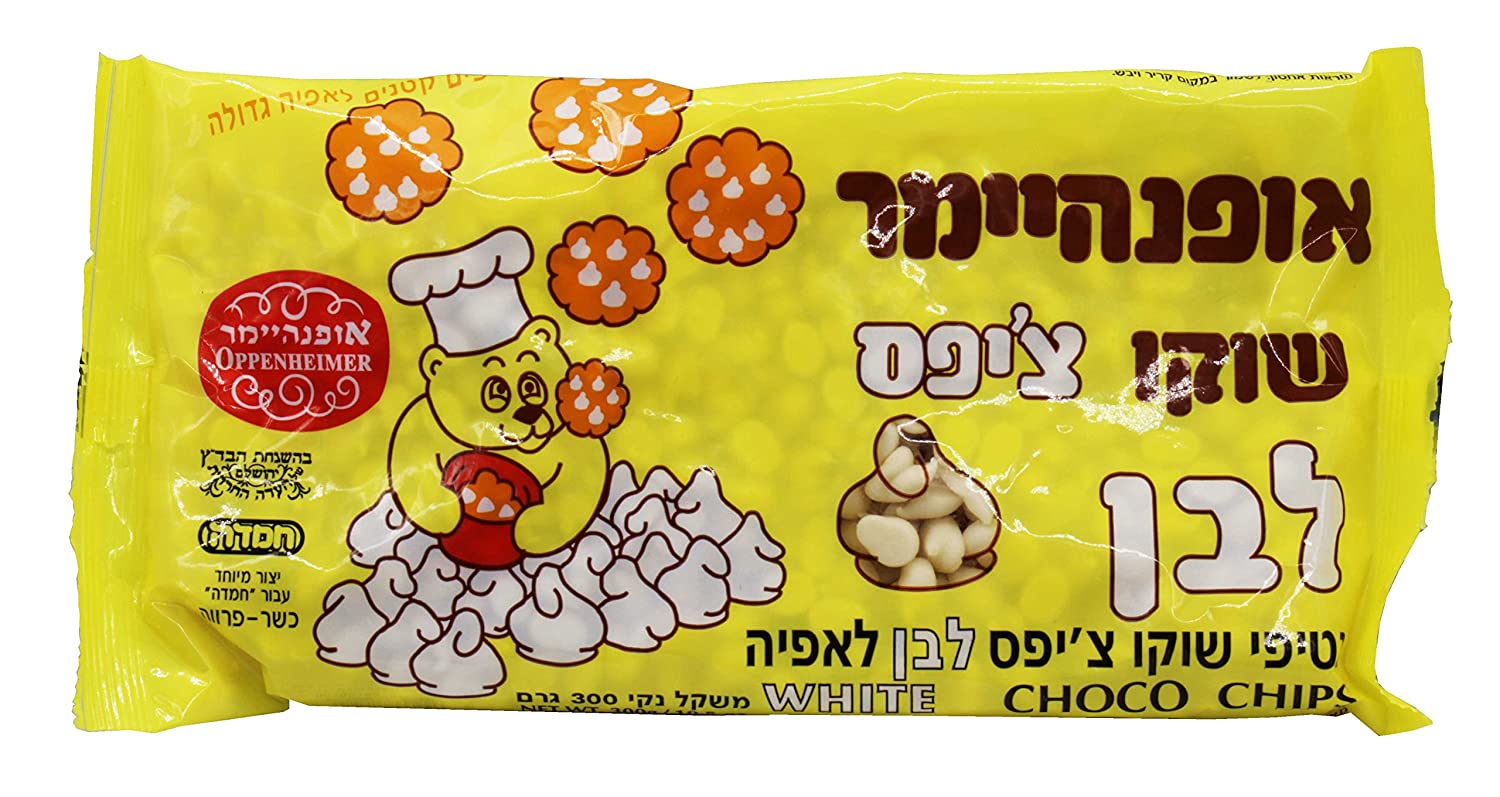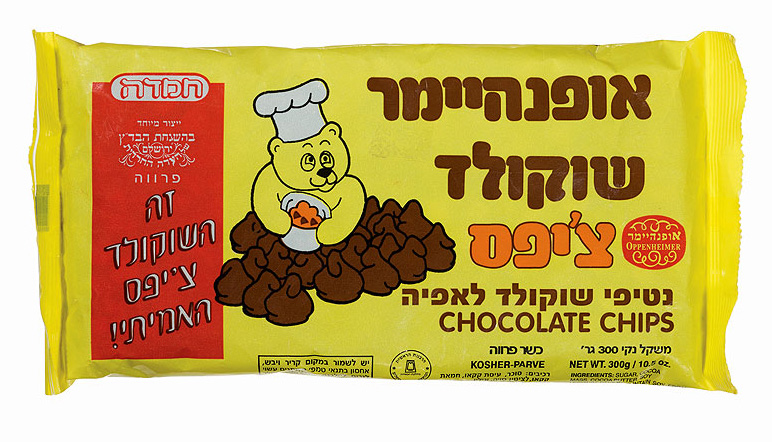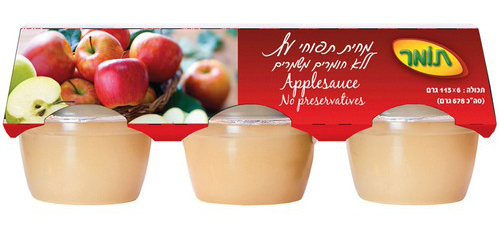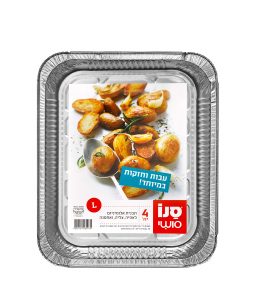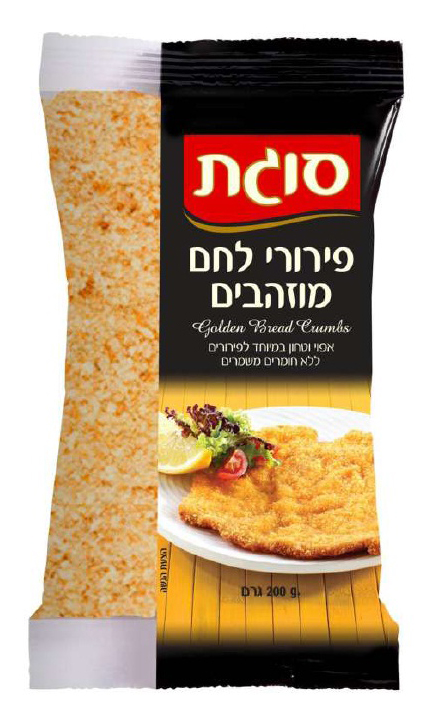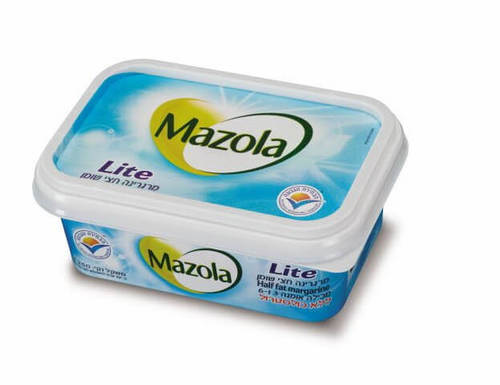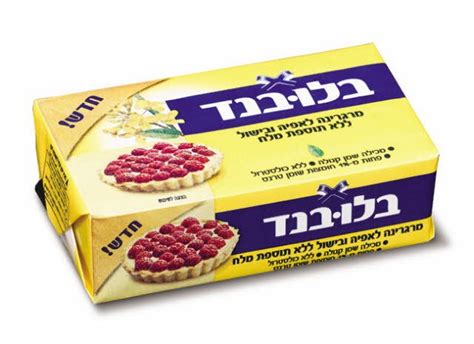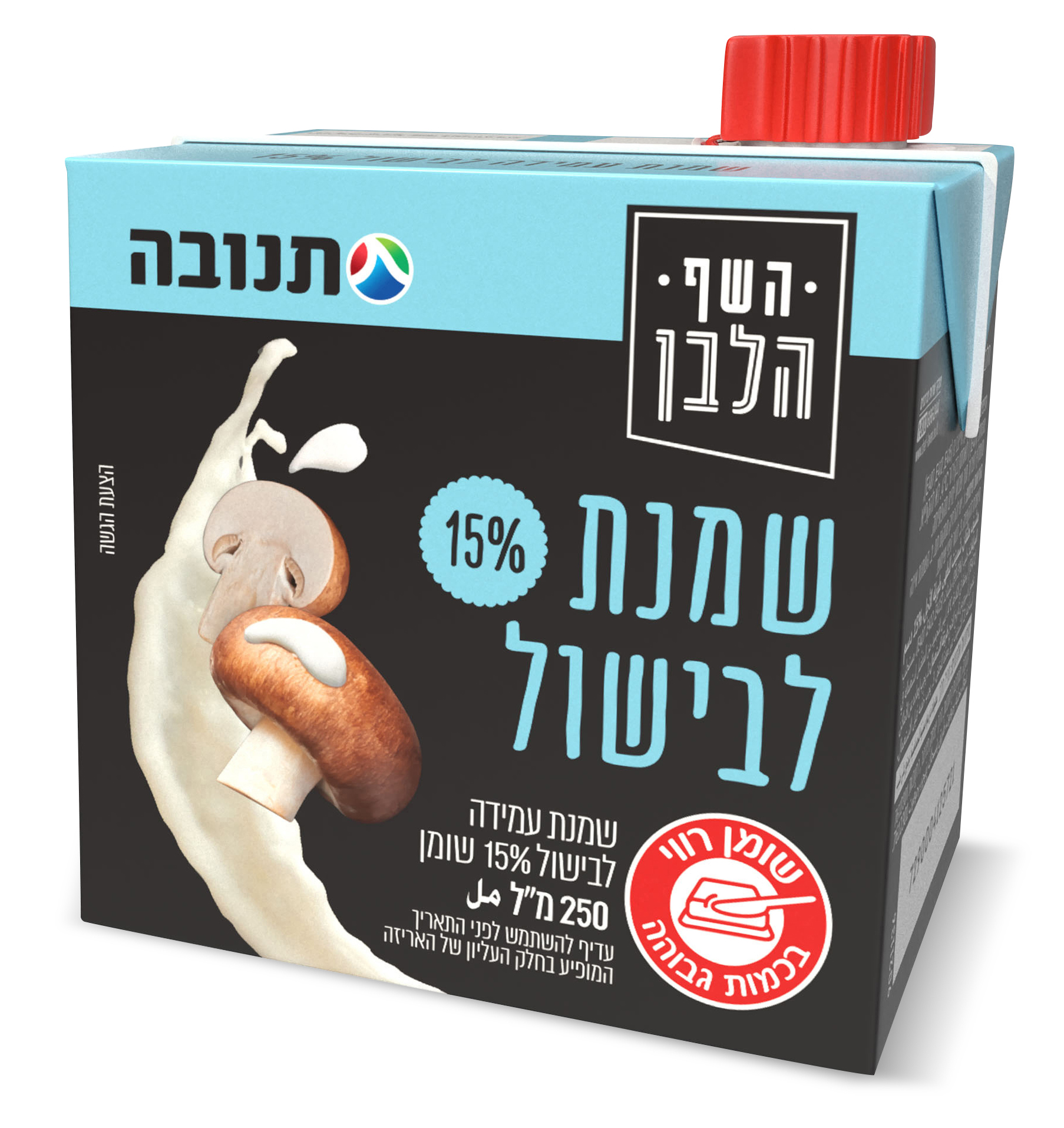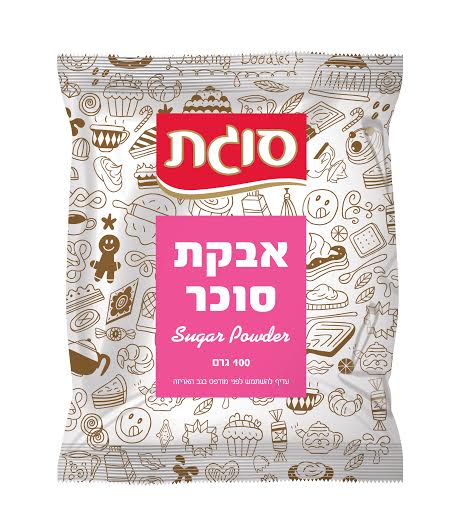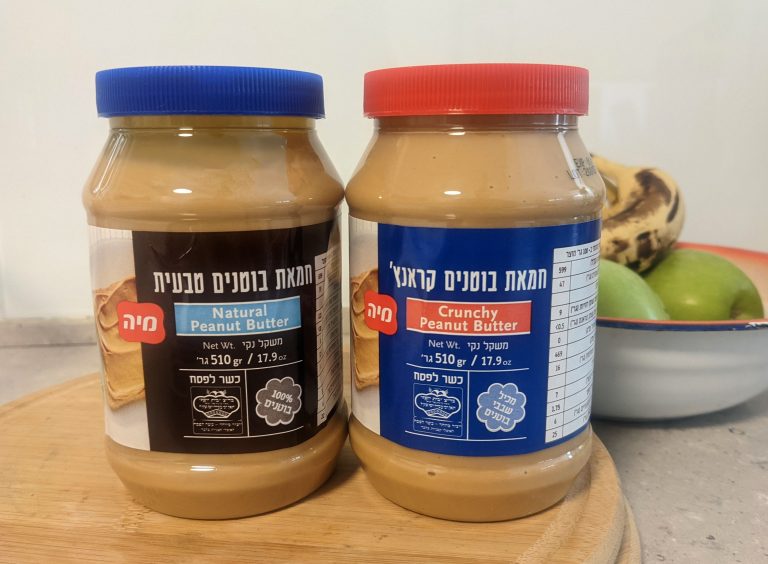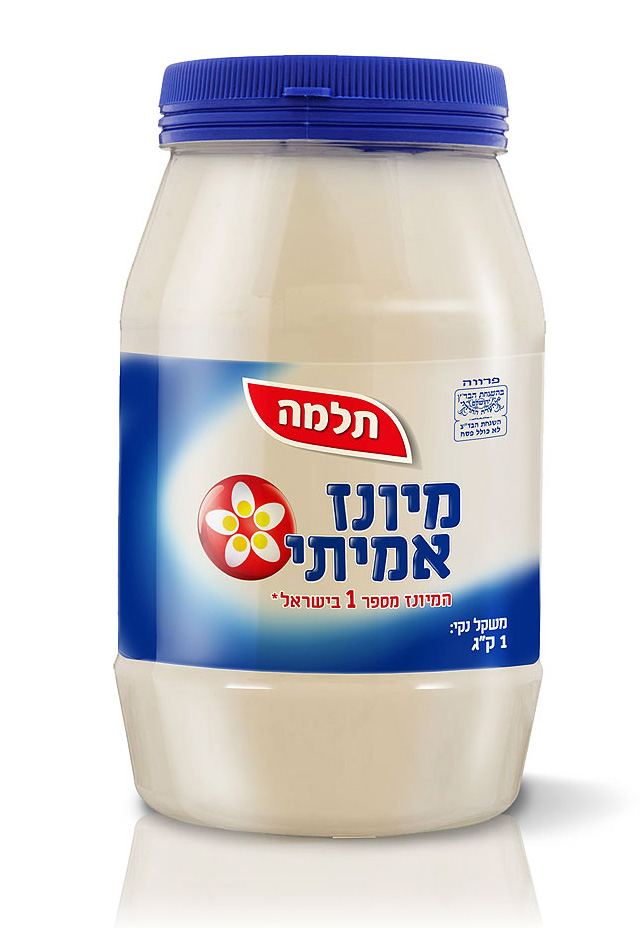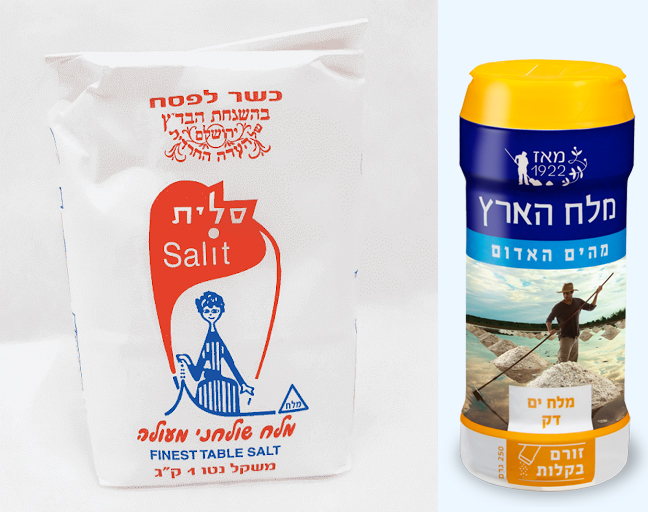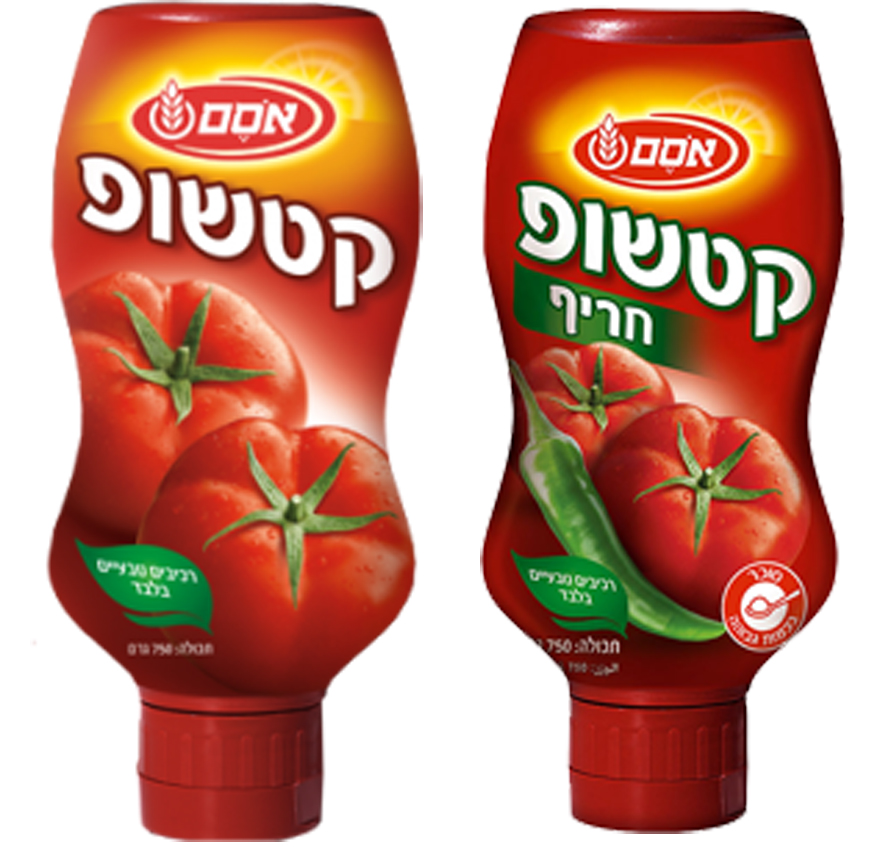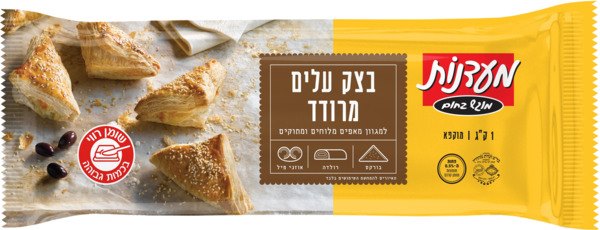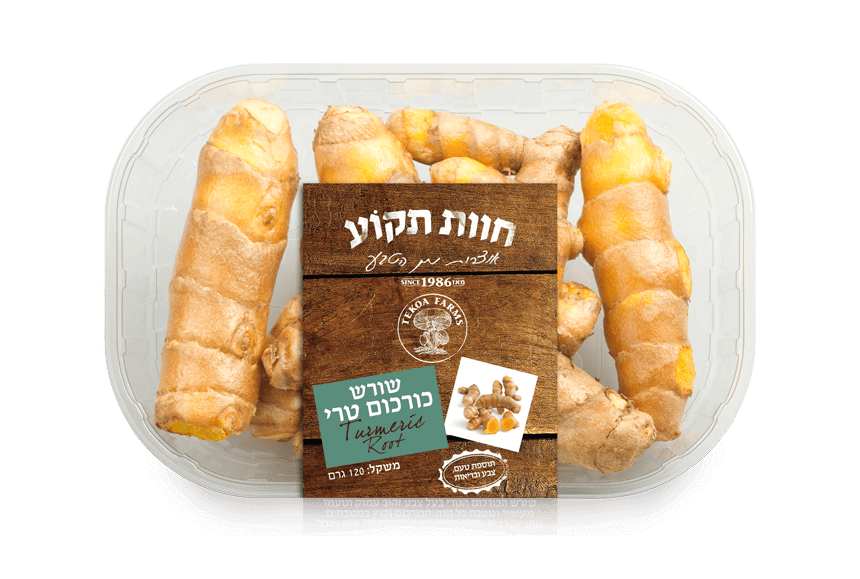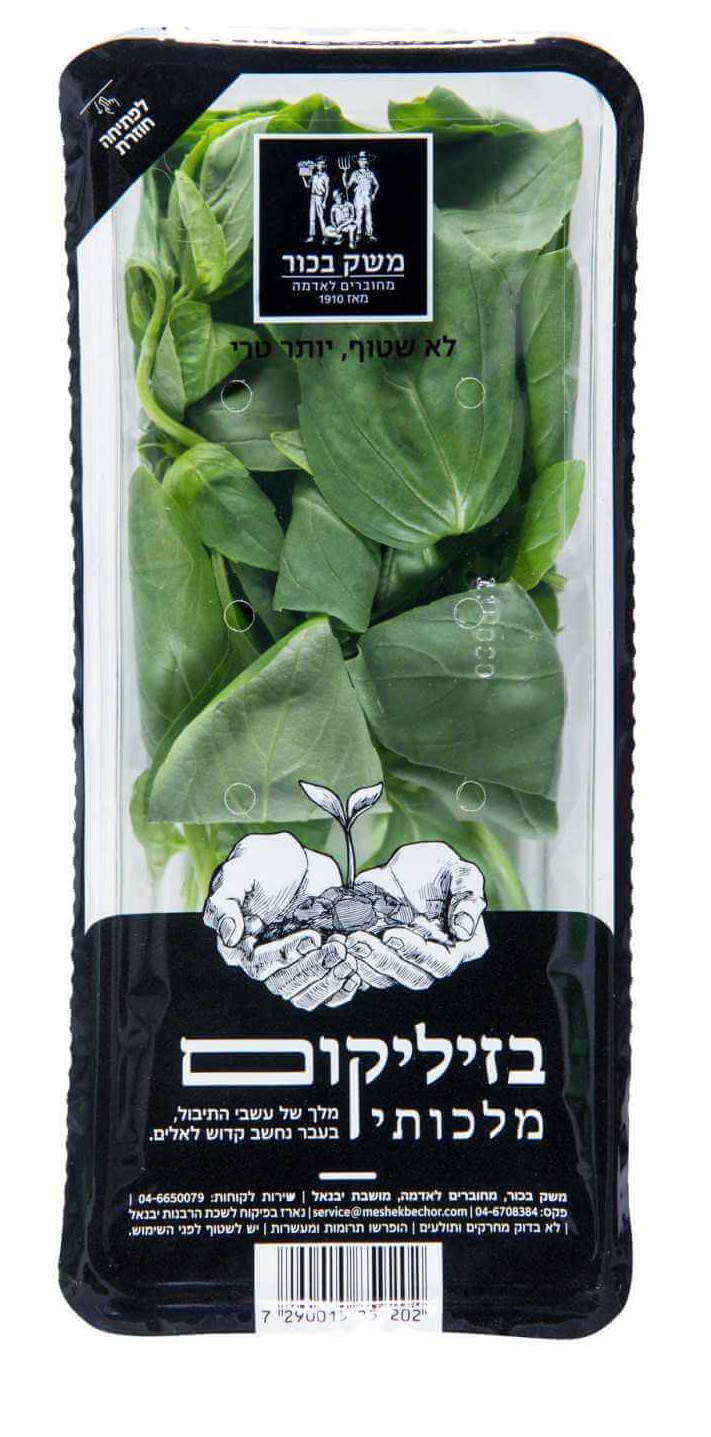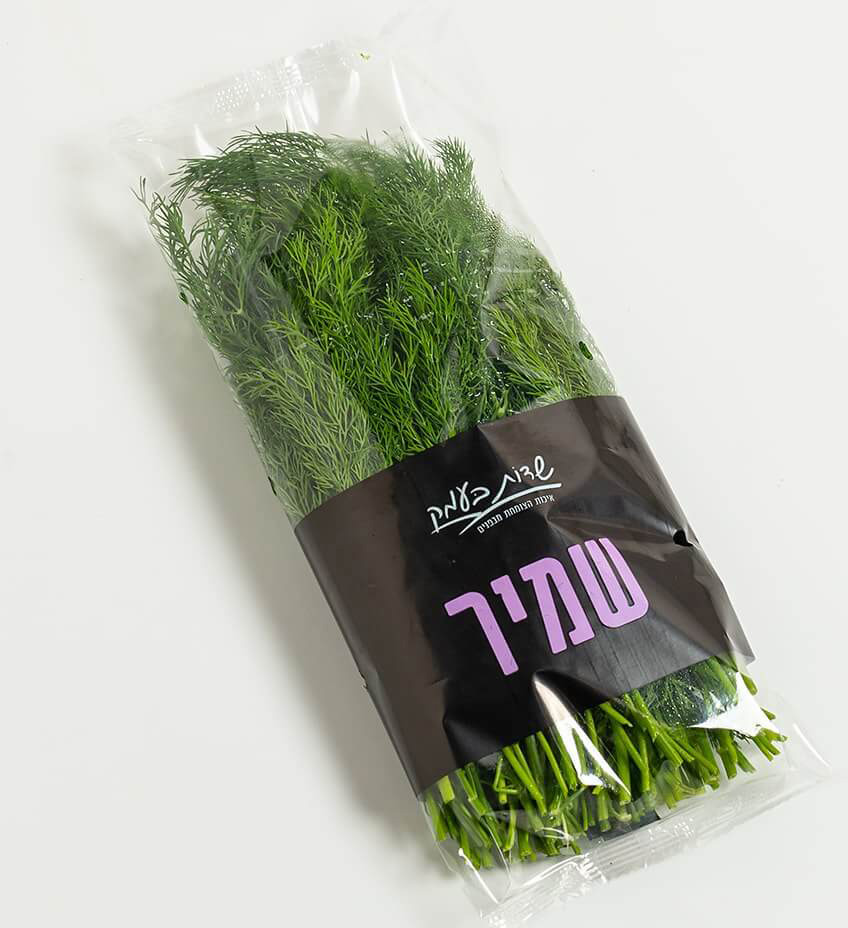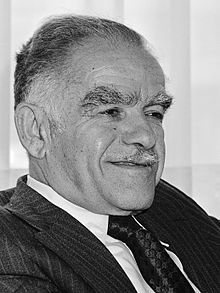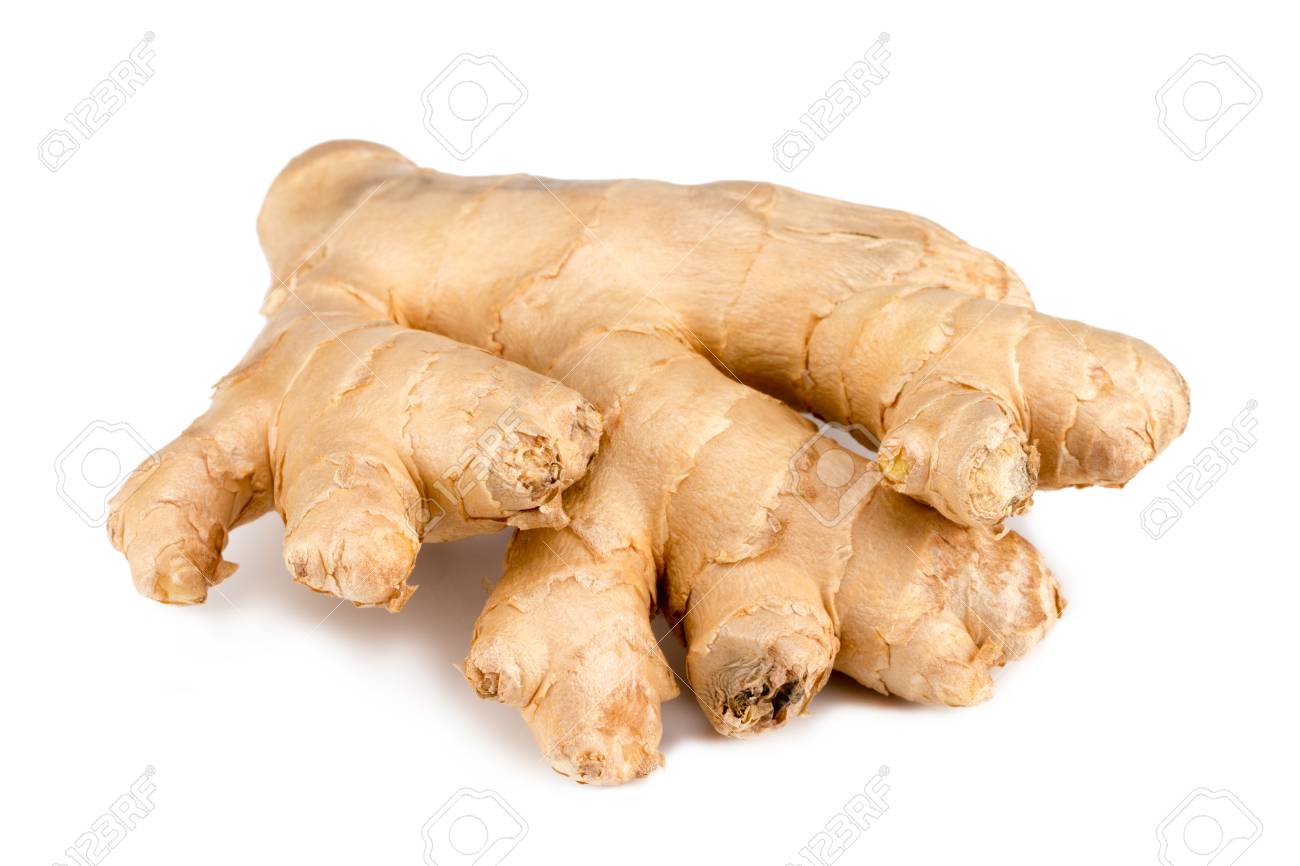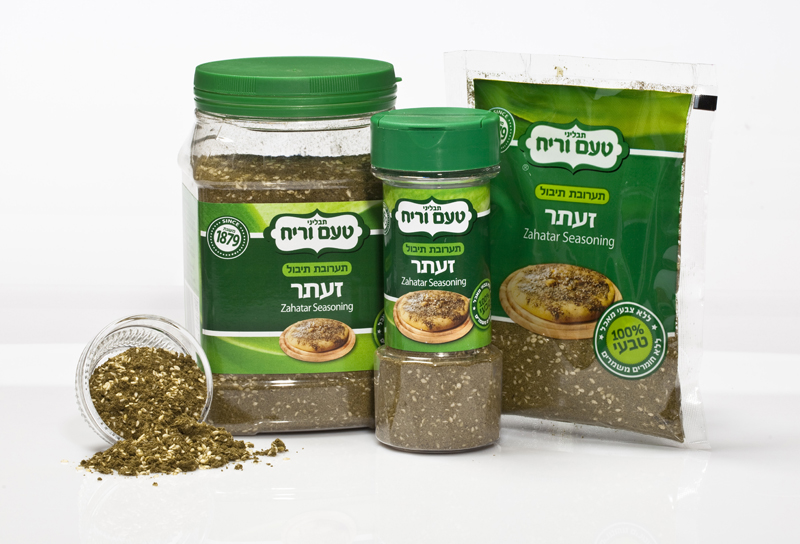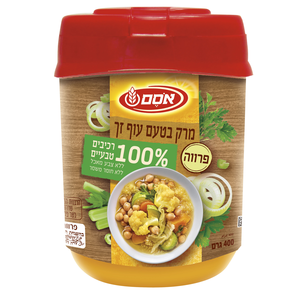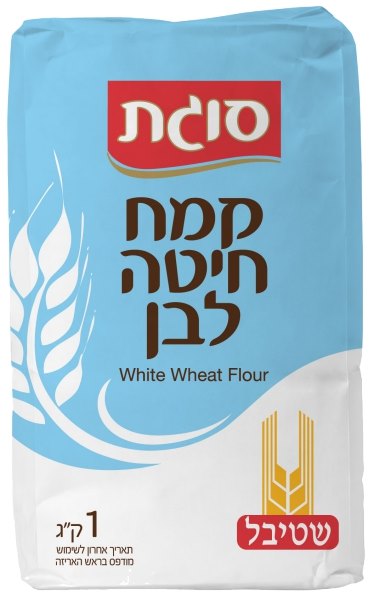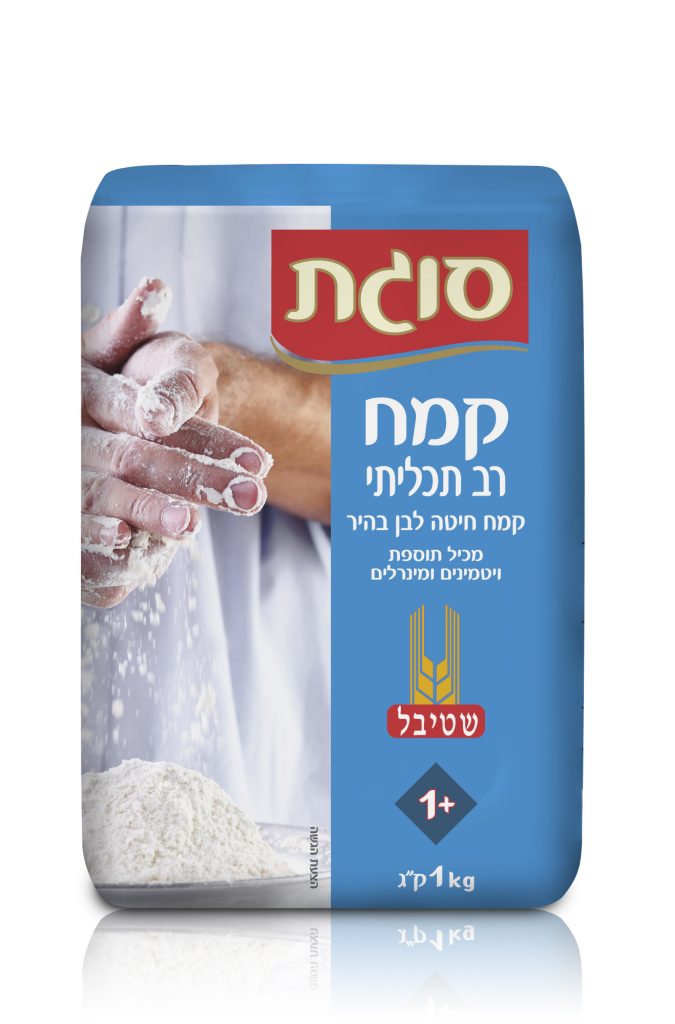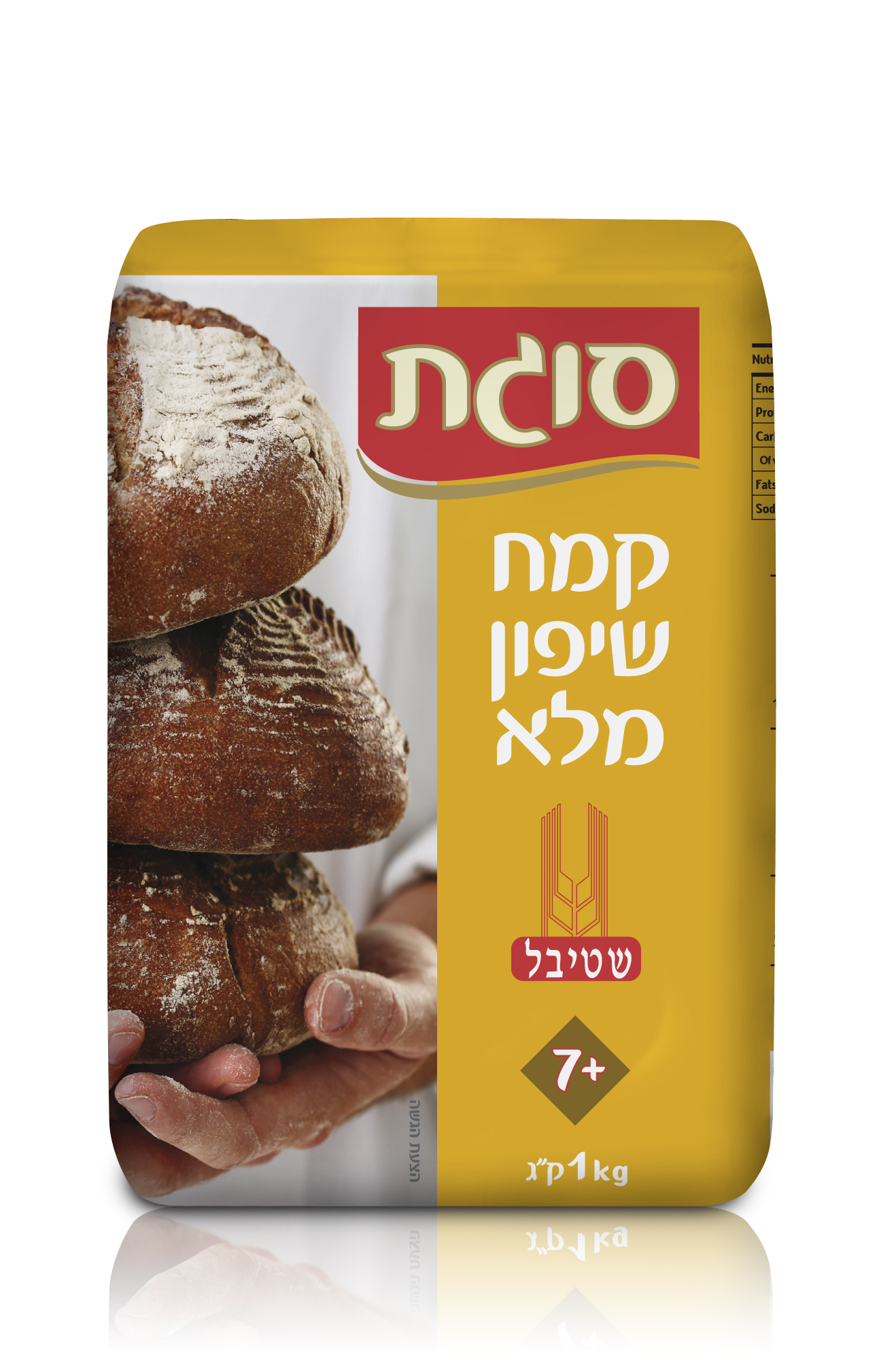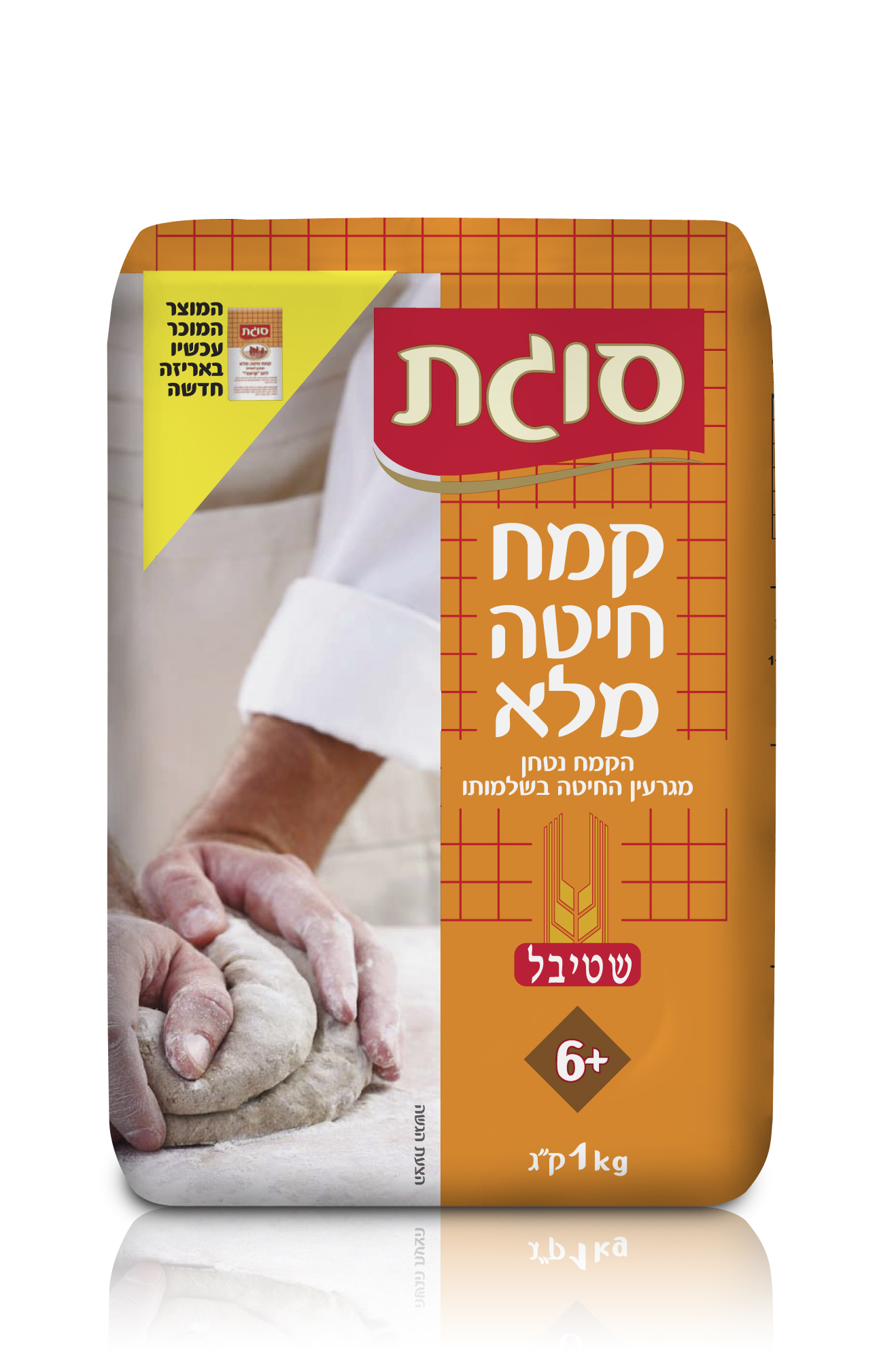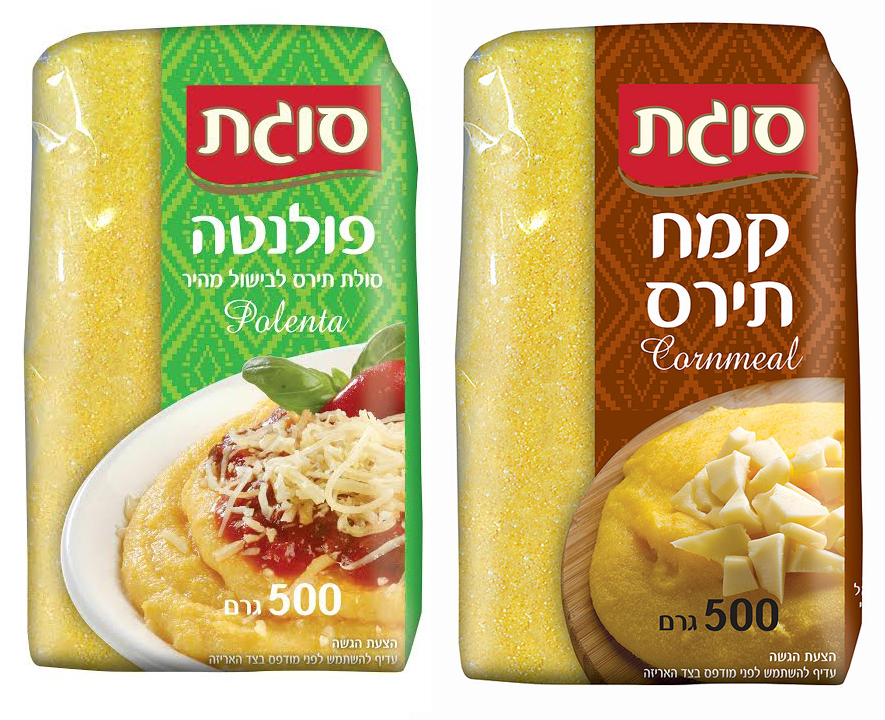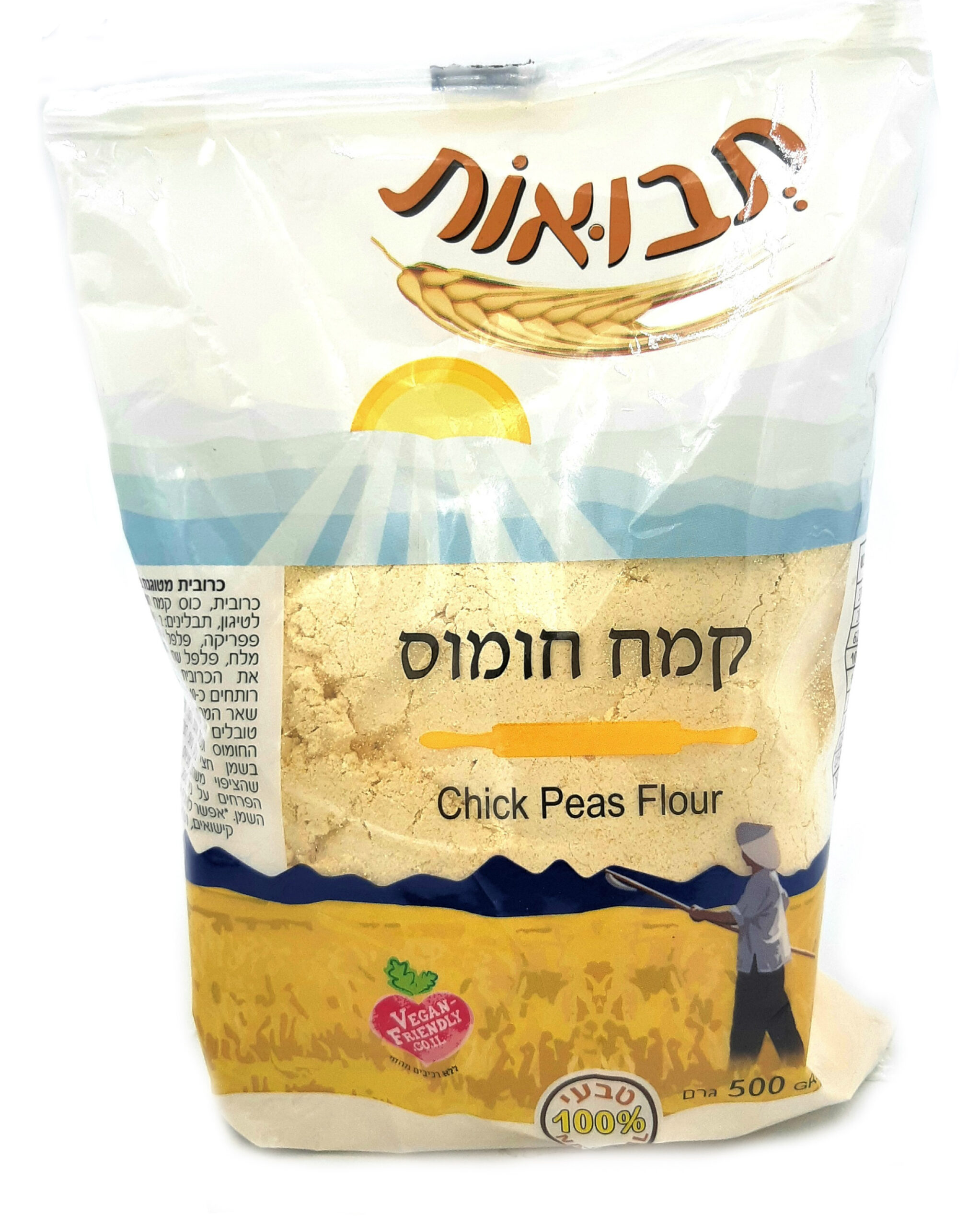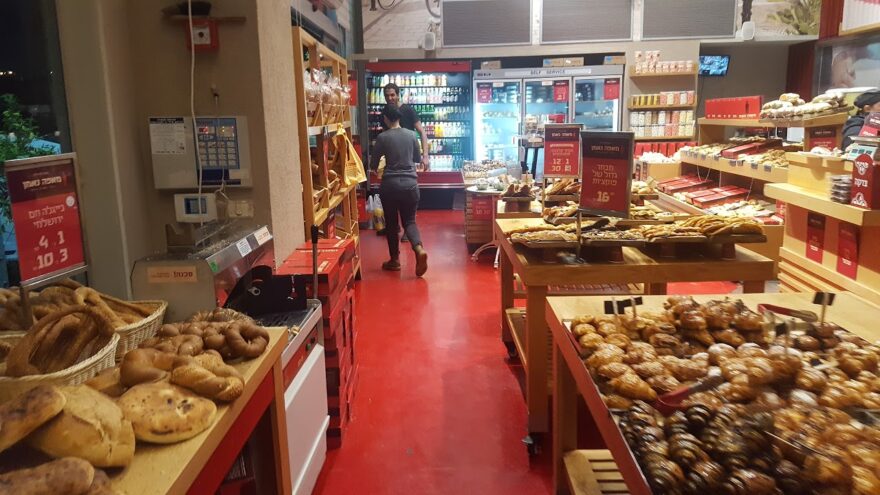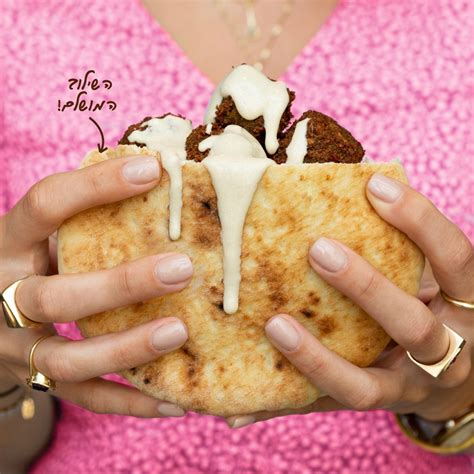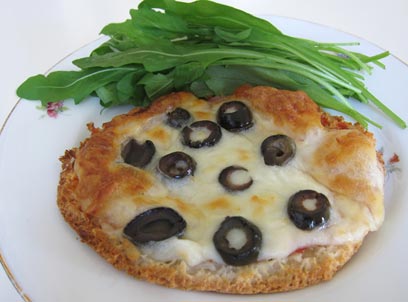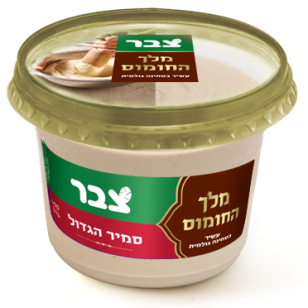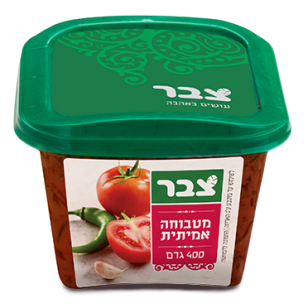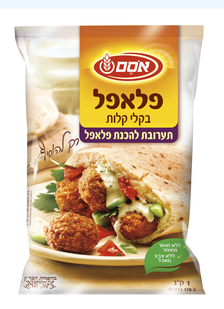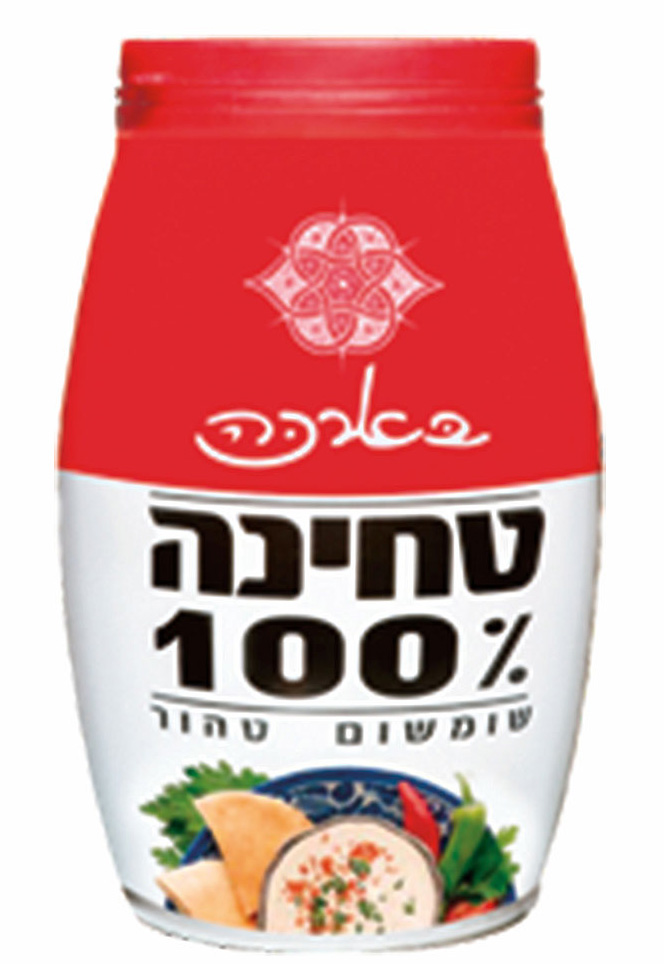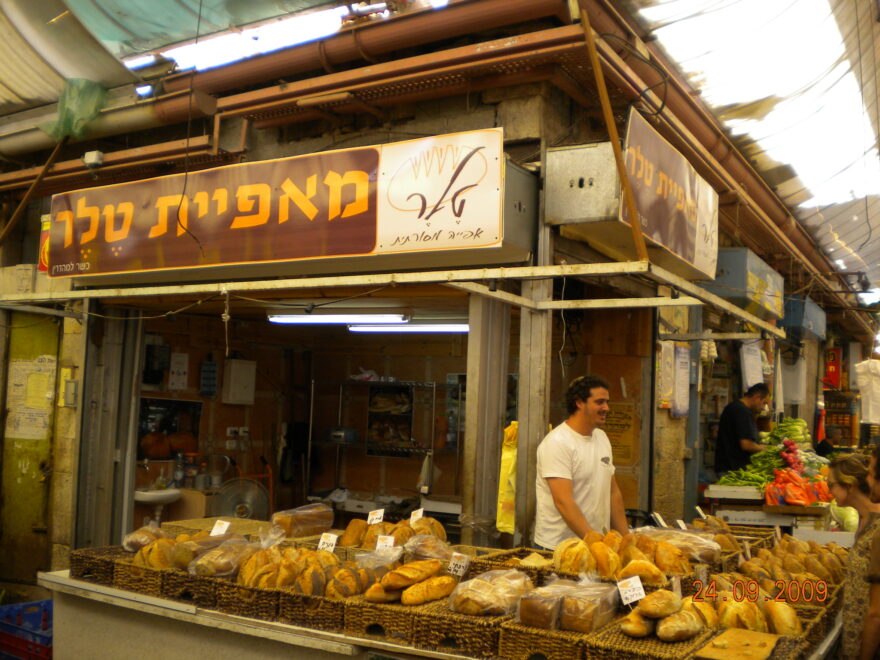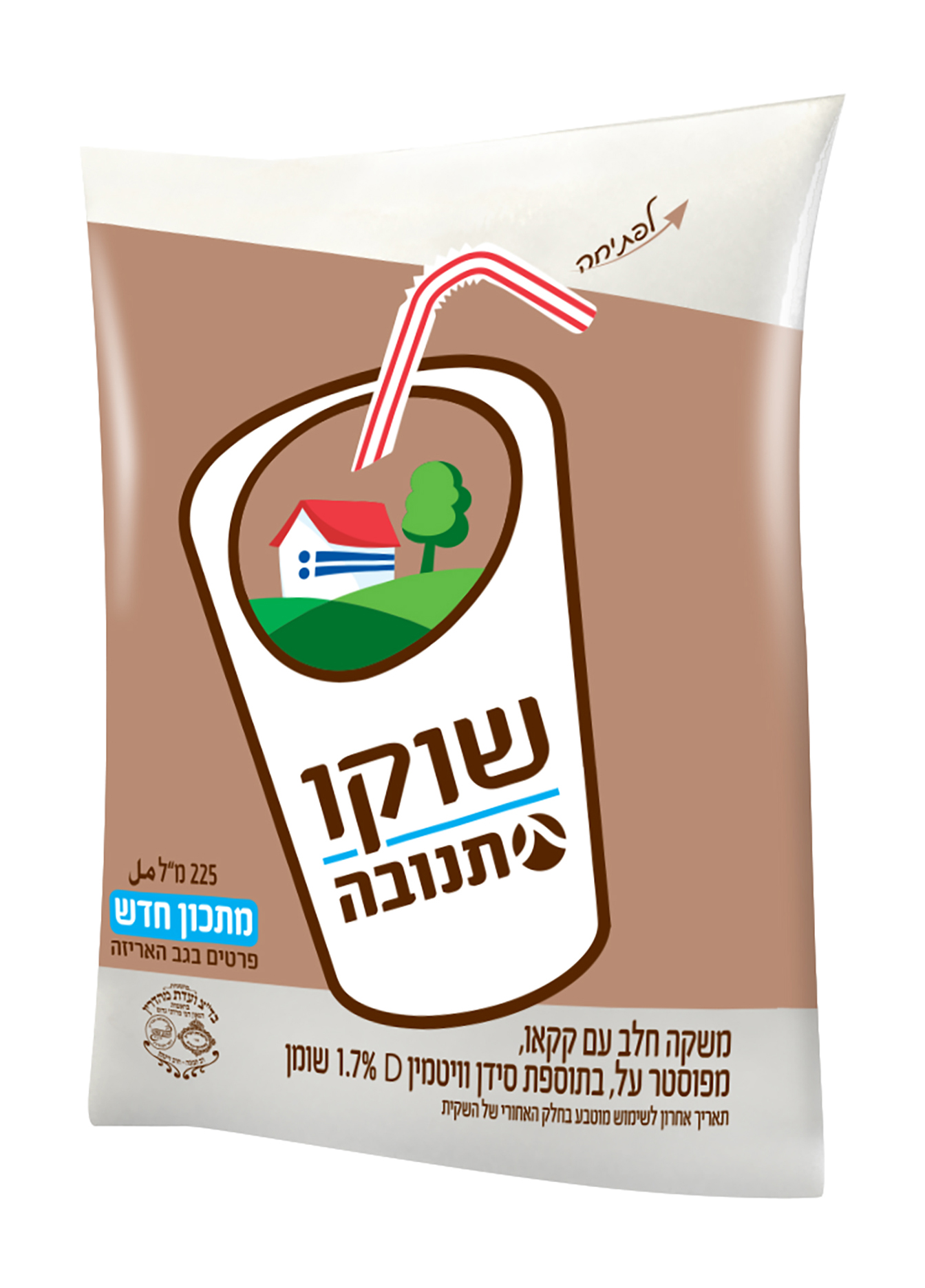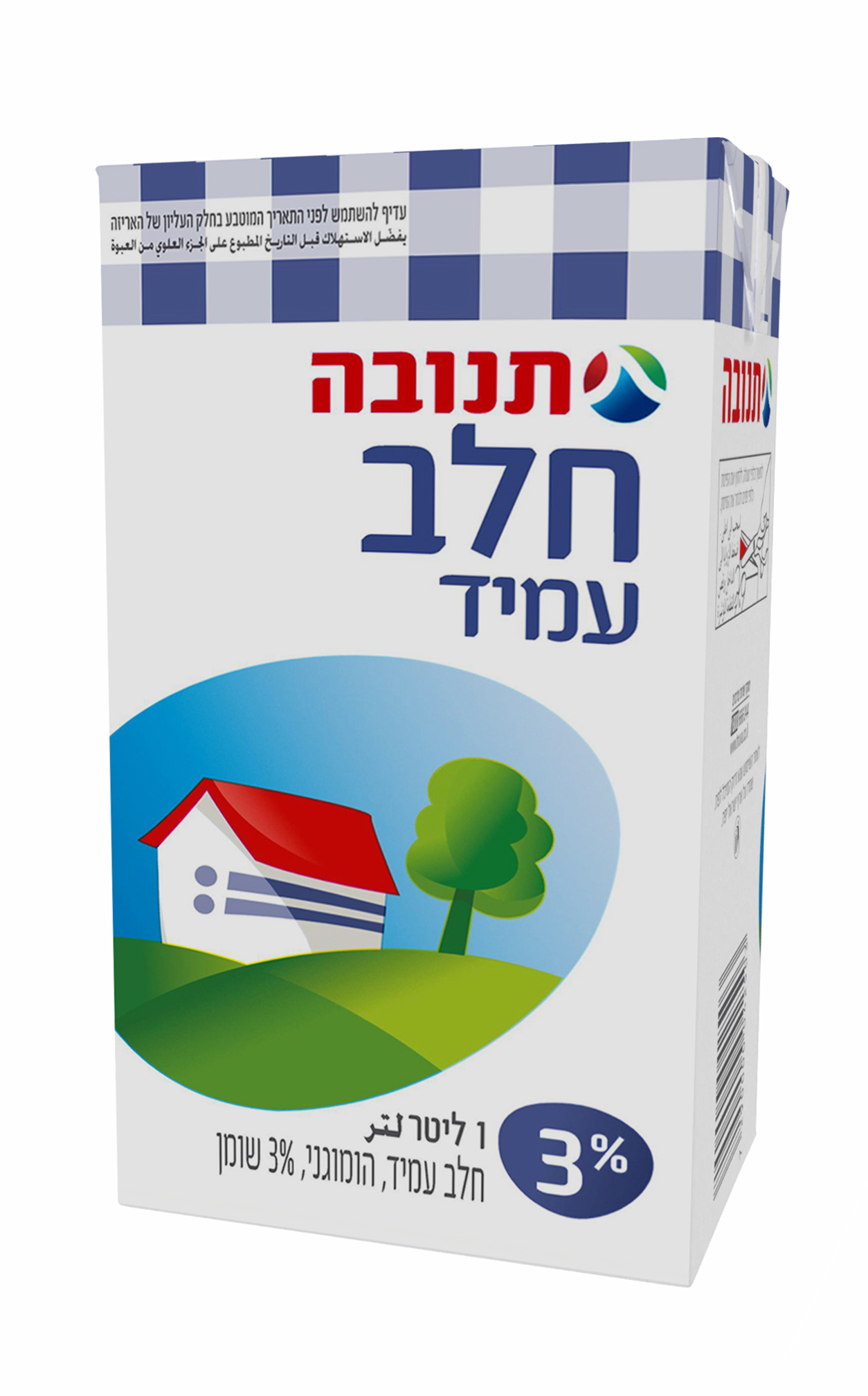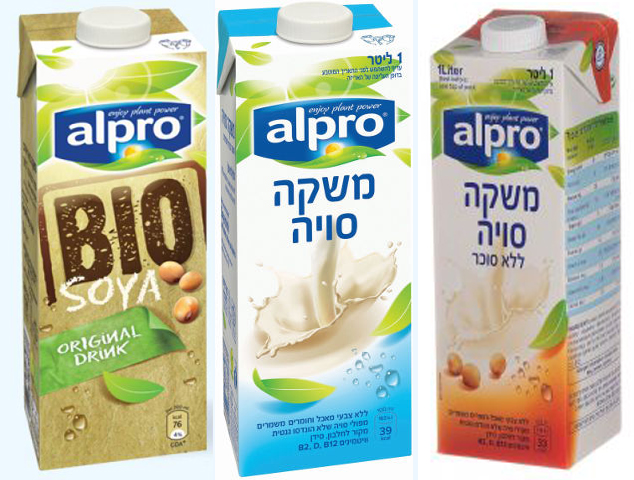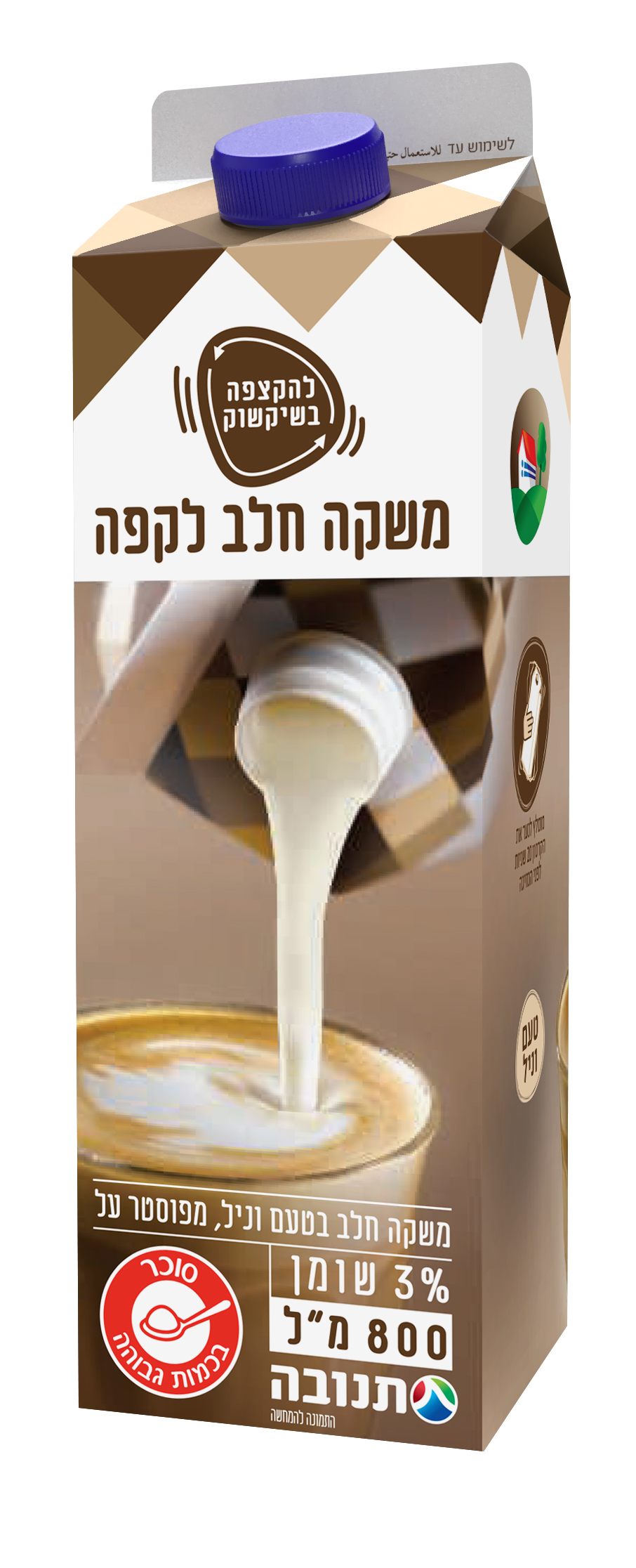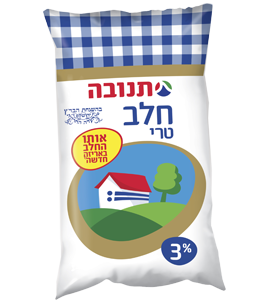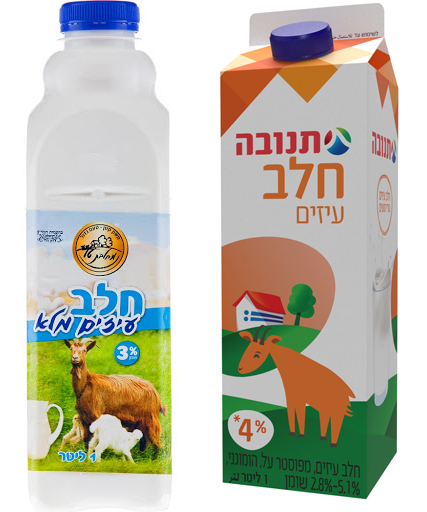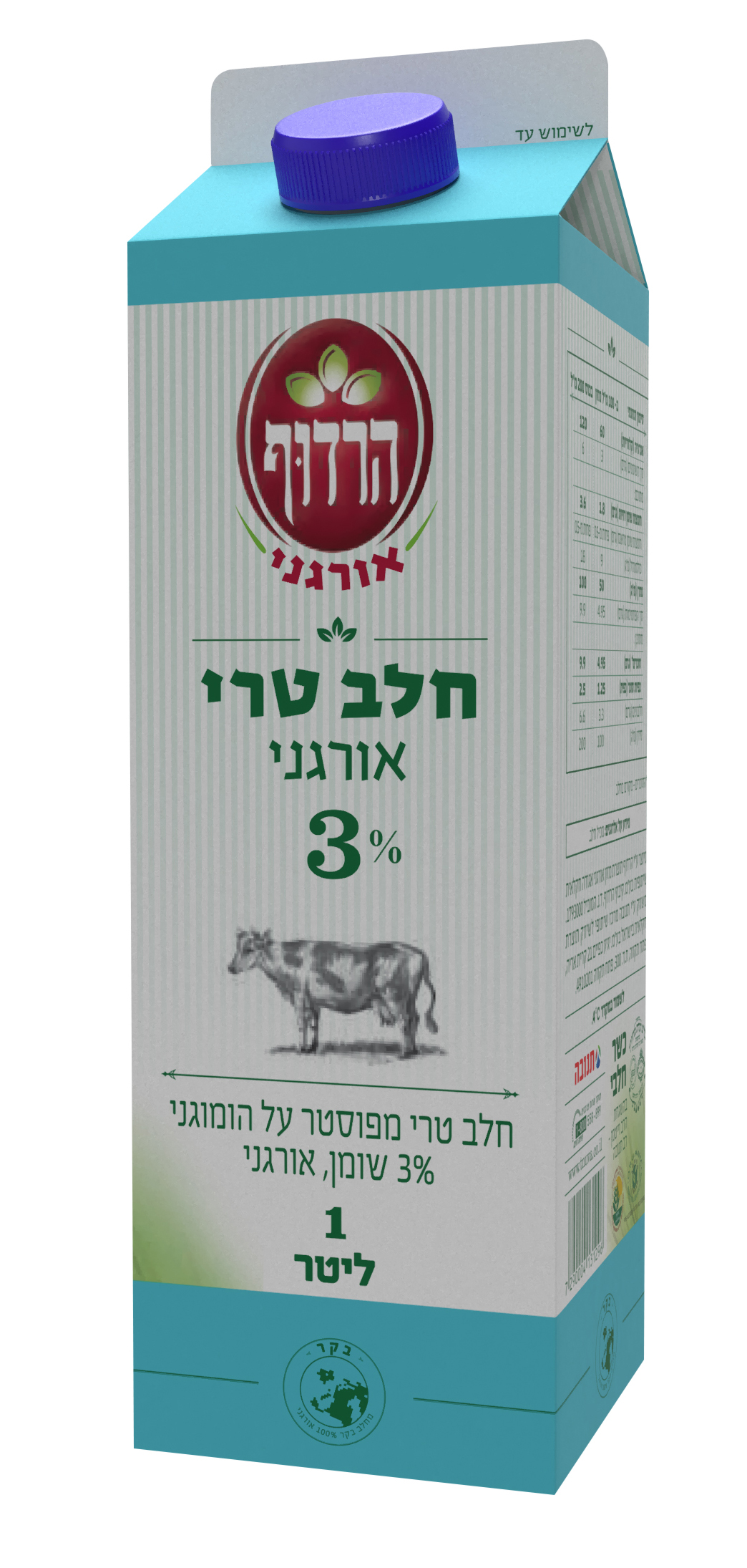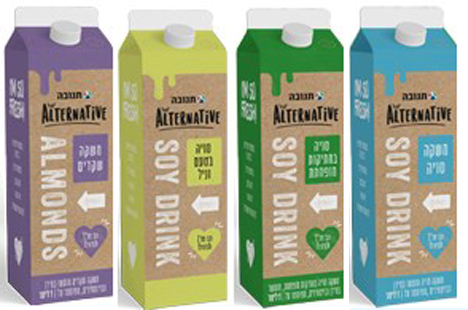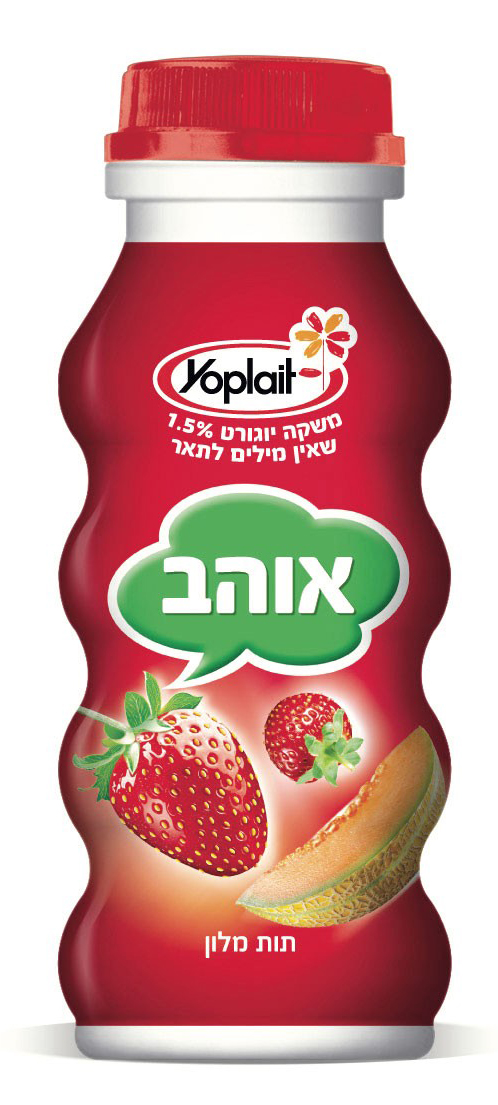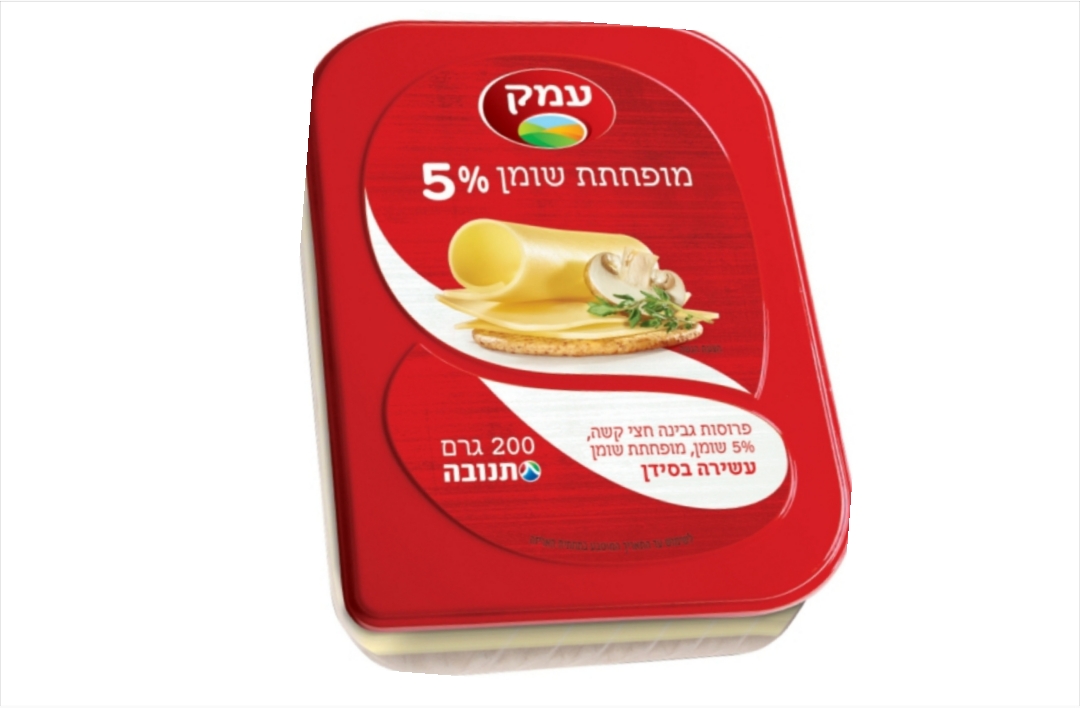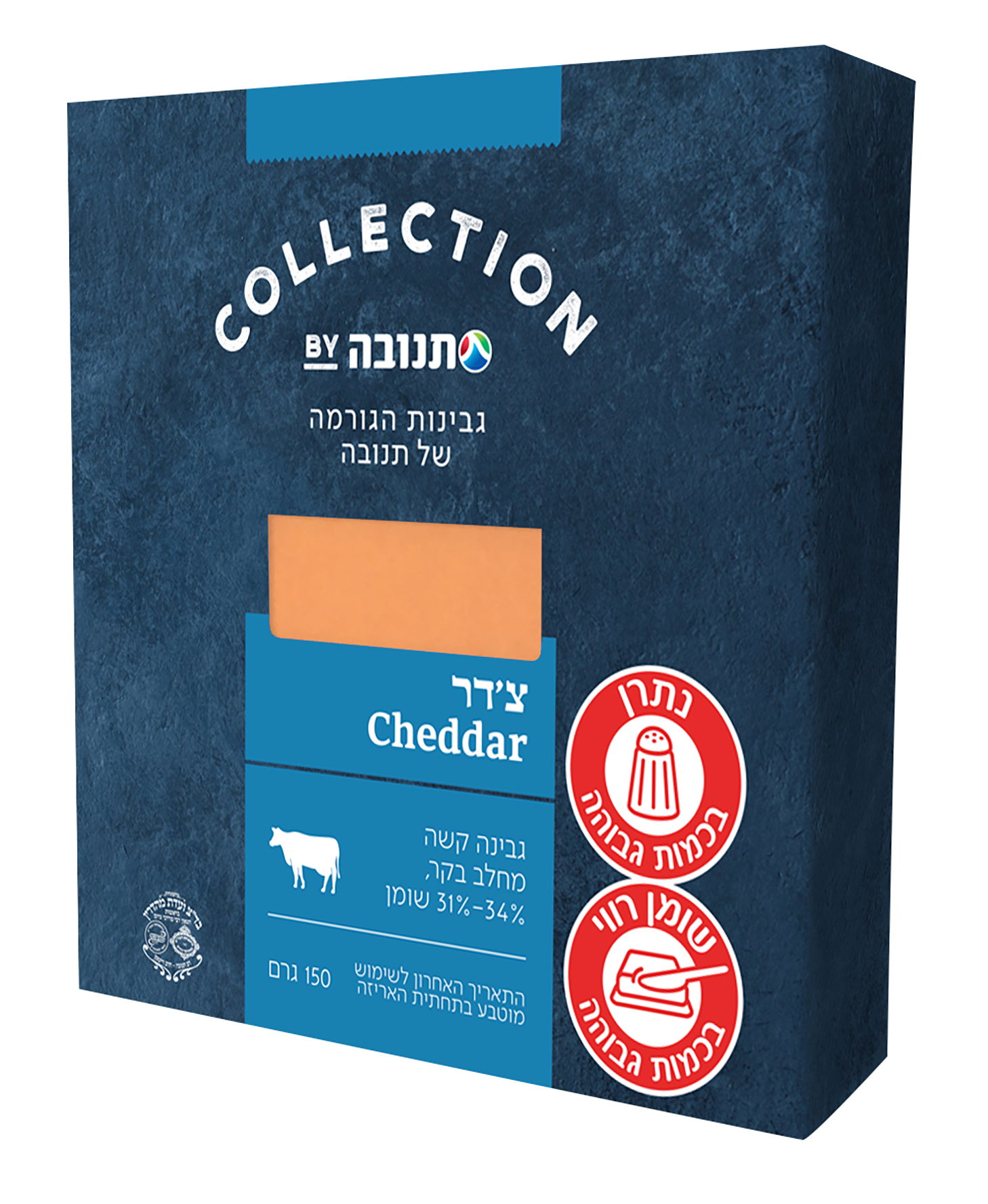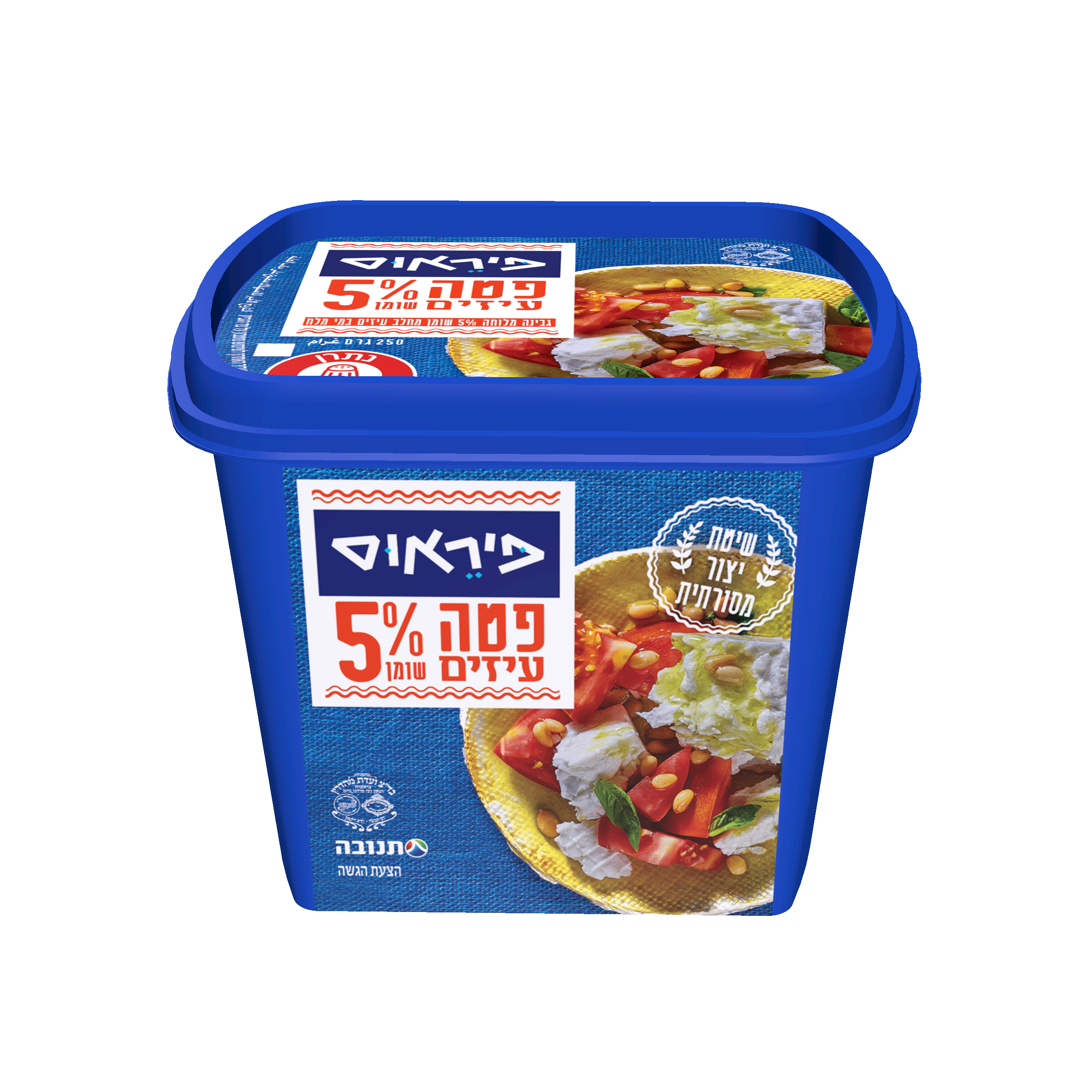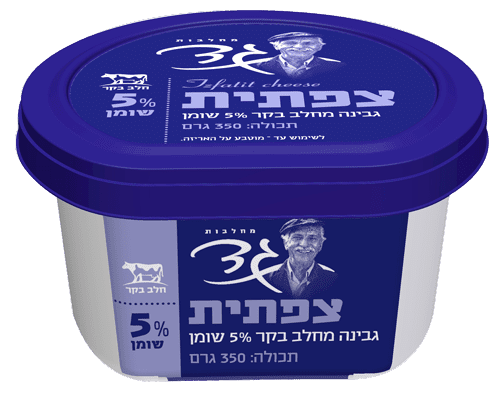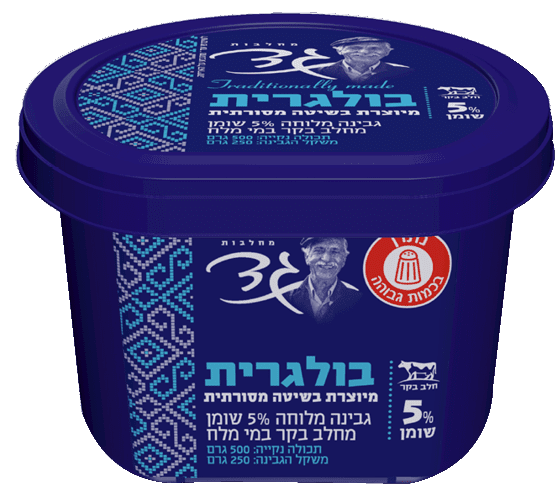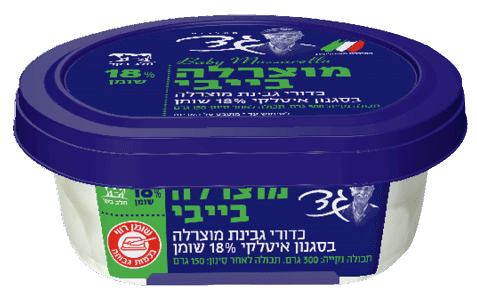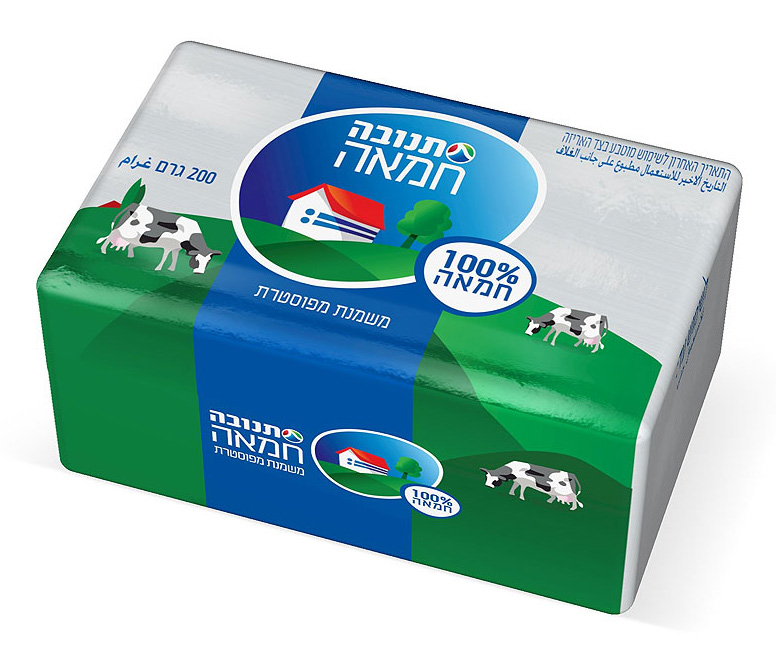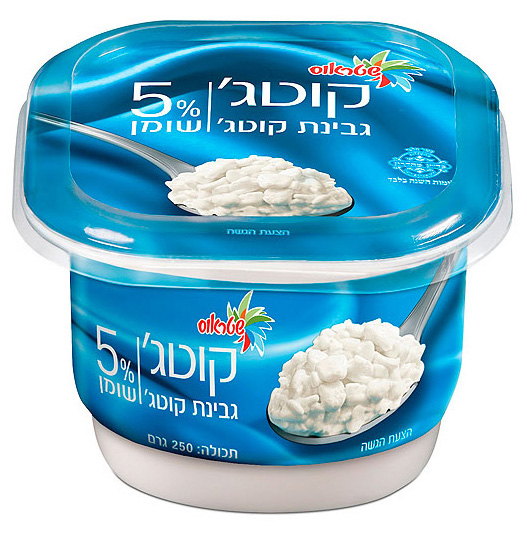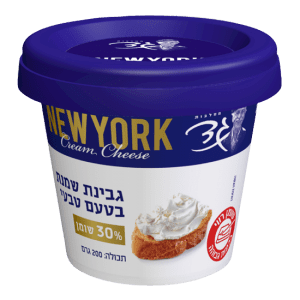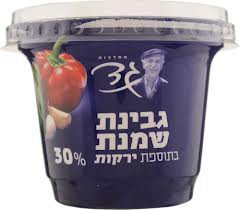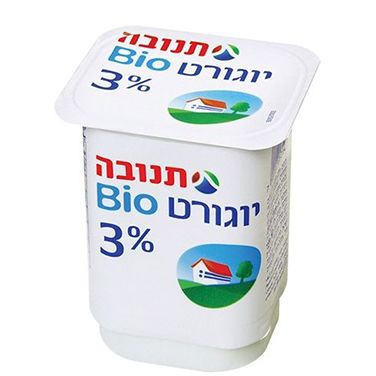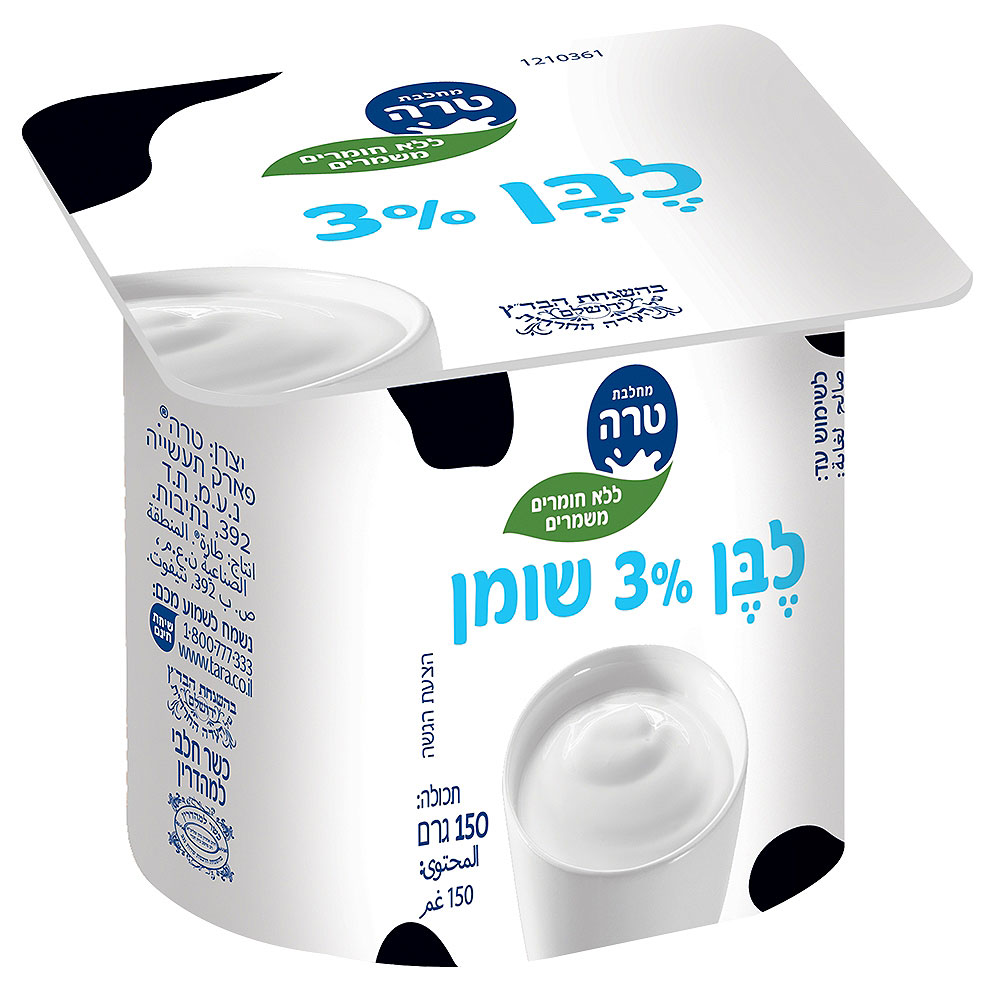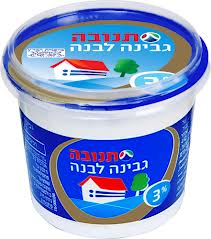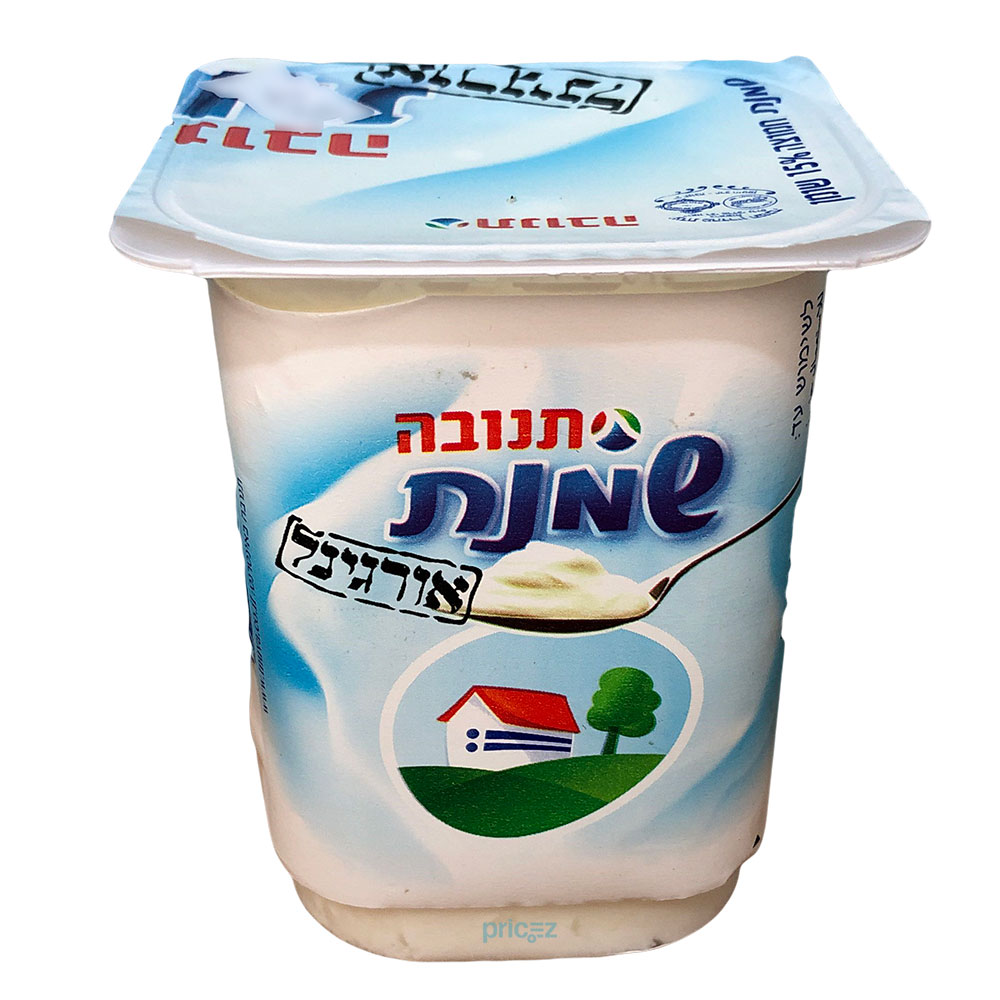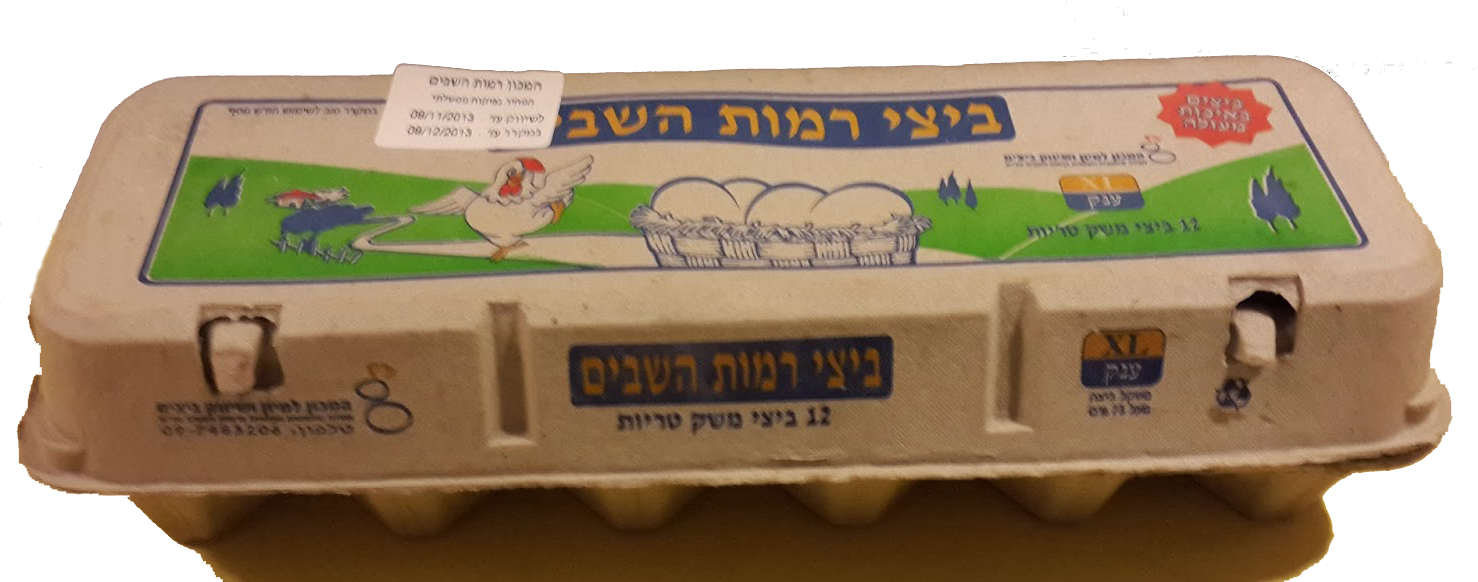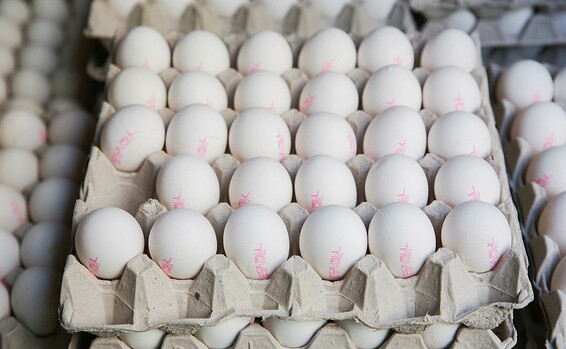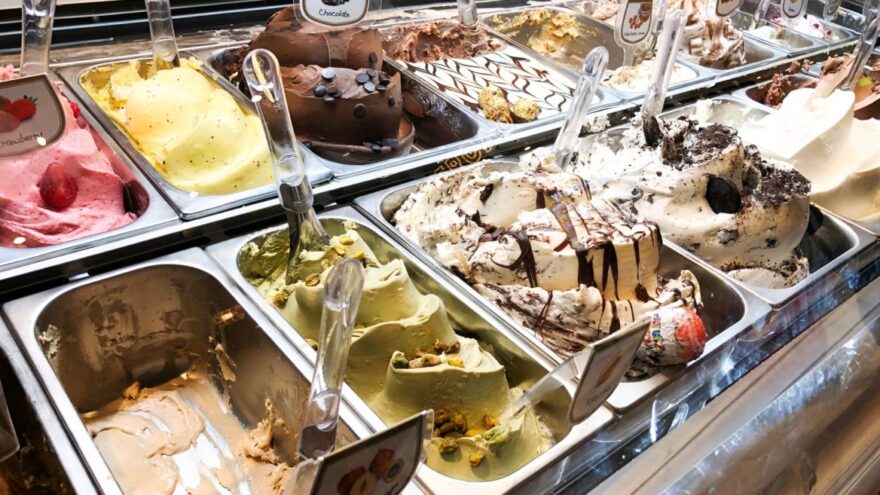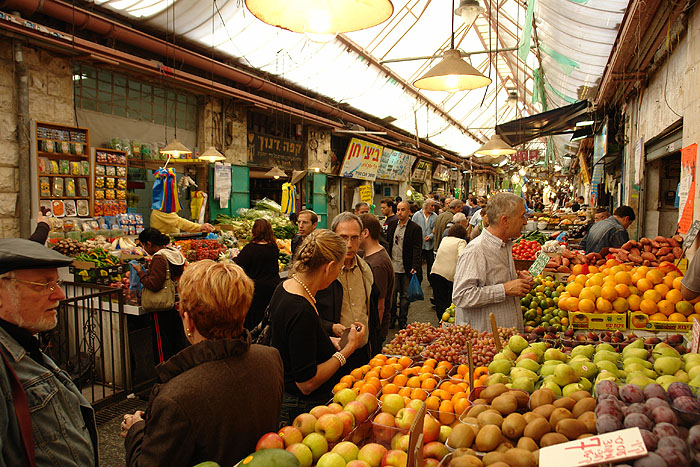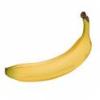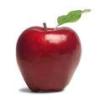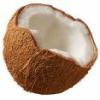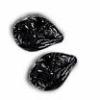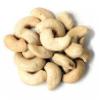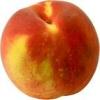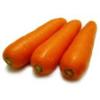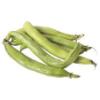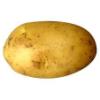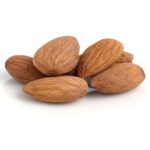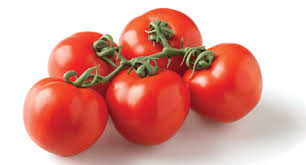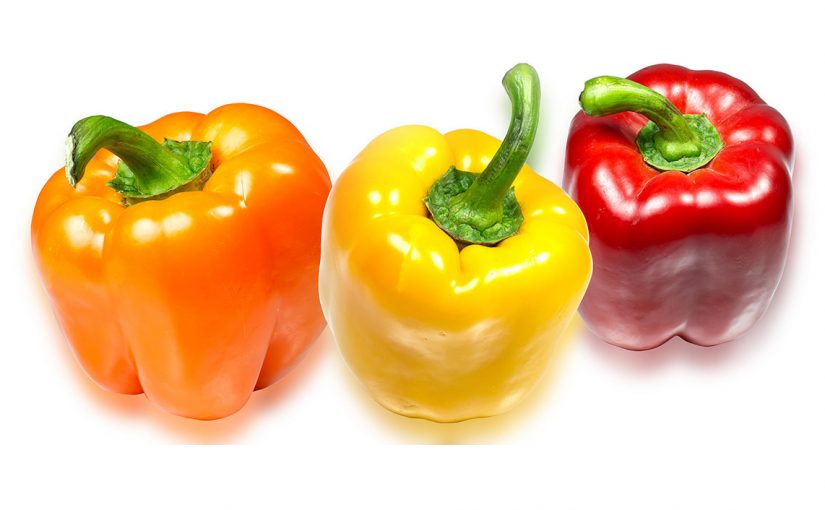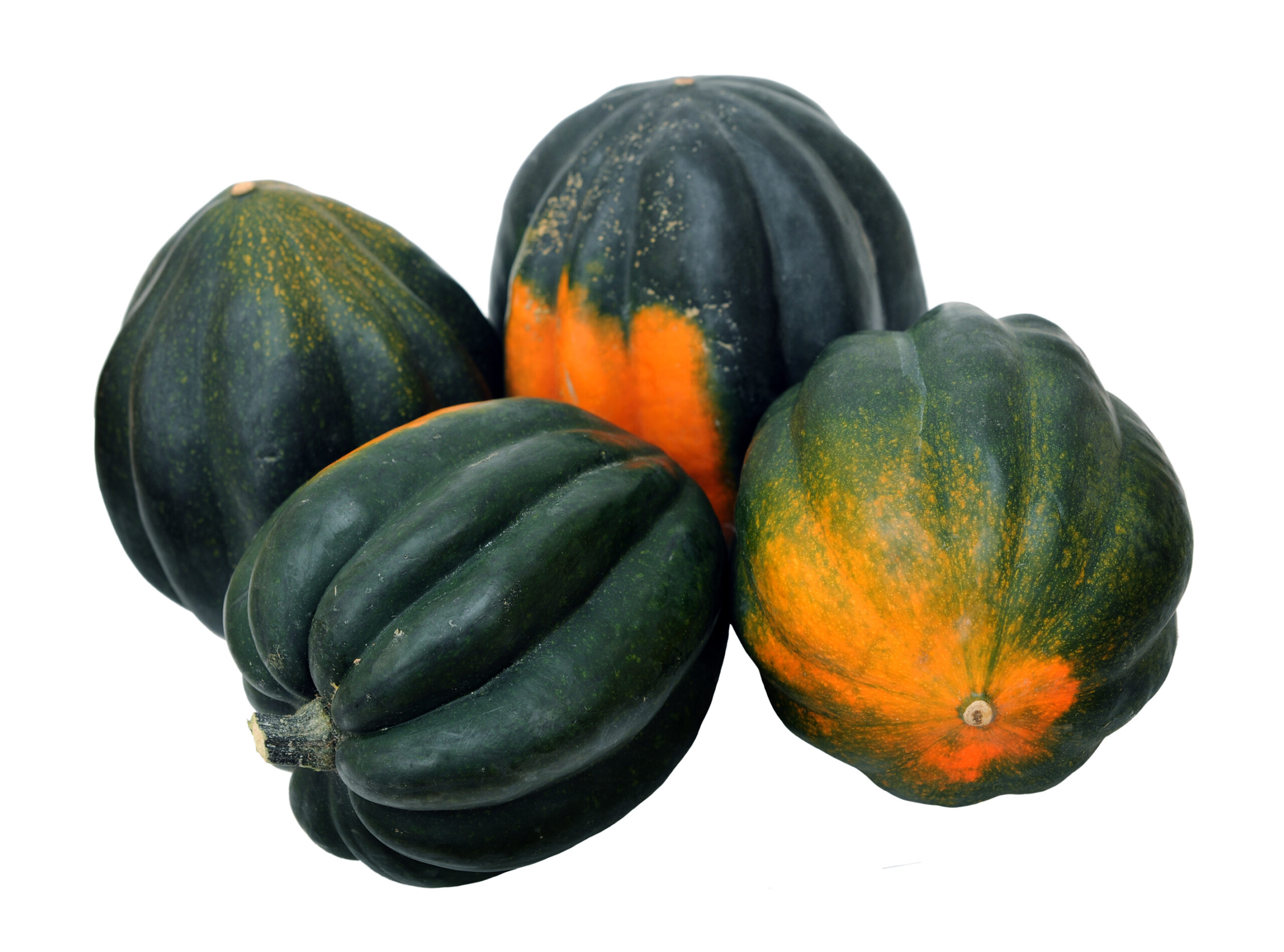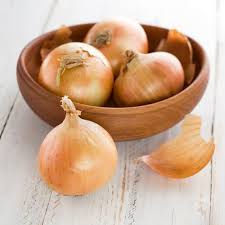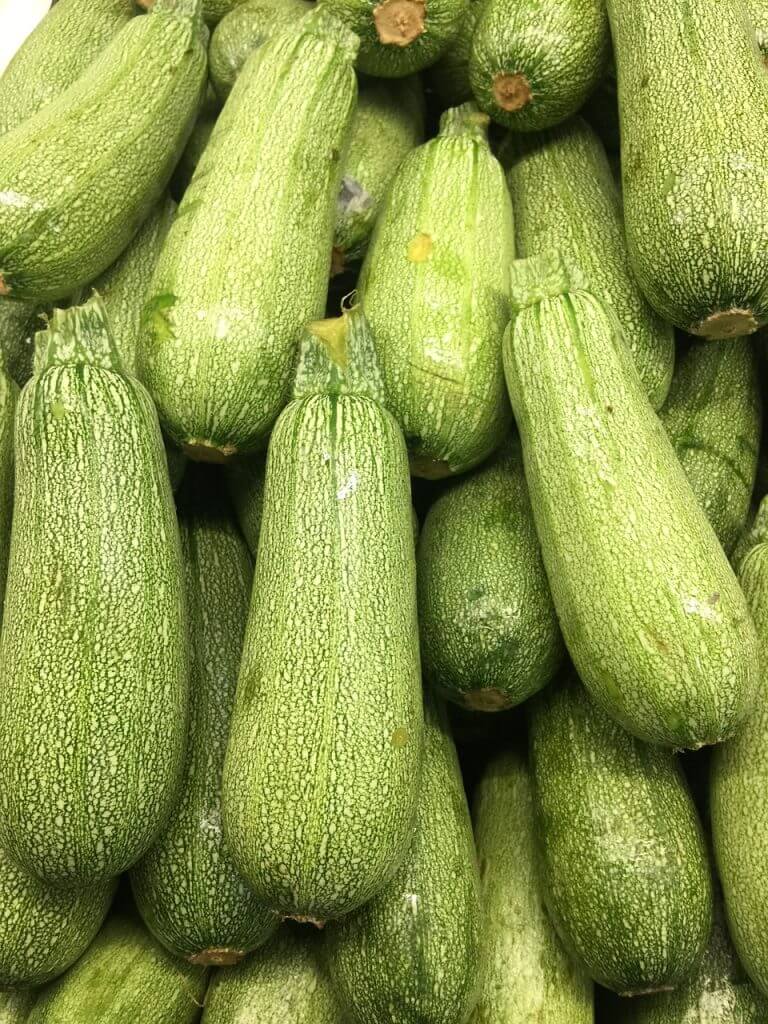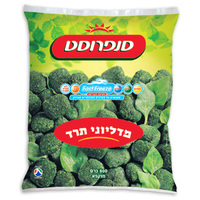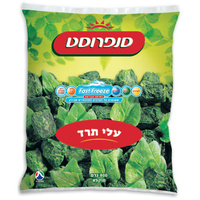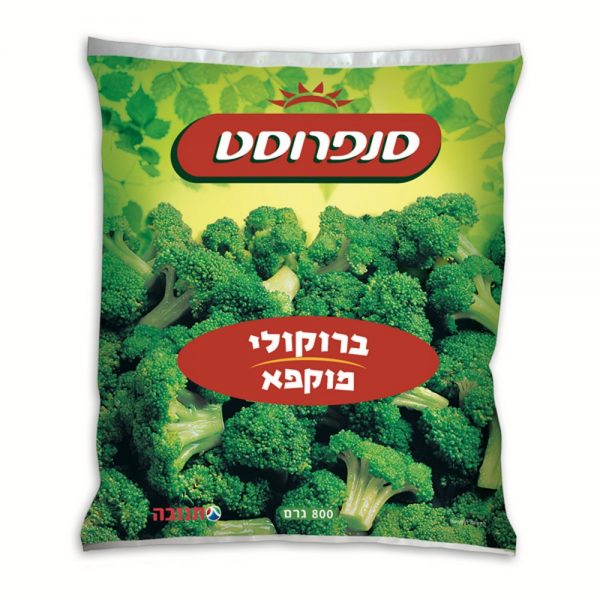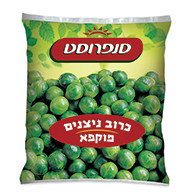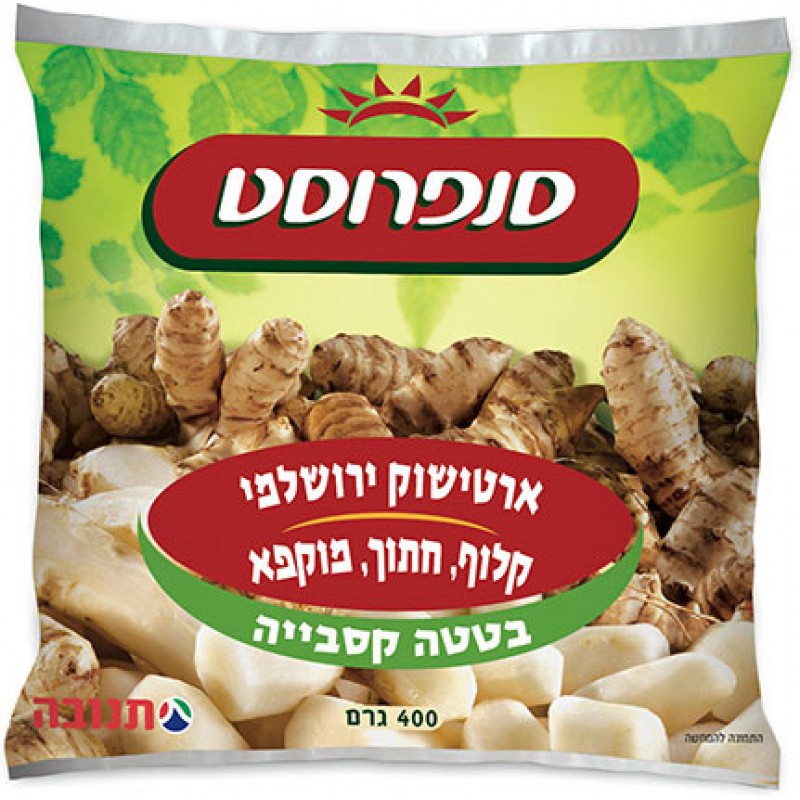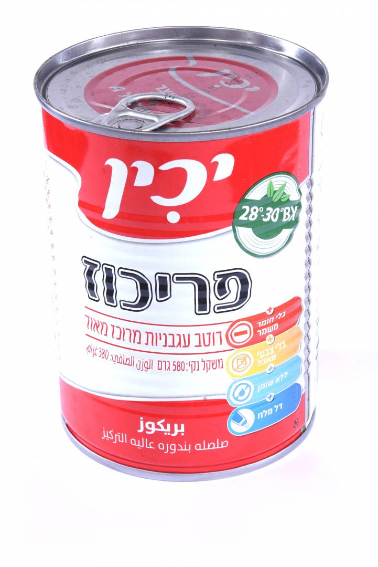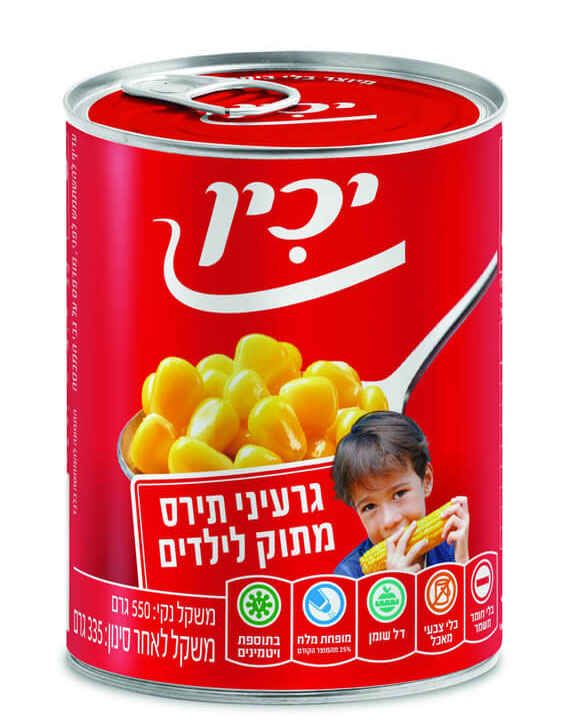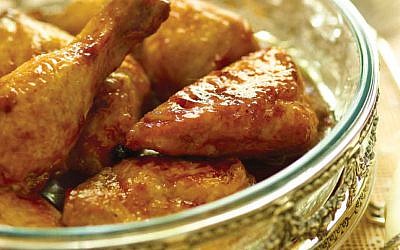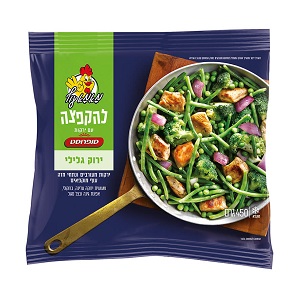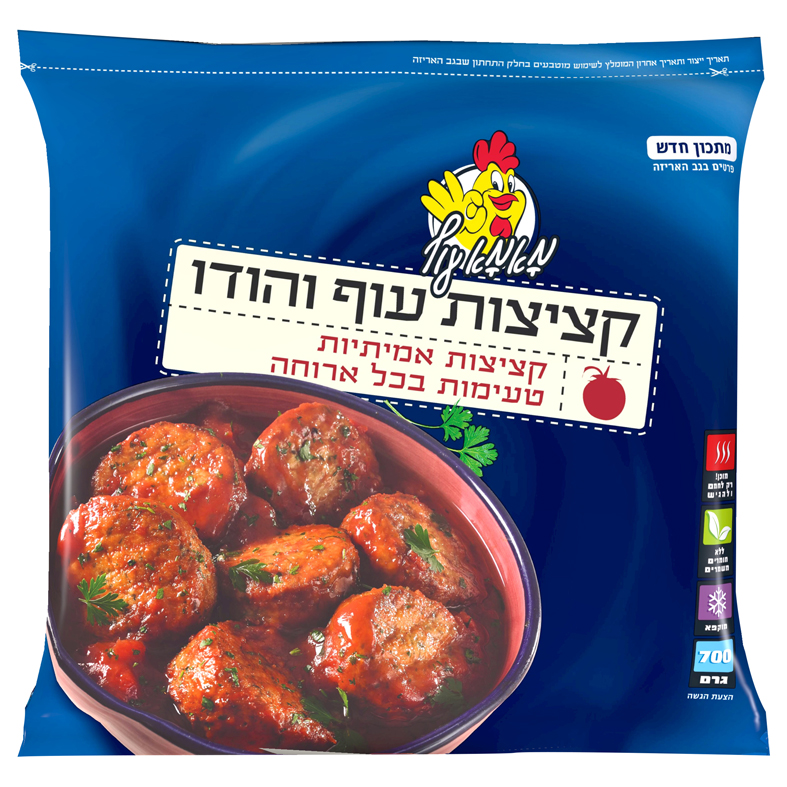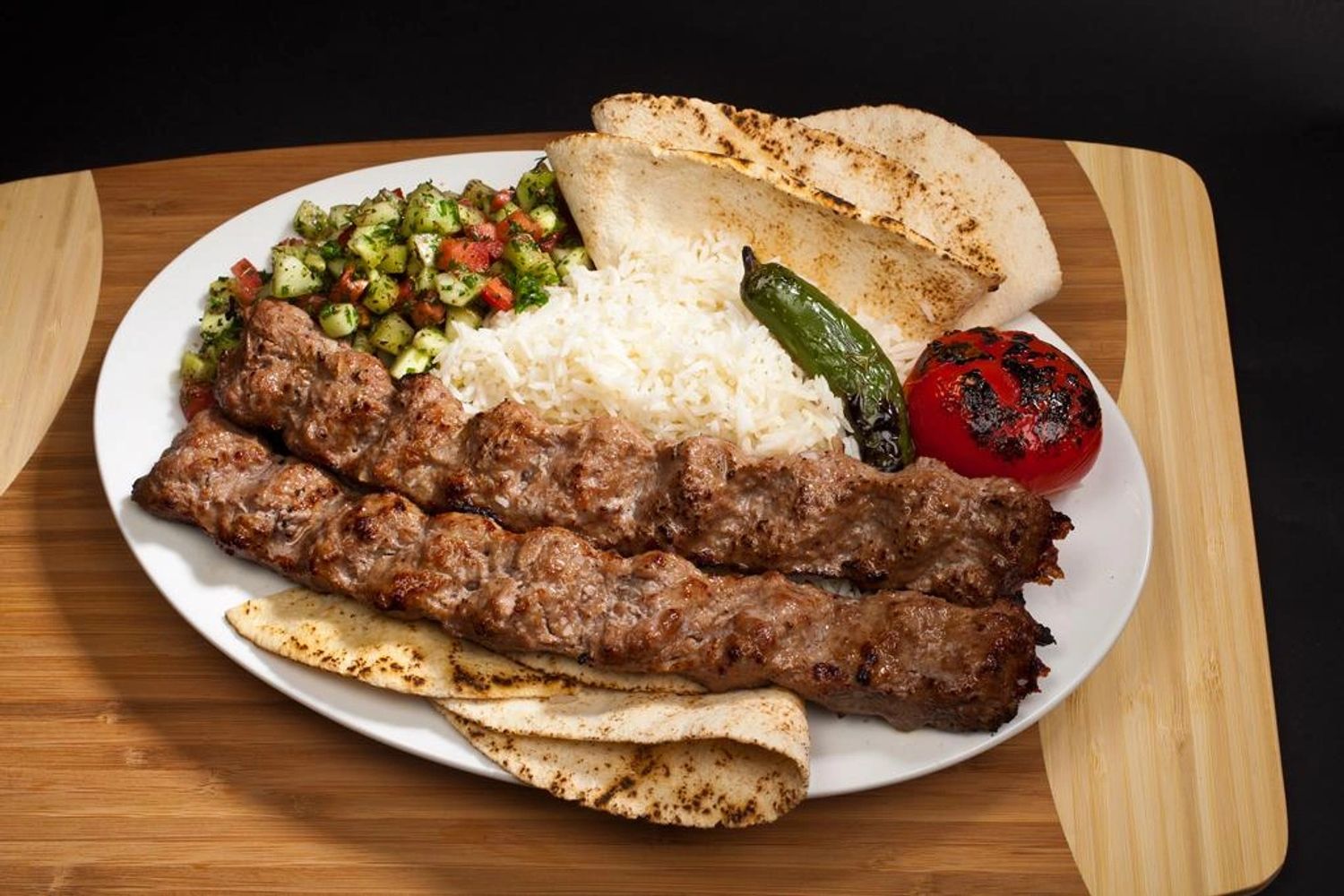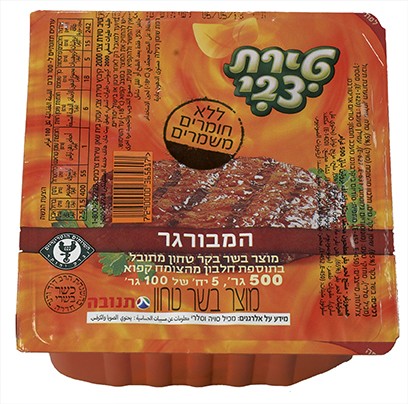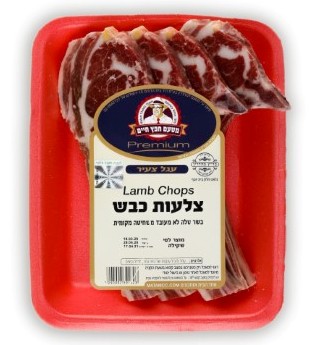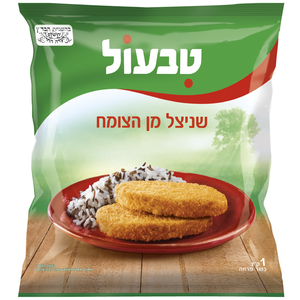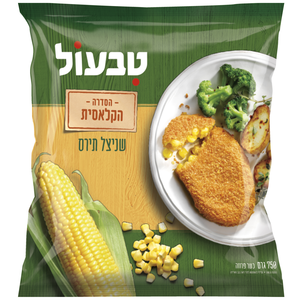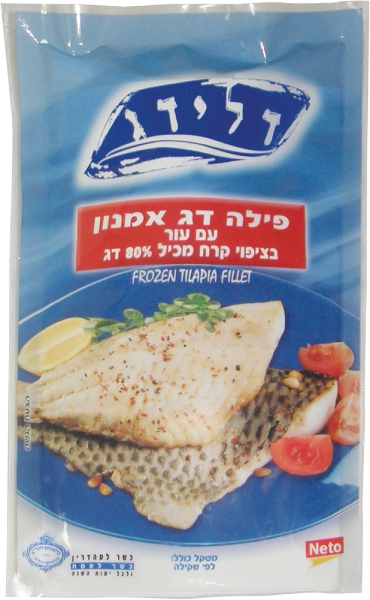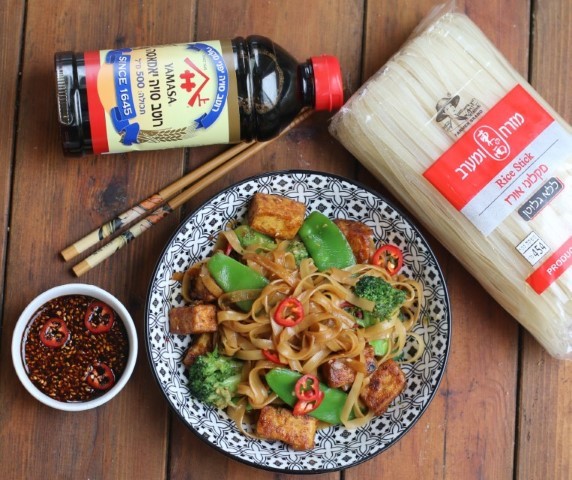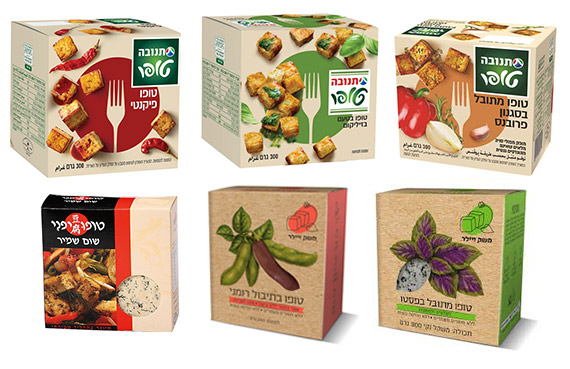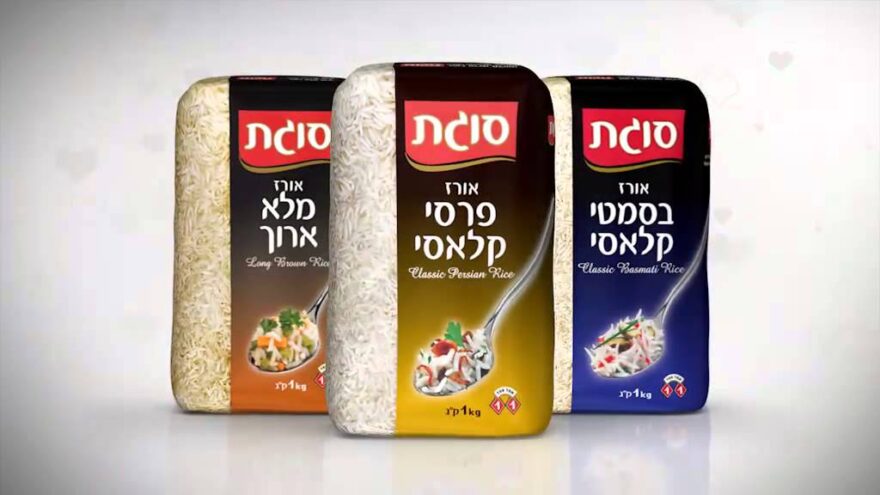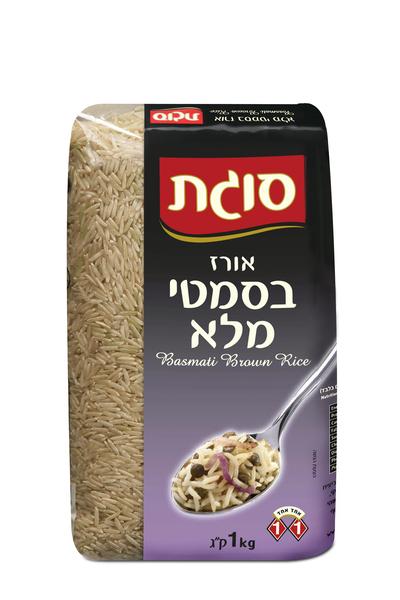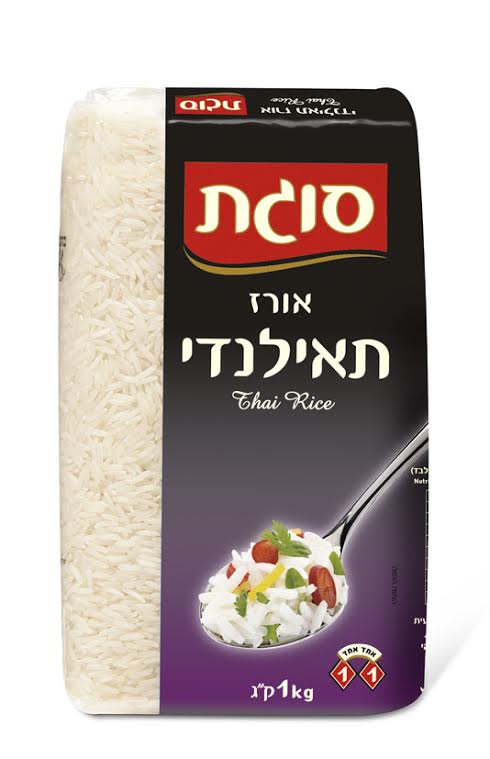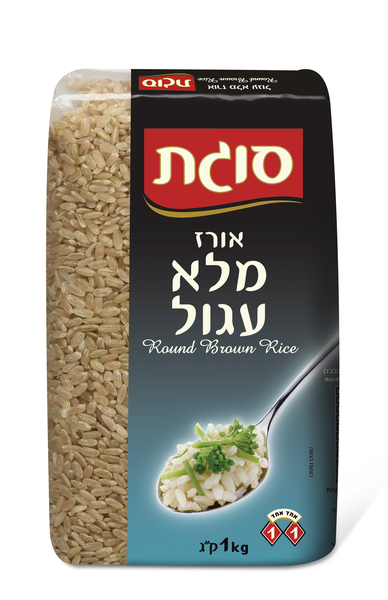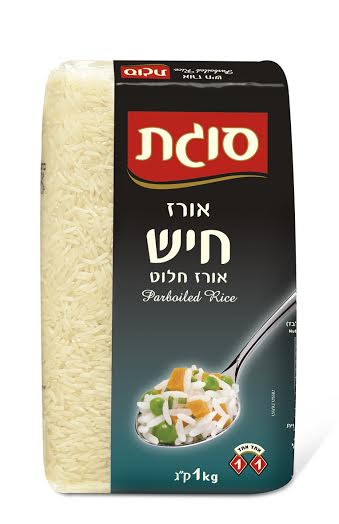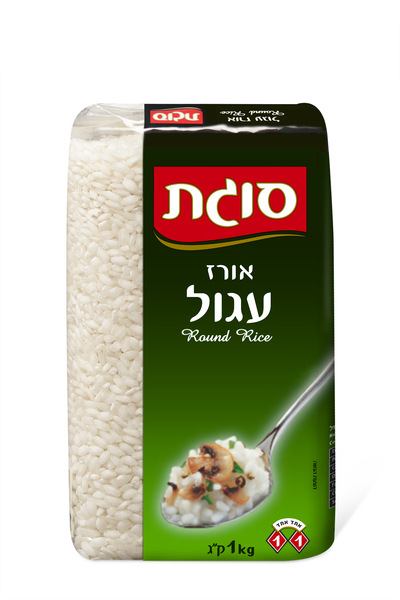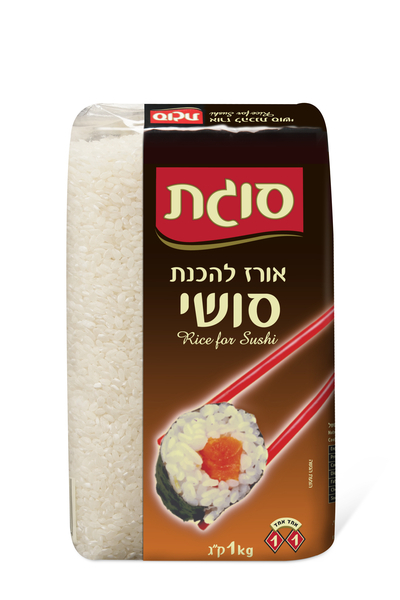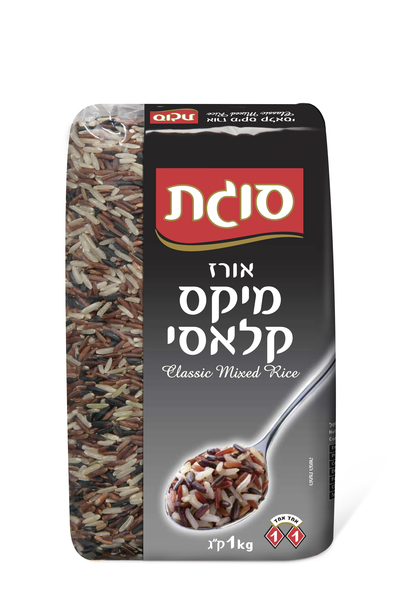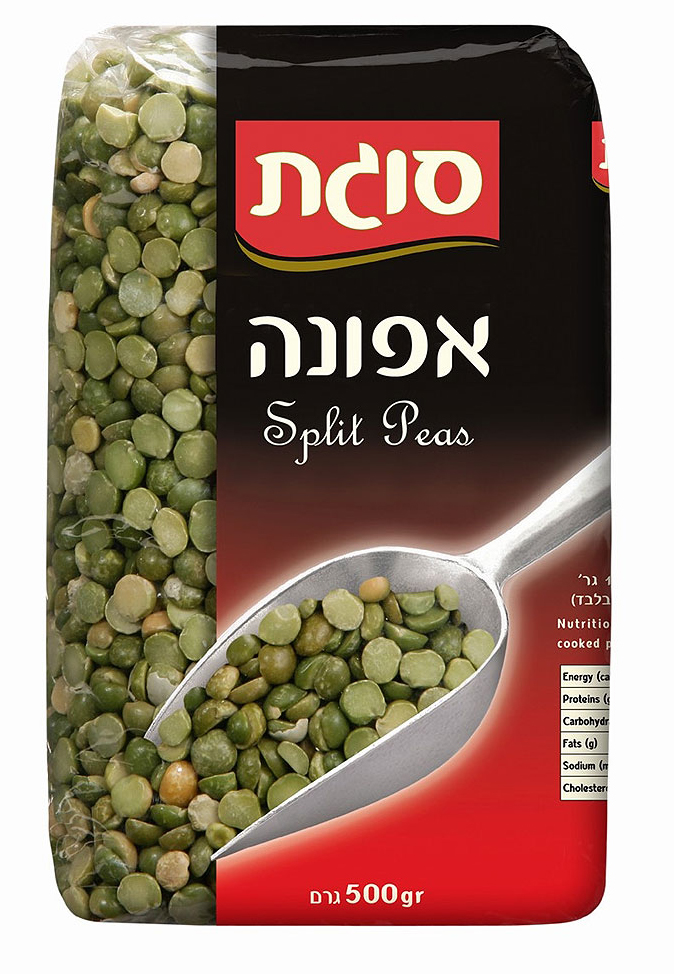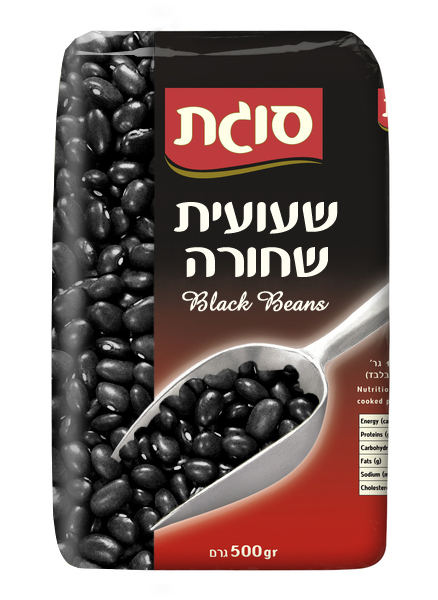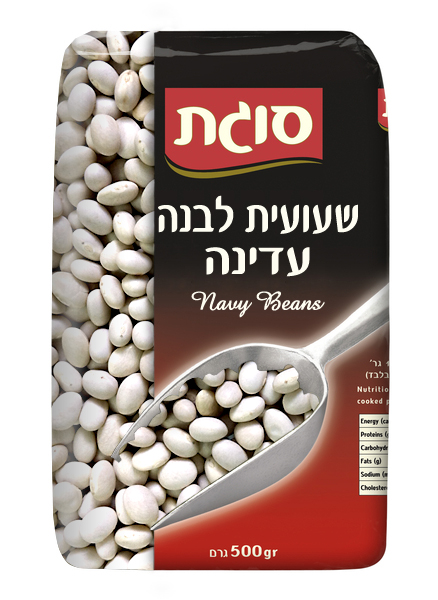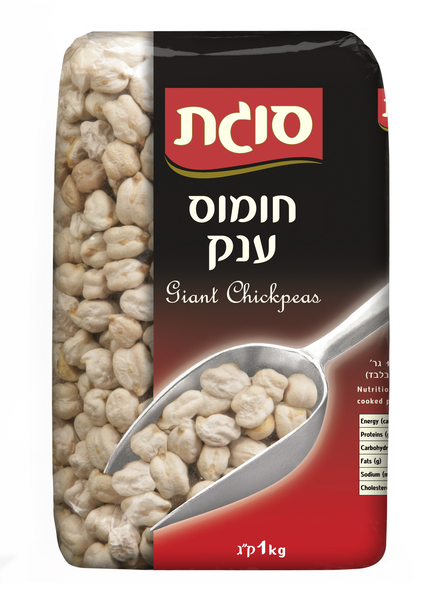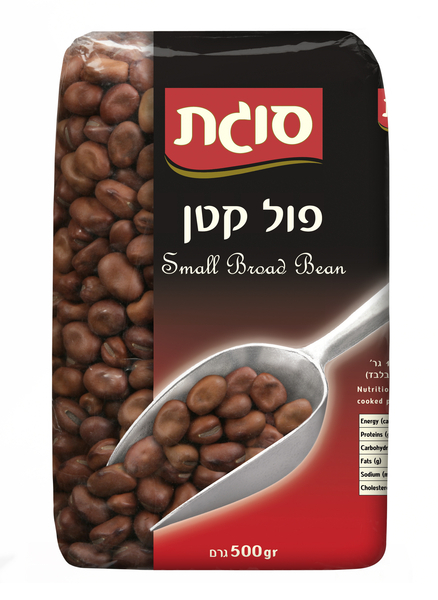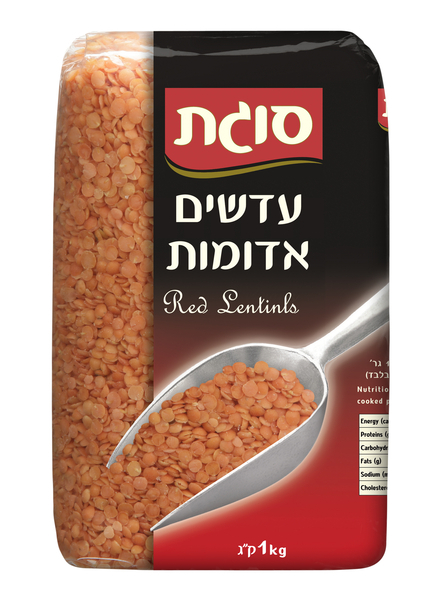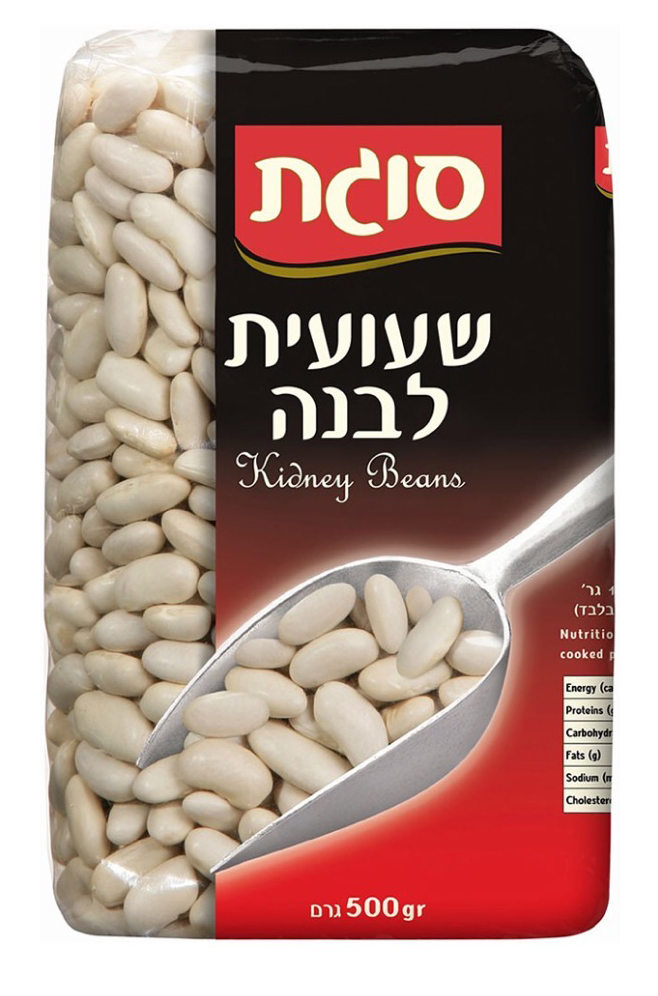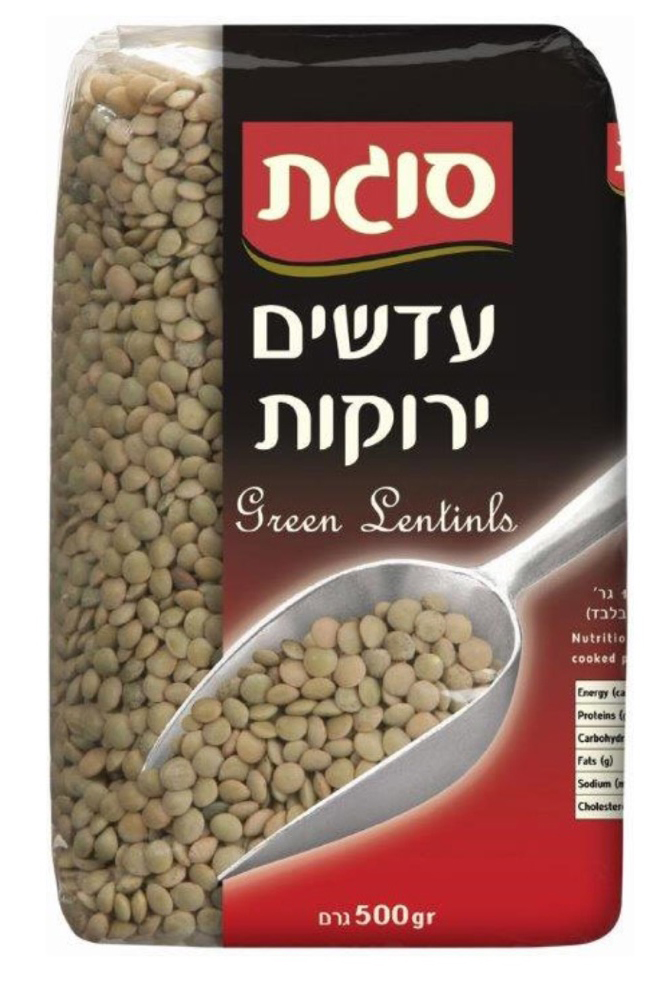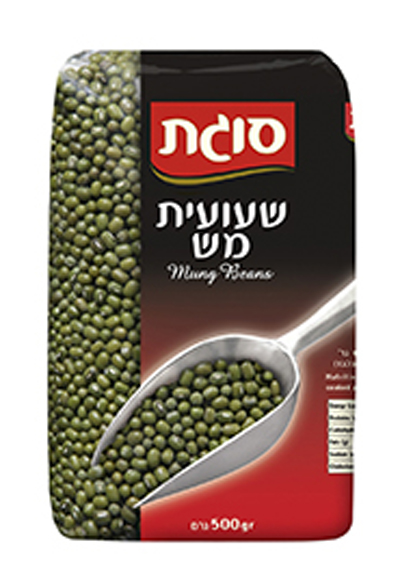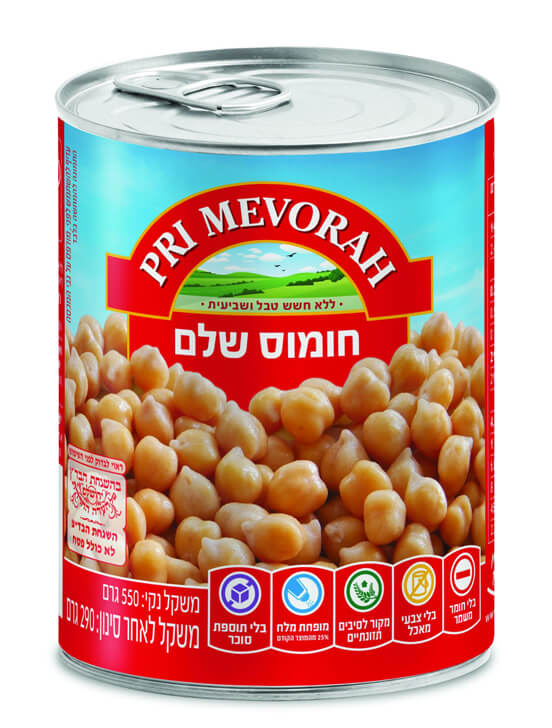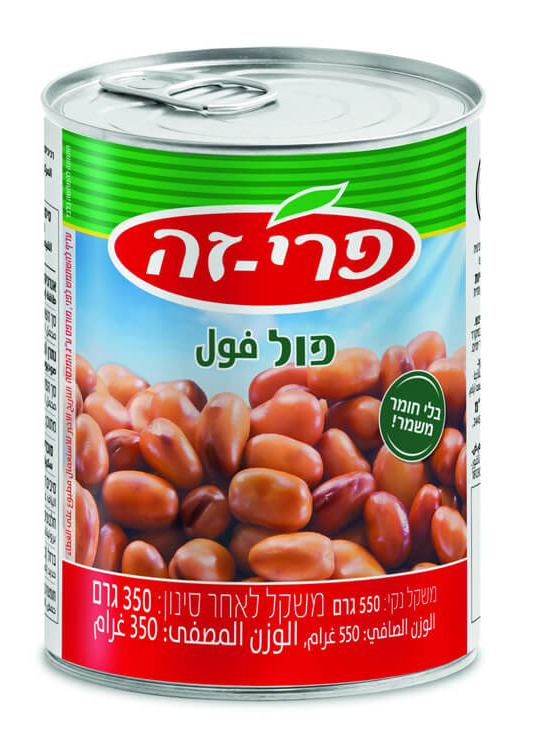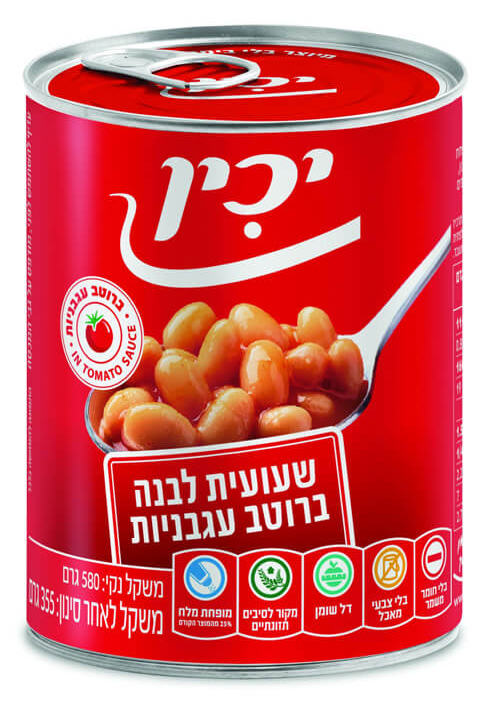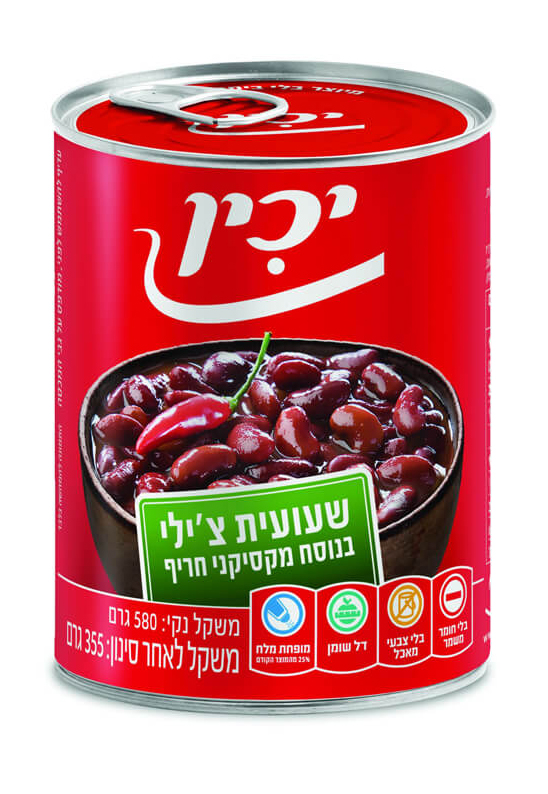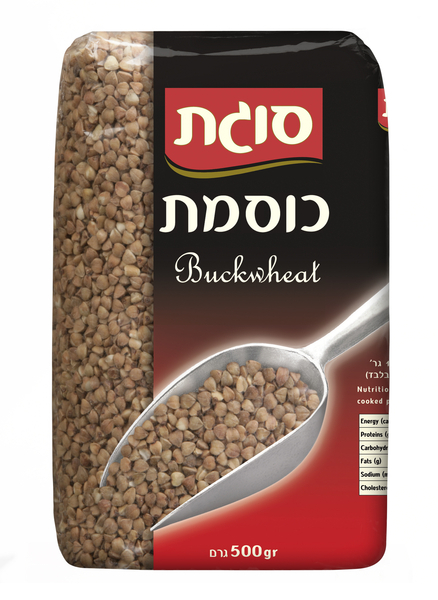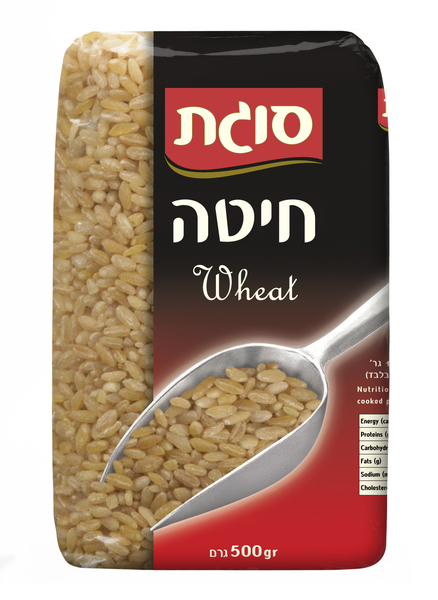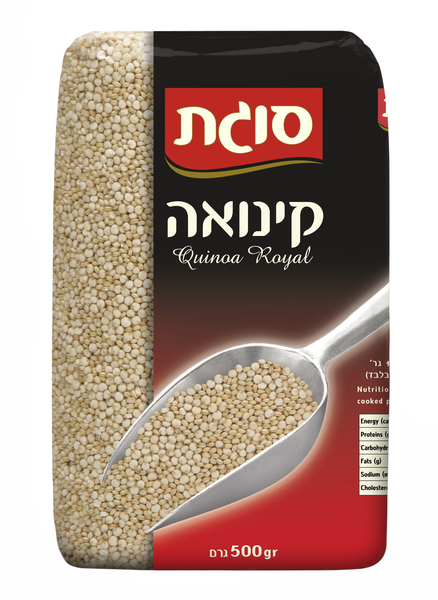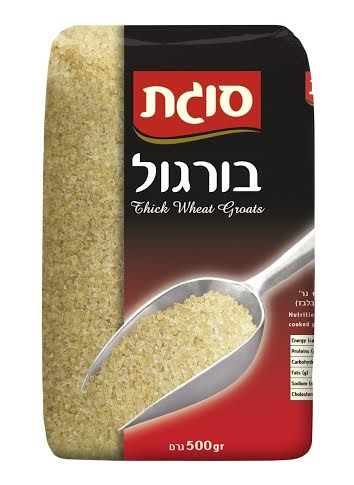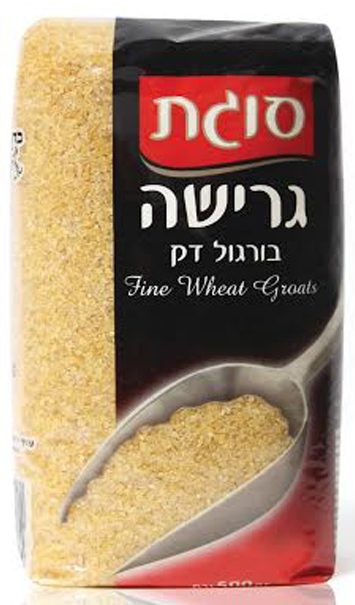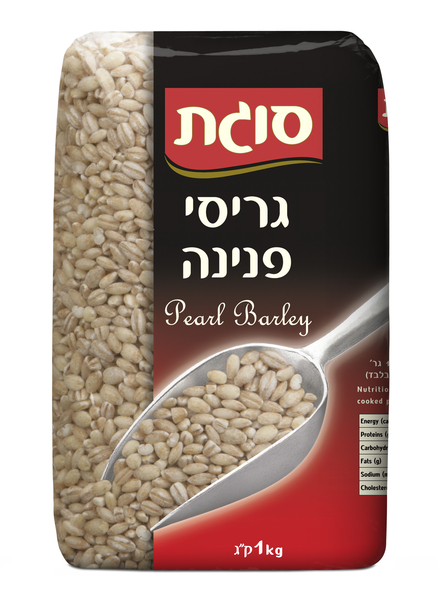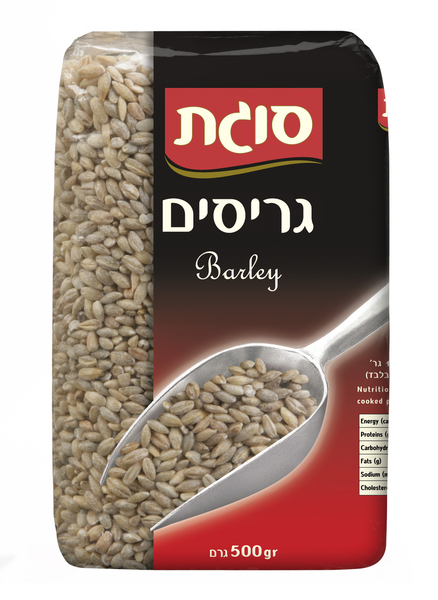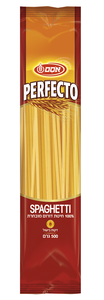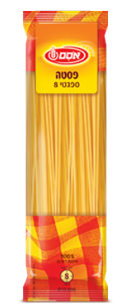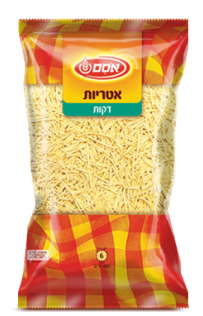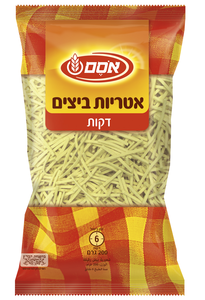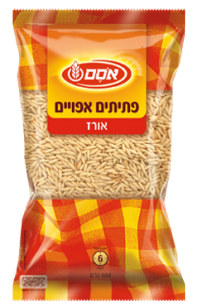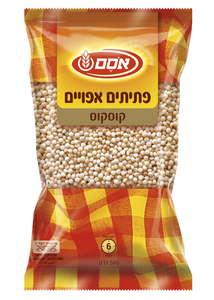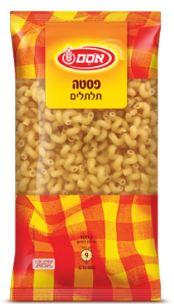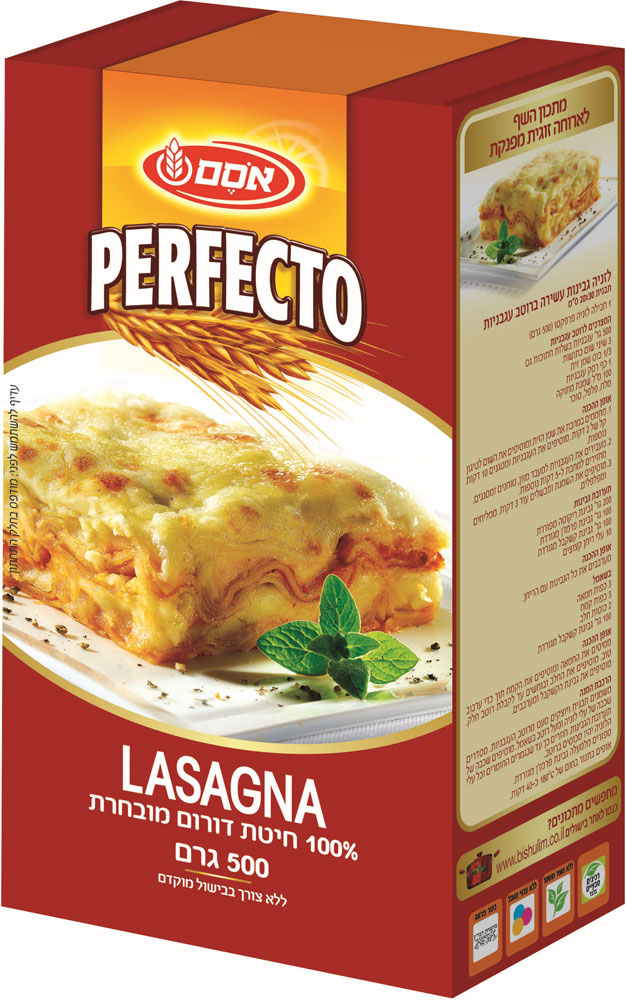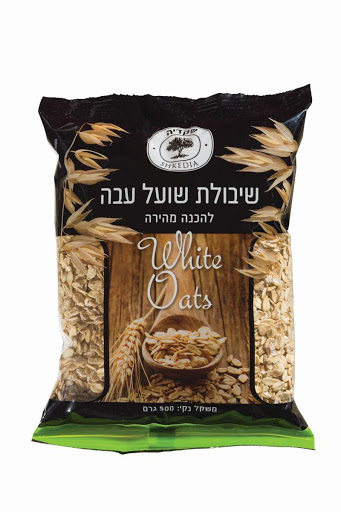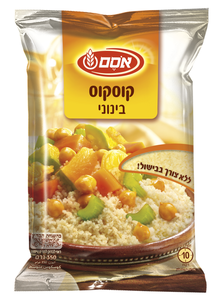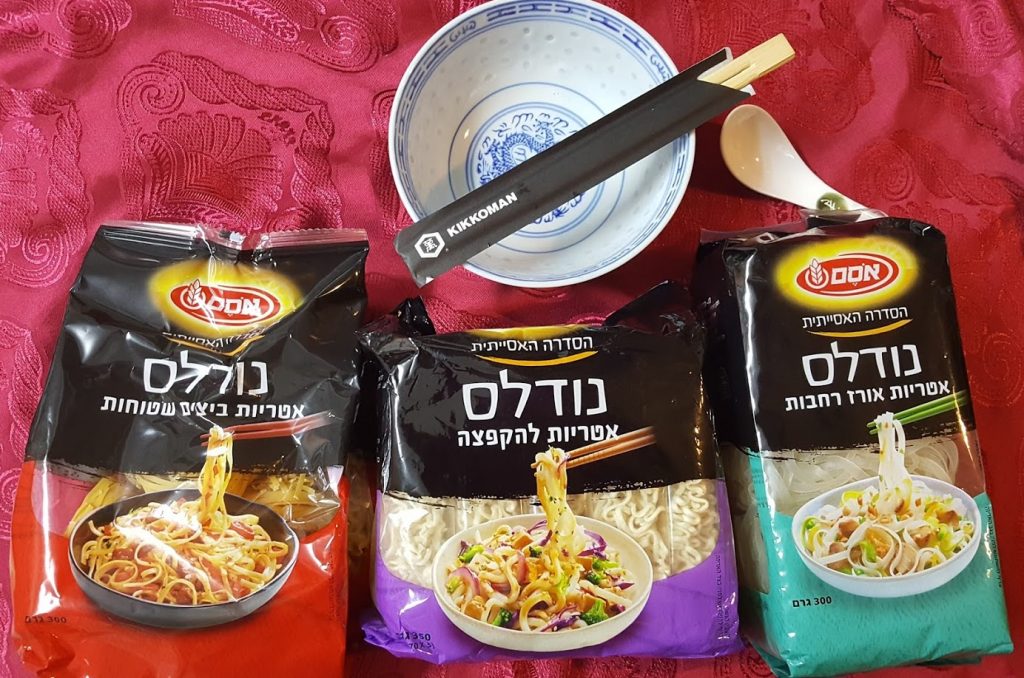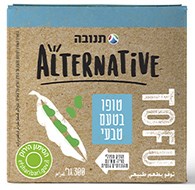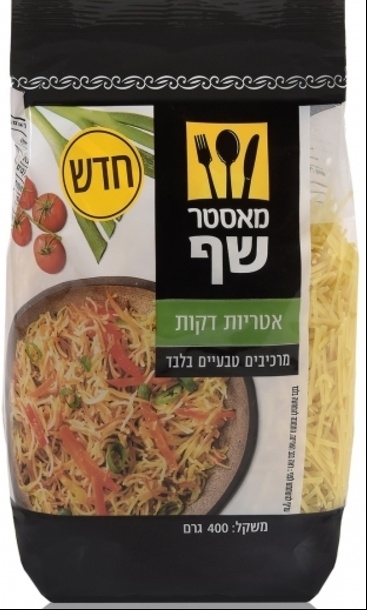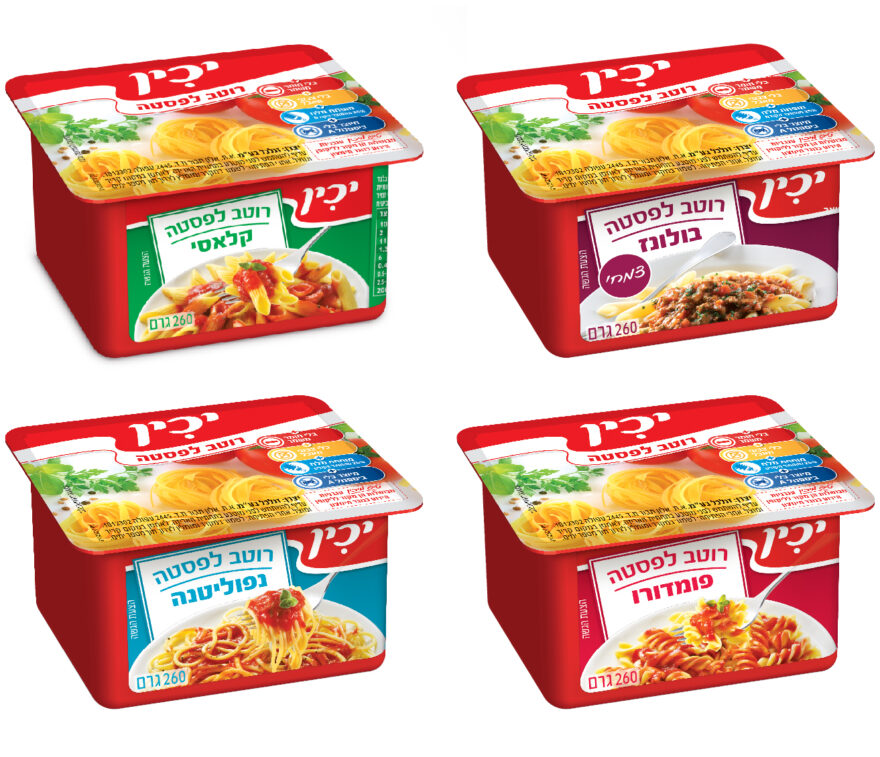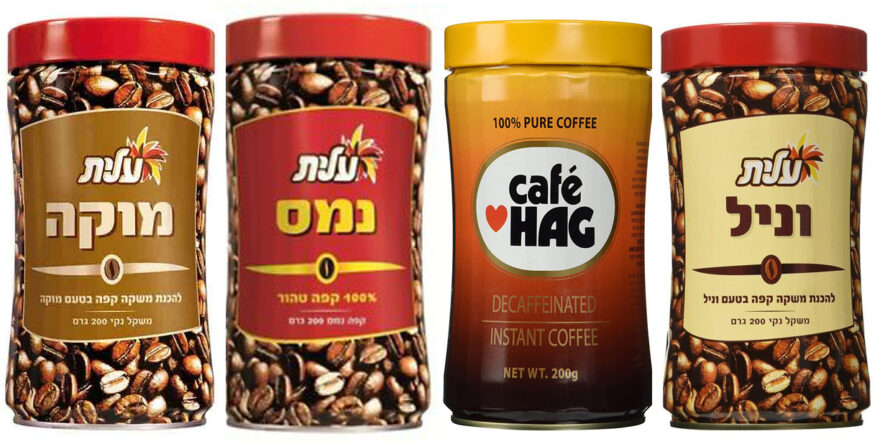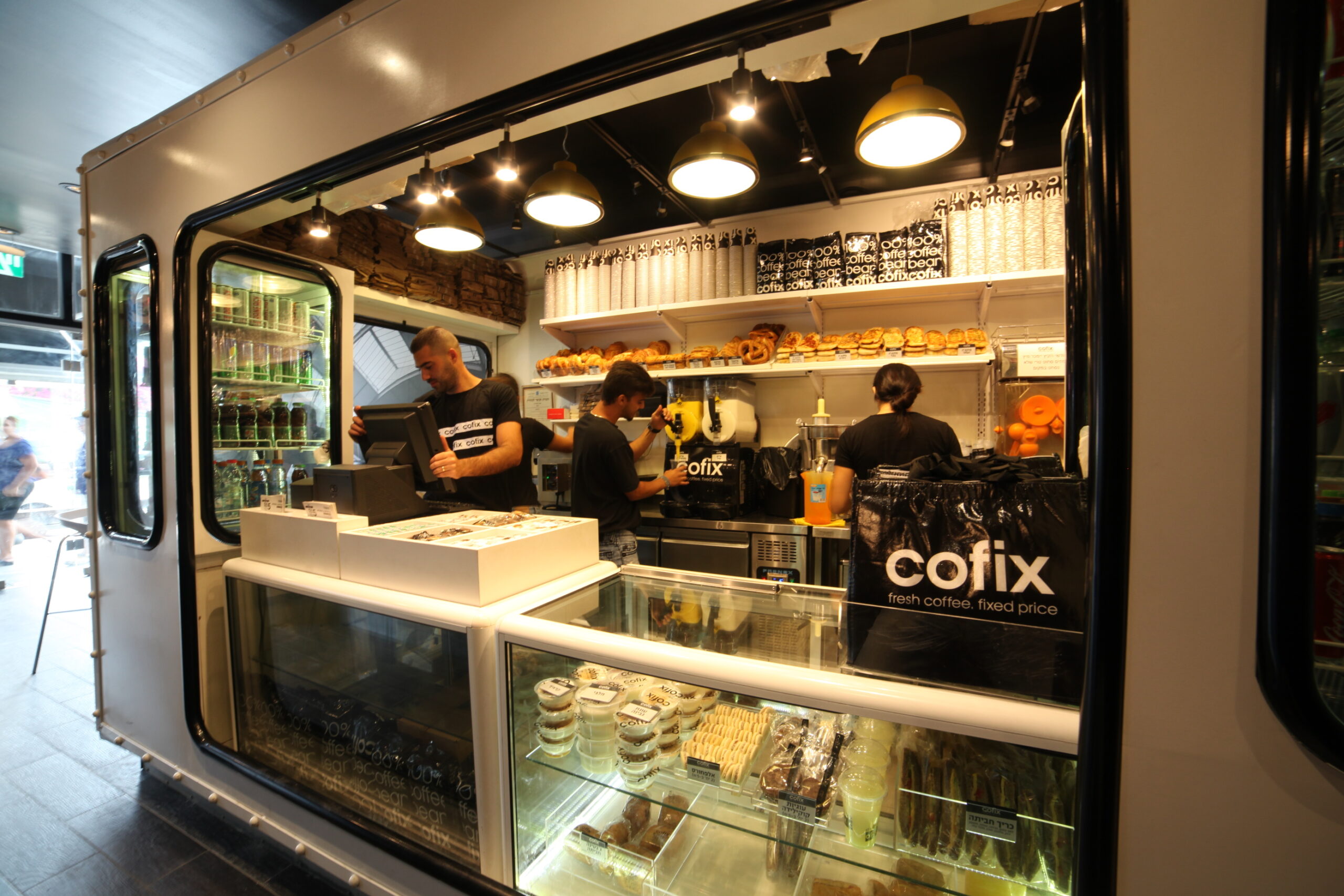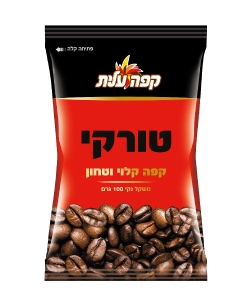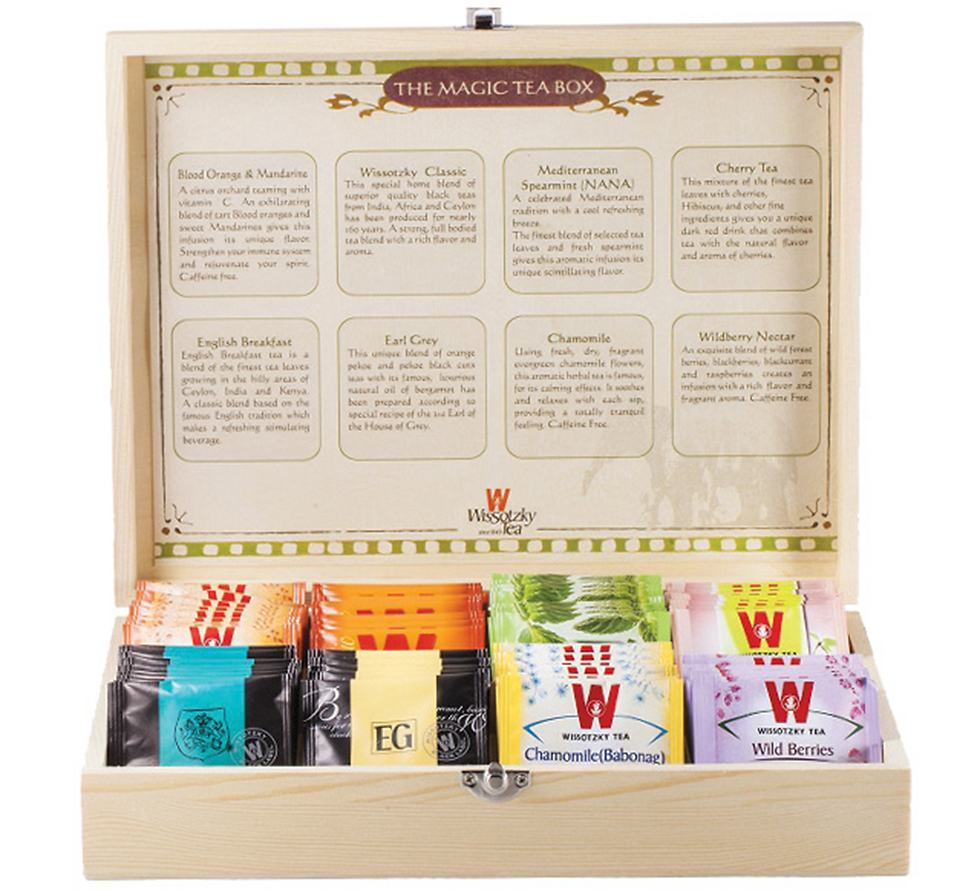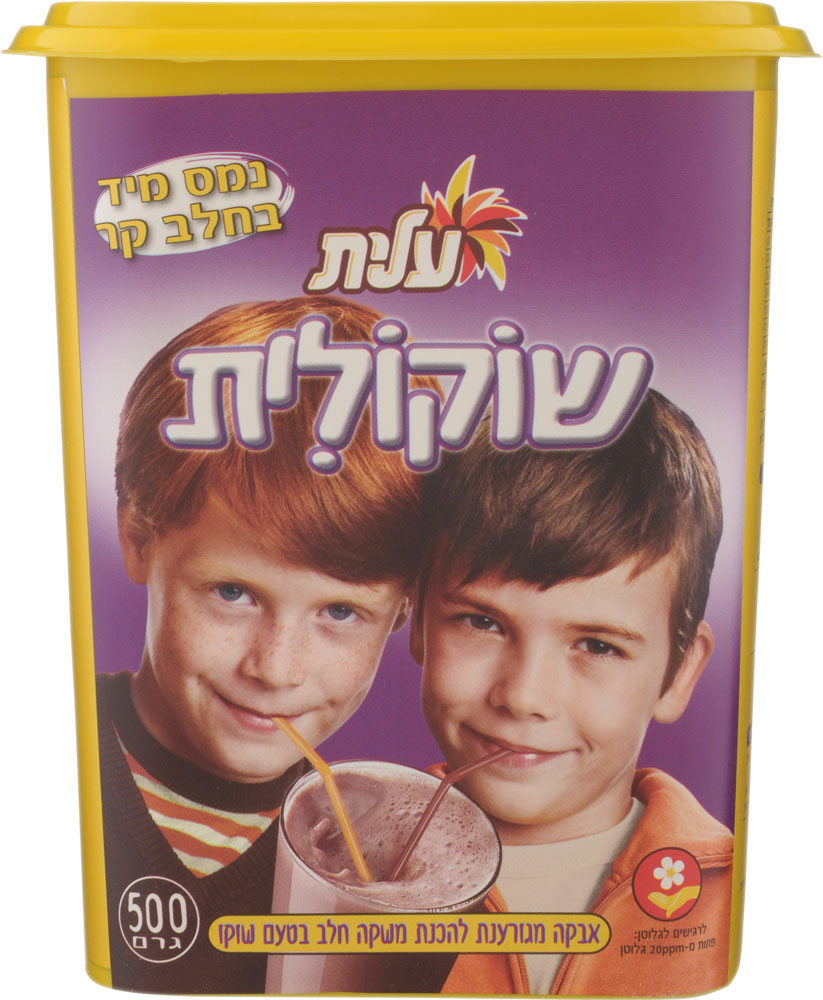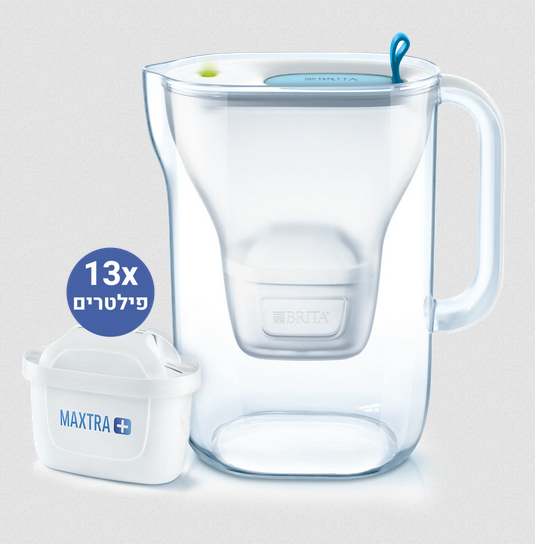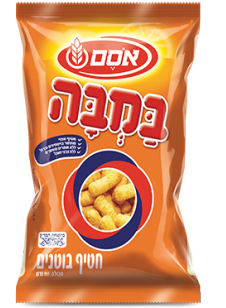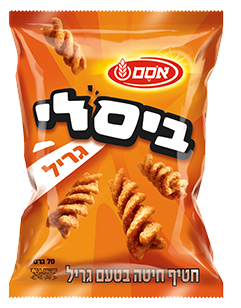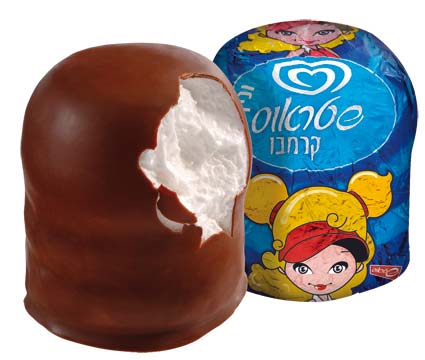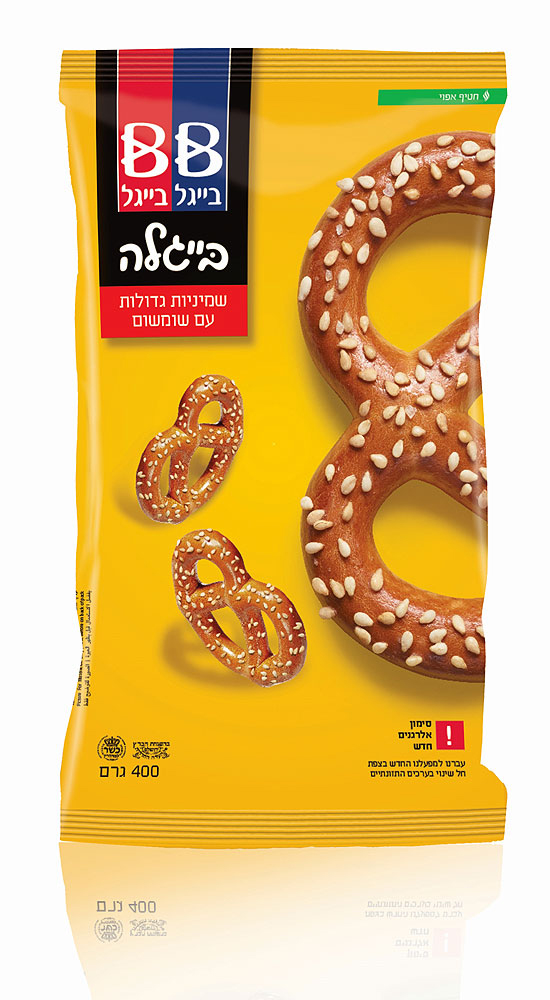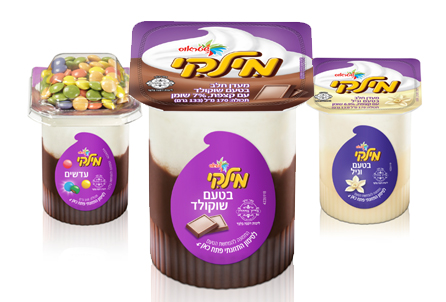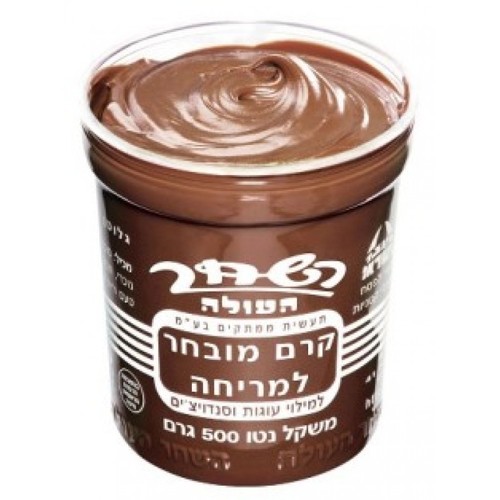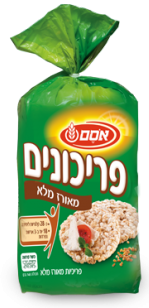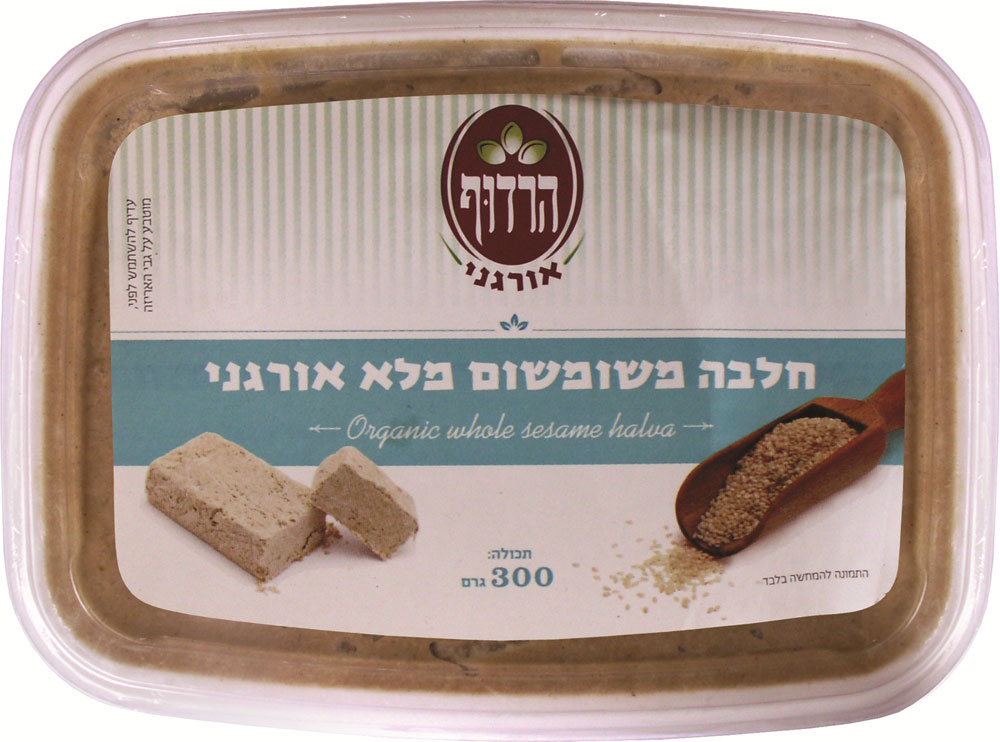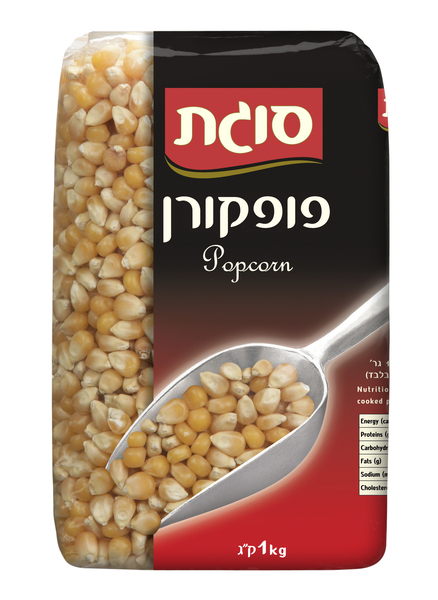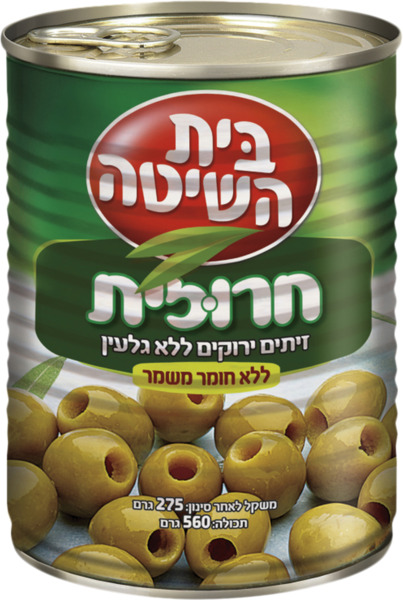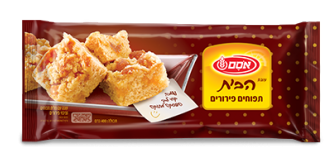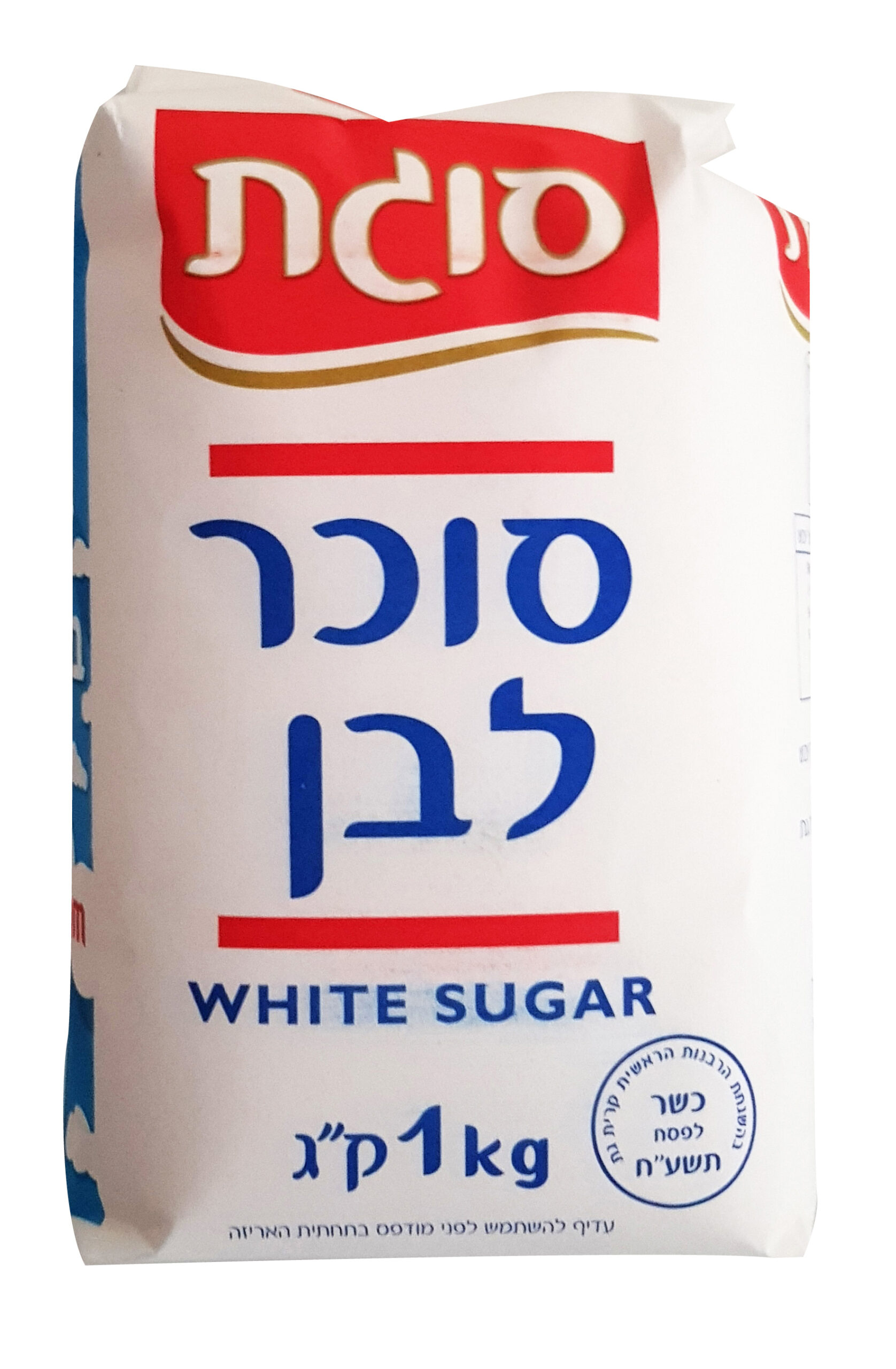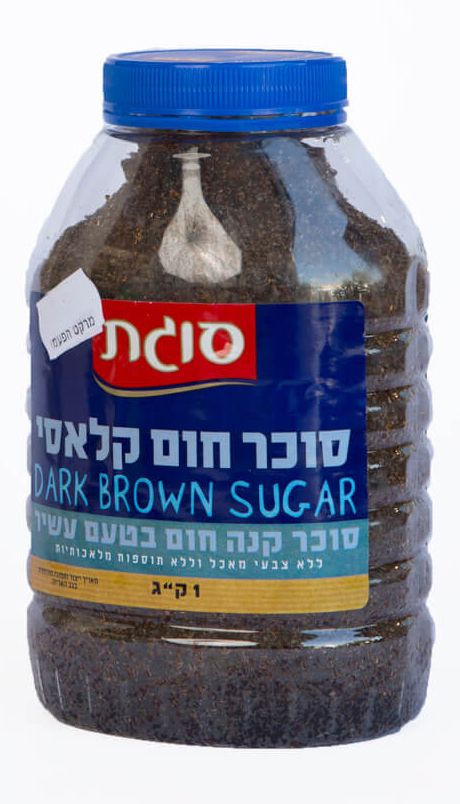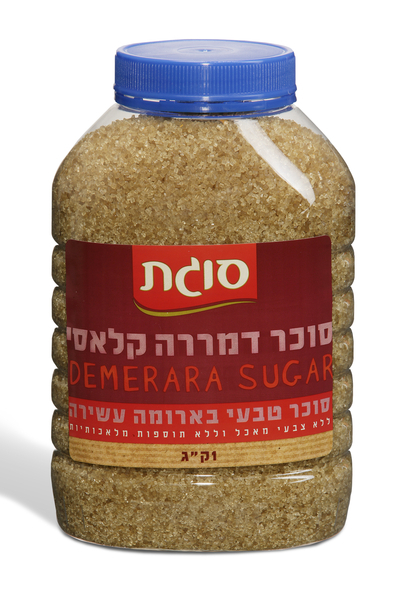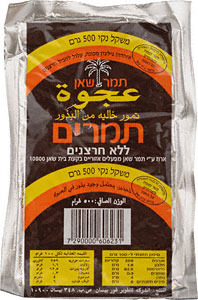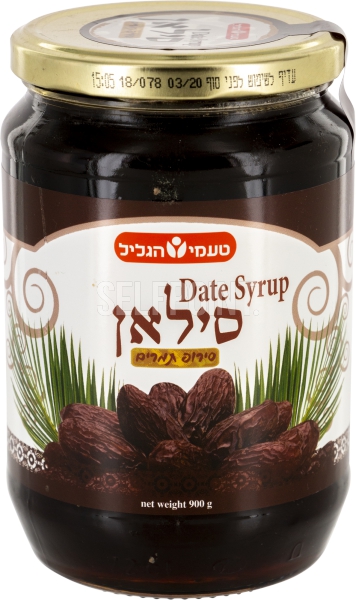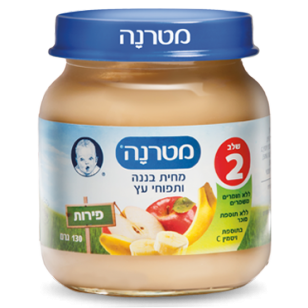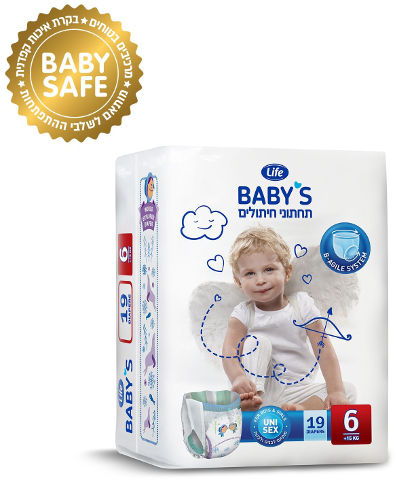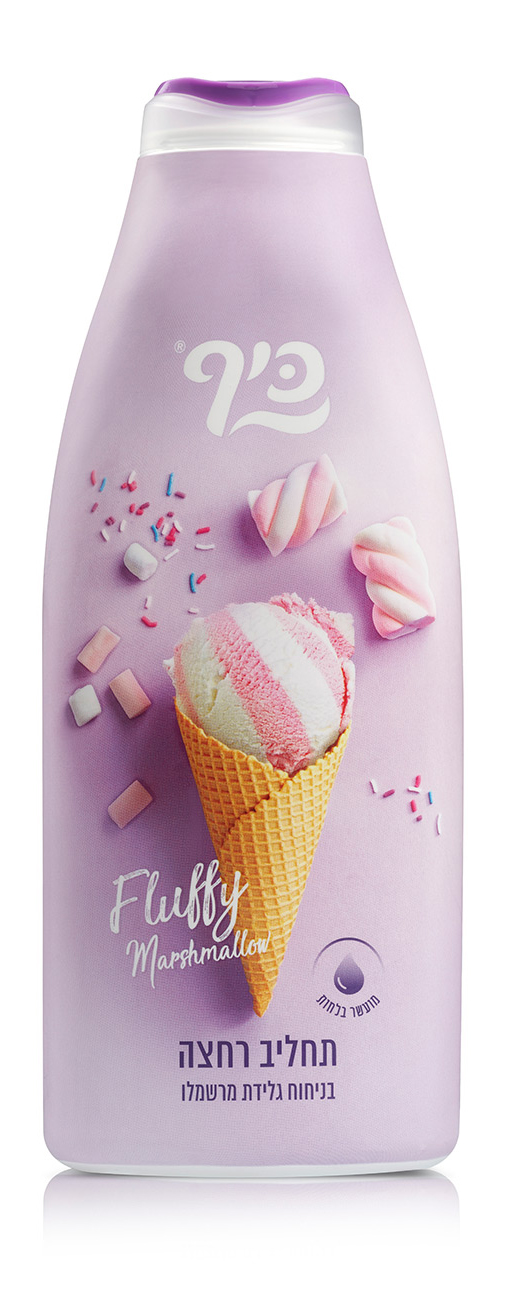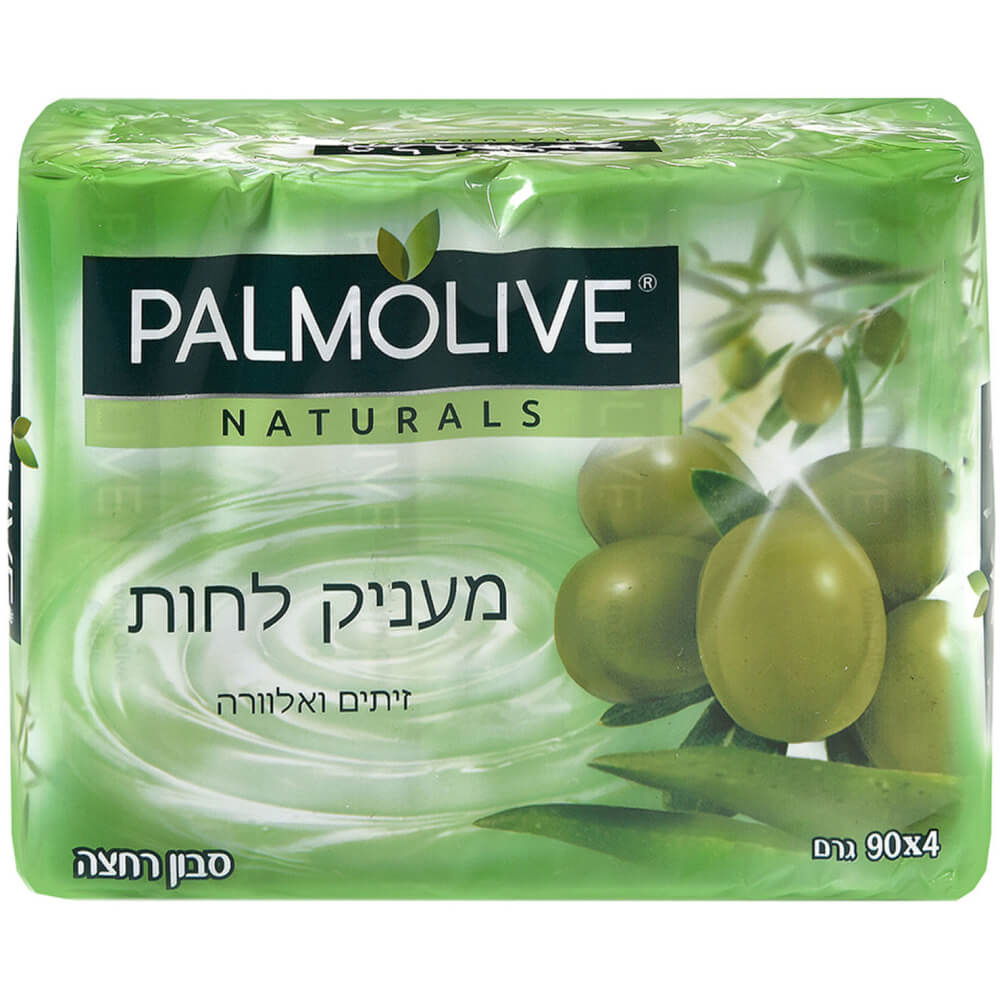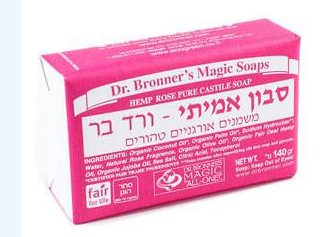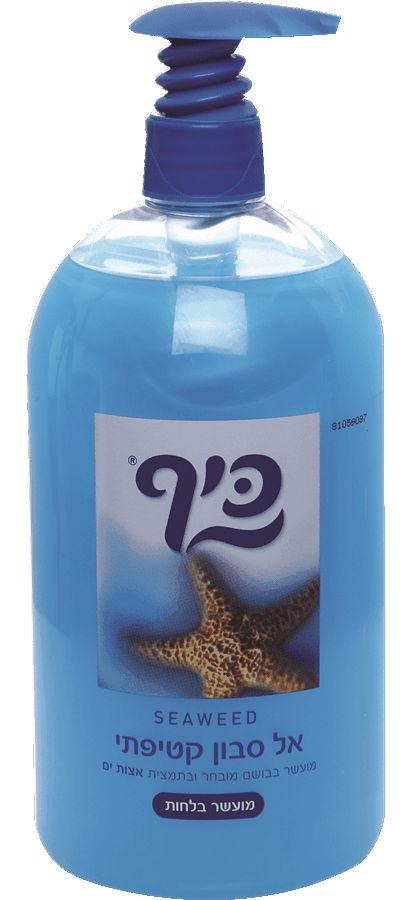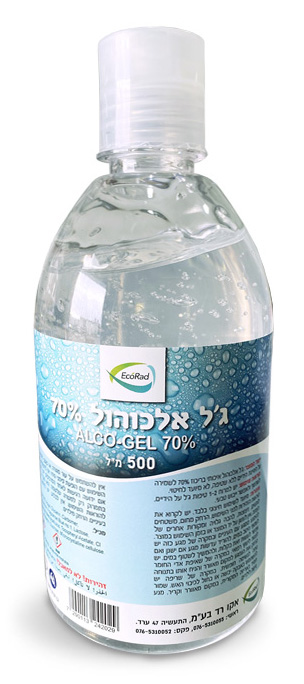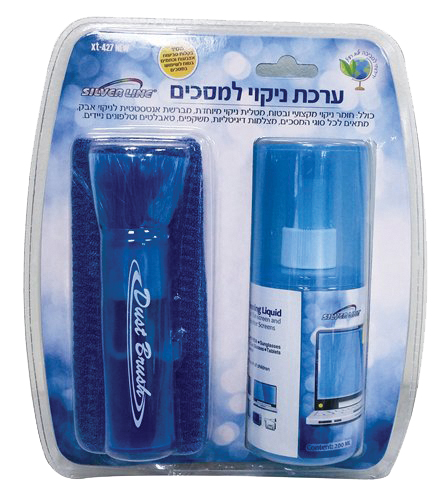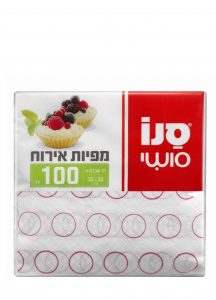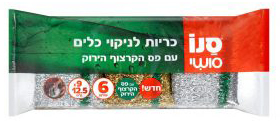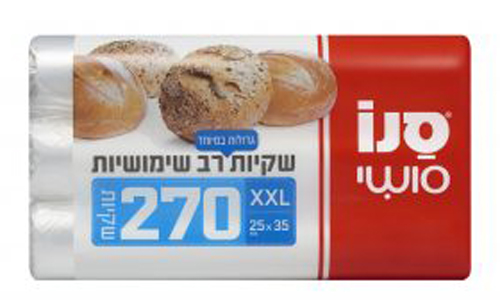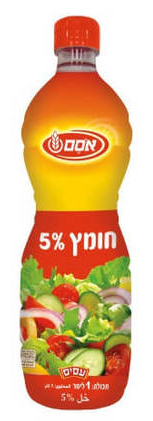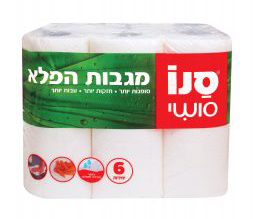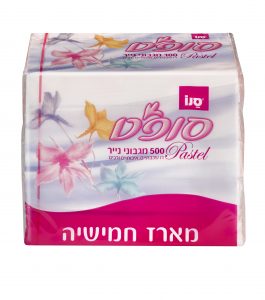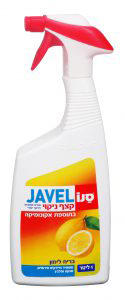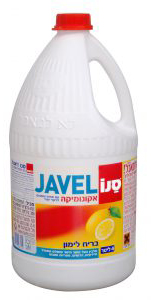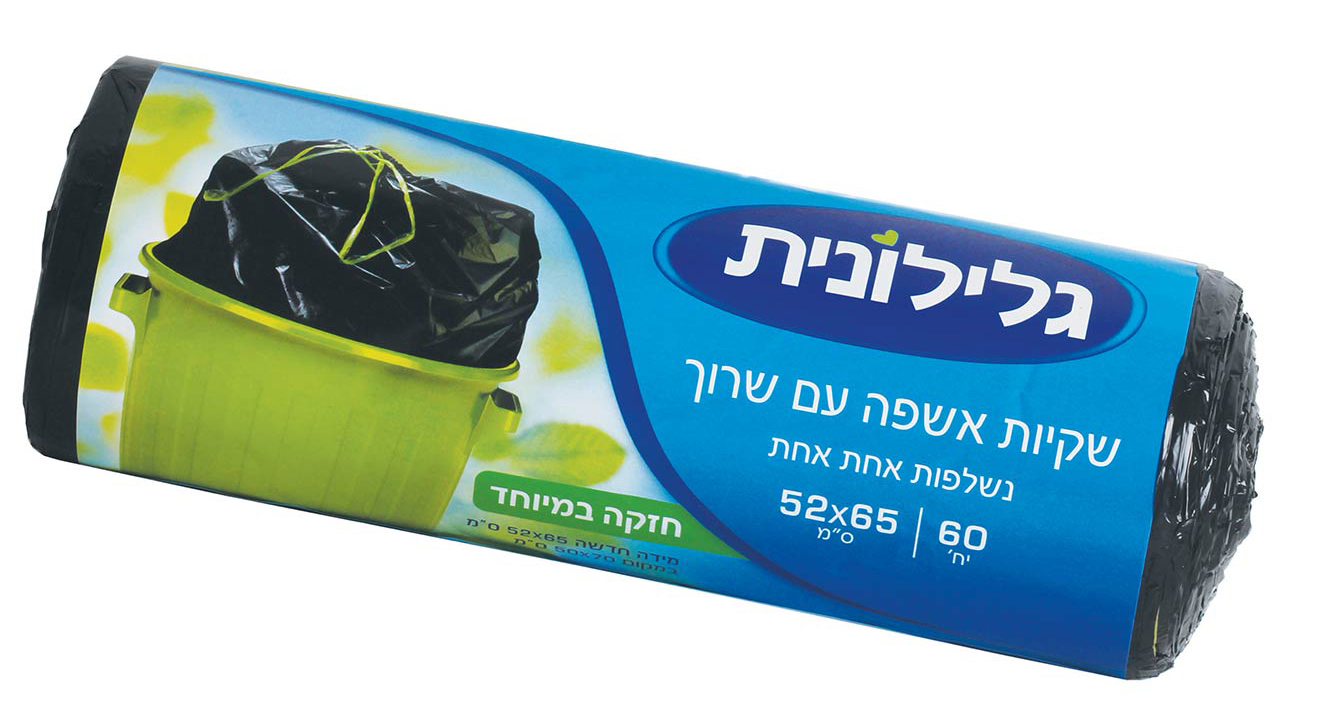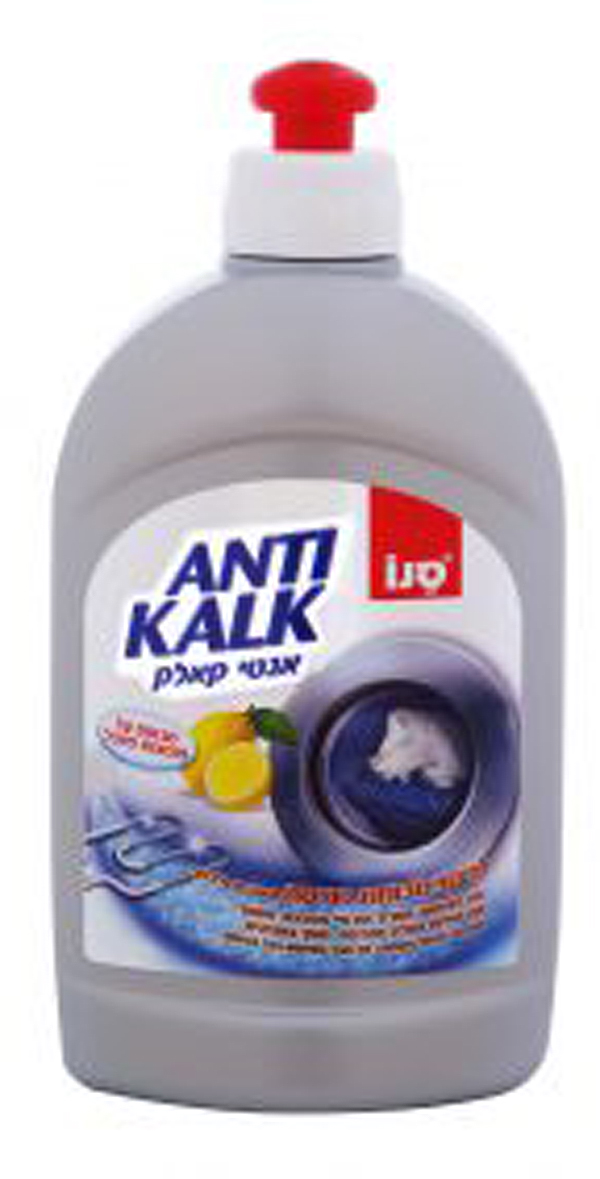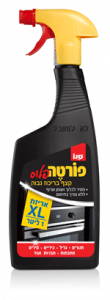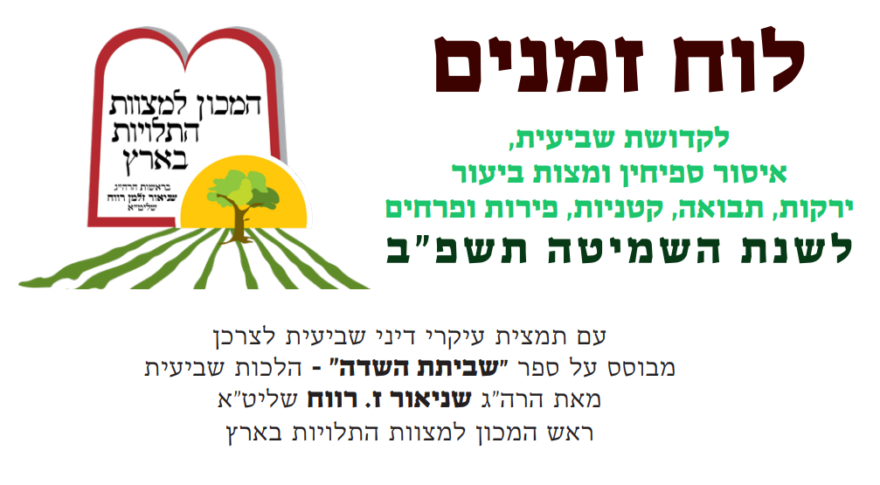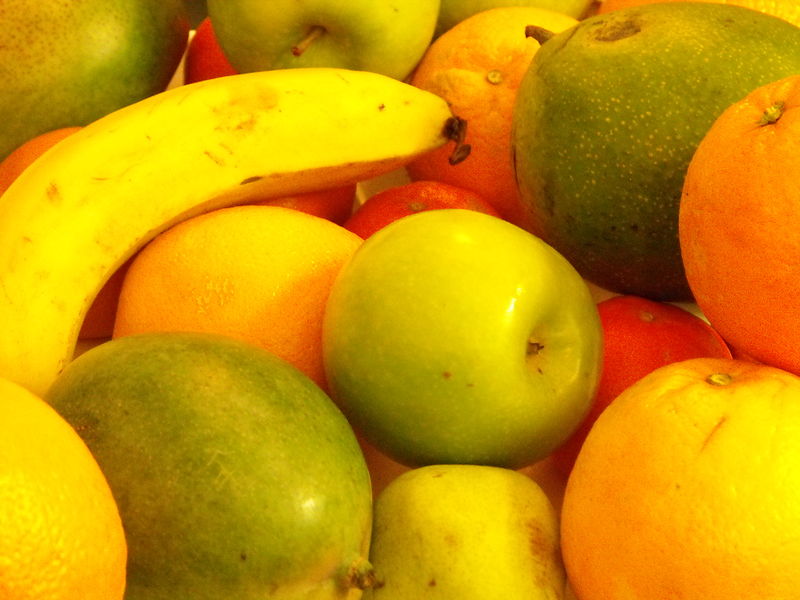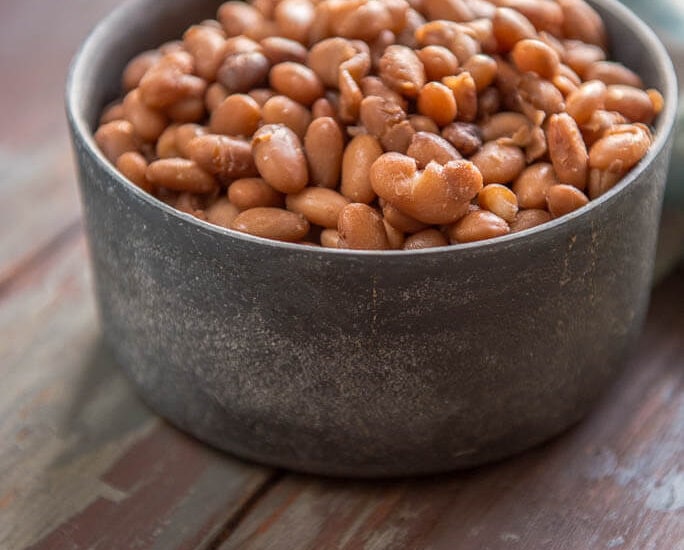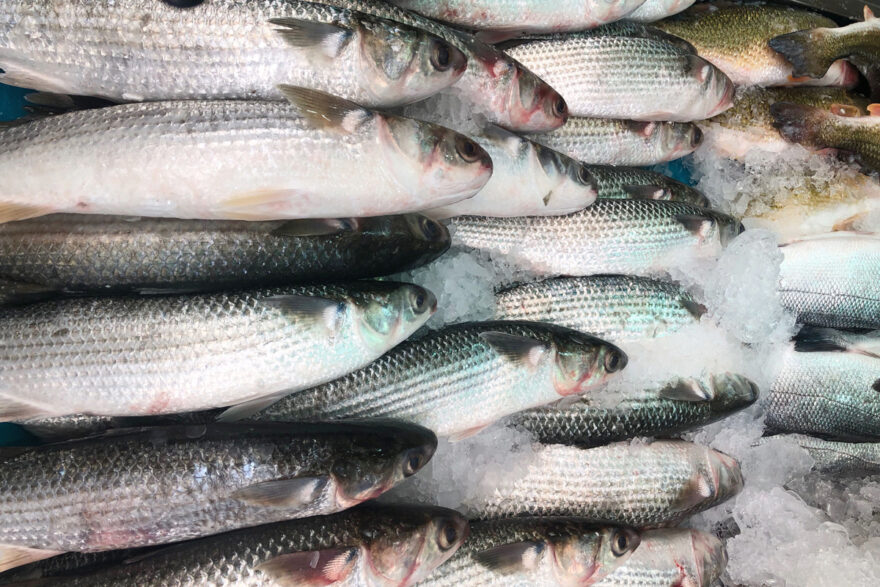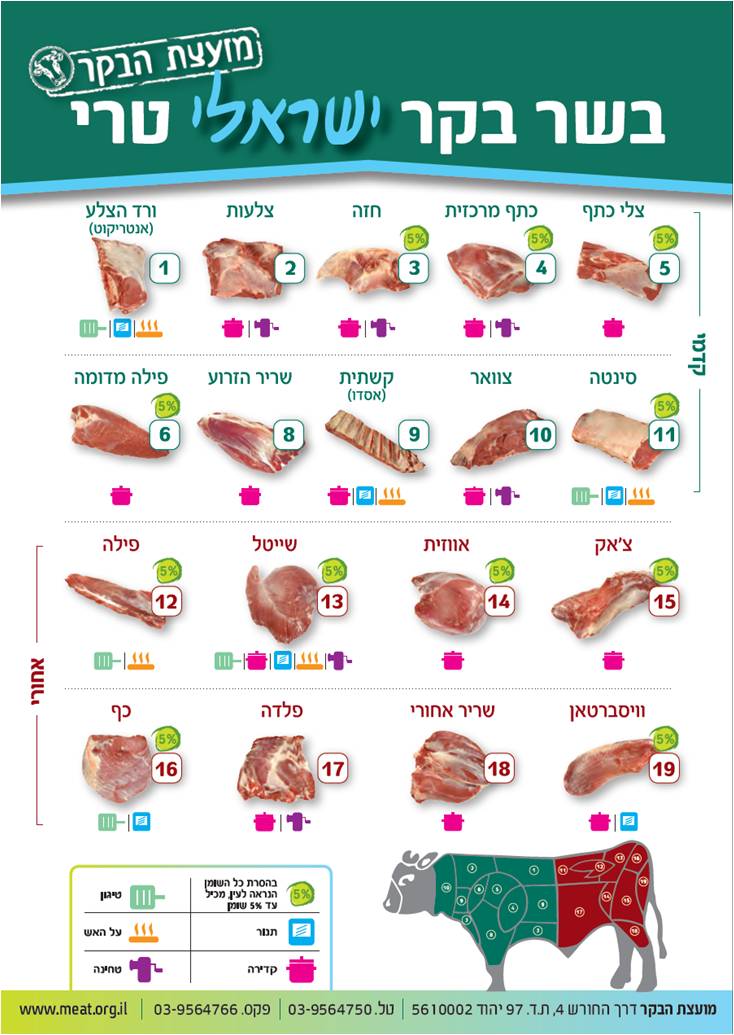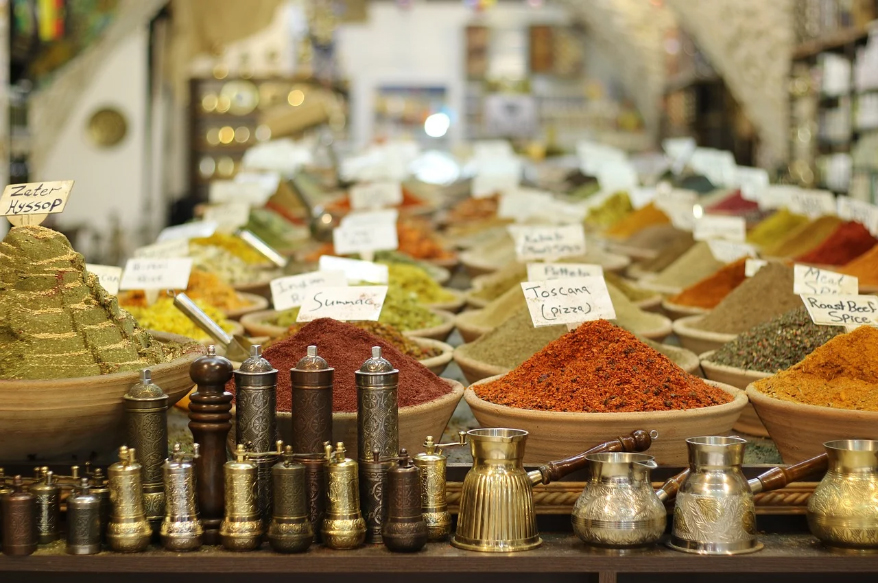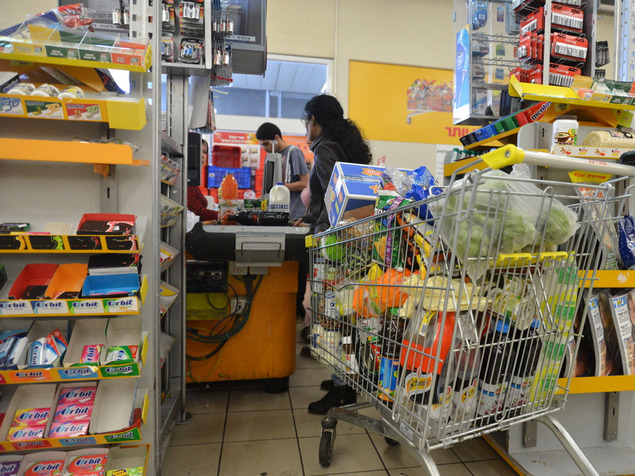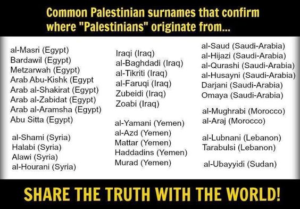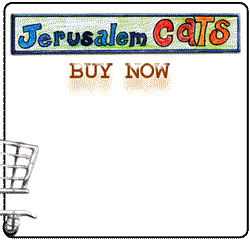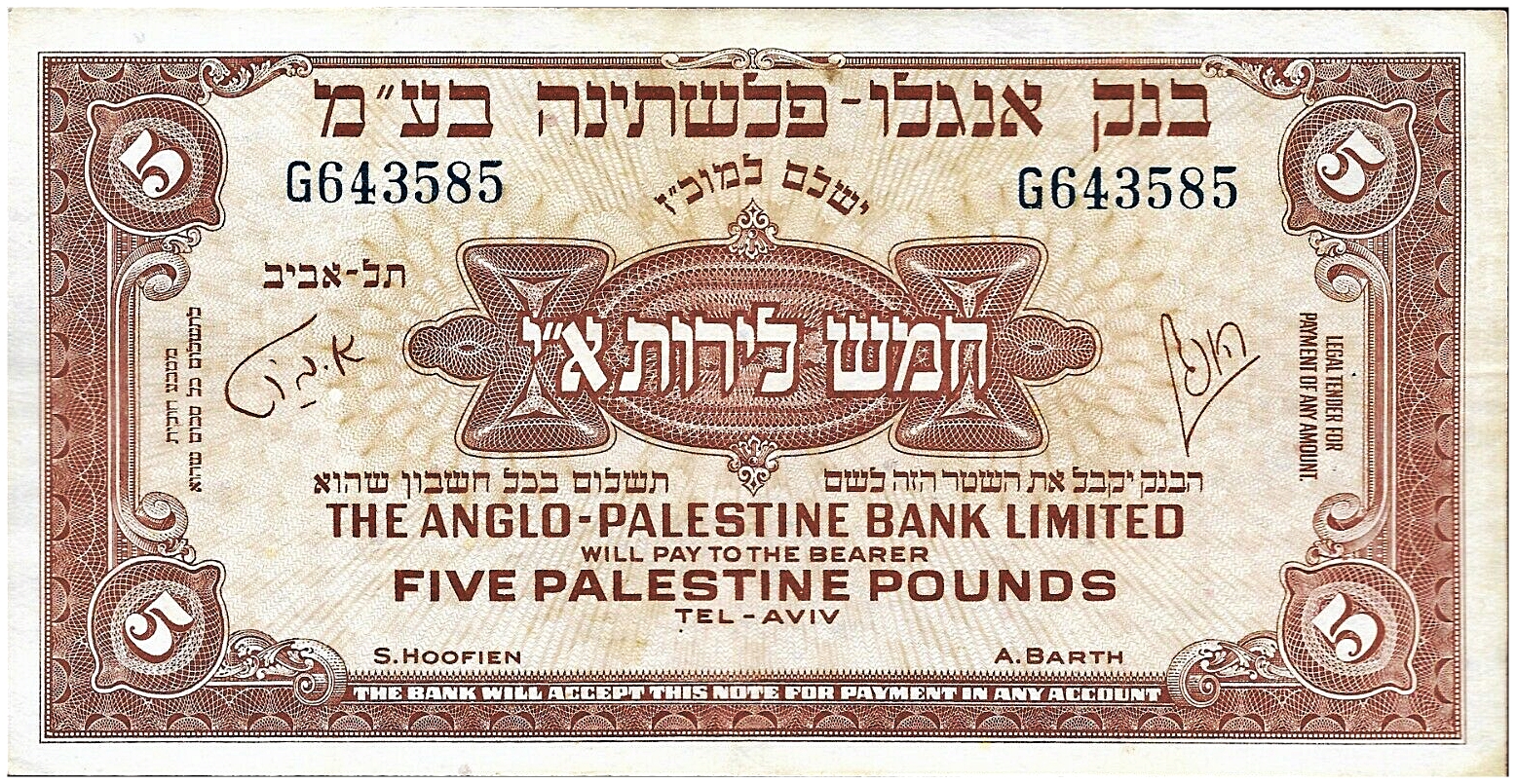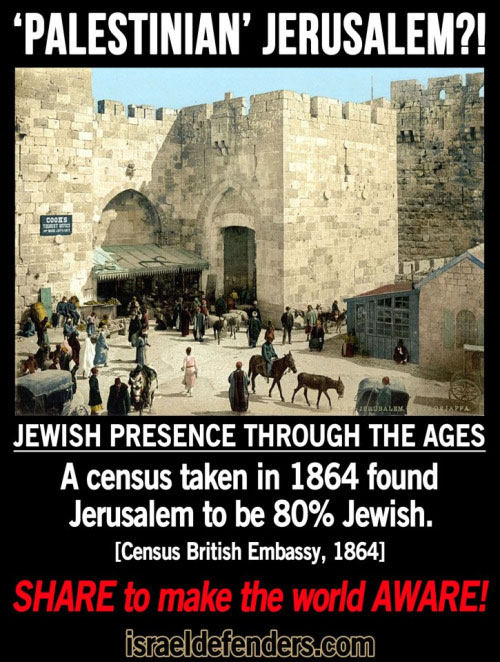English, Hebrew transliterated guide with Meat Chart and Oven Temperatures °F to °CThere is nothing like your first day in Israel, hopefully this page will help… |
After using a shopping cart you can bring home your groceries with a Agala on the bus. The reason that Israelis live 14 years longer then Americans is a healthy diet and they are not sitting in a Car.All grocery stores offer delivery service in Israel, (mishloach) משלוח |
||
| I got the Idea from the post Food Shopping in Israel – new! with pictures and have expanded it with more pictures, Categories and entries. Bat Aliyah 18December2012 http://bataliyah.blogspot.com/2012/12/food-shopping-in-israel.html | ||
Metric Conversion Chart:Oven TemperaturesFahrenheit (°F) to Celsius (°C)
A great colorful Cookbook |
Baking afiya אפייה and Cooking bashel בישול Flour Kemach קמח Bread lechem לחם and Bakery maafiya מַאֲפִיָה items Dairy Machlavah מַחלָבָה and Eggs Beitsim ביצים Fresh, Frozen and Canned Fruits and Vegetables Yerakot ירקות Chicken עוף Meat בשר Deli מעדניית Fish דג Vegetarian צמחוני Side Dishes תוספות Rice אורז Legumes קטנית Grains דגנים and Pasta פסטה Coffee and Teas קפה ותה Snacks חֲטִיפִים and Pastry מאפה Sugar sukar סוכר Baby Food and Baby Diapers מזון לתינוקות וחיתולים לתינוקות Personal Care items Paper Goods, Cleaning Supplies and MISCELLANEOUS TIPS Using a Foreign Credit Card Tashlumim Explained |Payment tashlum תשלום Shmita Schedule 5782 לוח-זמנים-שמיטה-תשפב-להפצהEnglish Hebrew Food Vocabulary ChartEnglish Hebrew Fruits and Produce ChartEnglish Hebrew Grain ChartEnglish Hebrew Bean/Legume Instruction ChartEnglish Hebrew Fish ChartEnglish Hebrew Meat ChartEnglish Hebrew Poultry ChartEnglish Hebrew Spice ChartEnglish Hebrew Baking TermsFor Baking Pan Sizes Metric Conversion Chart See: Inches/Quarts to Centimeters/LitersFor Volume Measurement (Dry or Fluid) and Weights Metric Conversion Chart See: Metric Conversion Chart for Volume Measurements and WeightsFlour Weight in Kilograms to Volume Conversion in Cups TableOnline Shopping SitesCheck out Sam’s super helpful video guide to shopping online, here.SupermarketsShufersal – https://www.shufersal.co.il/online/he/ Organic Markets and Restaurantsזמורה אורגני בע”מ ZMORA ORGANIC LTD
PharmaceuticalsSuper Pharm – https://shop.super-pharm.co.il/ LinksMatam Chofetz Chaim https://matamcc.com/For all your Chicken, Meat and Delicatessen needsMatam products are available at a number of locations, and at its flagship store, at 30 Agrippas Street in Yerushalayim. Orders can be made by calling 02-6232839 or 02-6249443.for 100 years. |
||||||||||||
From Nefesh B’Nefesh
 Nefesh B’Nefesh: Live the Dream US & CAN 1-866-4-ALIYAH | UK 020-8150-6690 or 0800-085-2105 | Israel 02-659-5800 https://www.nbn.org.il/ info@nbn.org.il Your Food Shopping in Israel Survival Guidehttps://www.nbn.org.il/aliyah-inspiration/visions-of-aliyah/trending-in-israel/insider-tips-food-shopping-israel/ Early on in your Aliyah, there’s one thing you’re definitely going to need to do: go food shopping. Israel’s shopping venues may be similar to what you’re used to–or drastically different. But for most Olim, there is still much to adapt to–including Hebrew labels, different measurements, new brands, a diverse variety of hechshers, and produce that is available seasonally. For Michael Hoffman, who made Aliyah with his wife in 2013, the language barrier proved to be the biggest challenge. In addition to calling his three daughters who live in Israel when he has a question, he also finds that other customers are happy to assist. “When people see me looking confused in the supermarket, they’ll ask if they can help. Cashiers also let me know what’s on sale,” Hoffman says. “Here people go out their way to be helpful, and these exchanges have definitely improved my Hebrew.” Miriam Naiman, a post-Aliyah advisor at Nefesh B’Nefesh, runs an Israeli supermarket tour for new Olim, which involves walking through each aisle to understand labels, gain an overview of Israeli products, and learn about the different teudot kashrut. She also provides new Olim with a supermarket vocabulary sheet that includes transliterated terms for items. “It’s natural to pop into a store, get what you need and leave,” said Naiman. “We want to help Olim to be able to do this in Israel.” Miriam Botwinick, an Olah from Maryland, had an added incentive to master food shopping in Israel. As a dietician, she first needed to pass a test from the Ministry of Health before she could practice in Israel. While exploring Israel’s many shopping venues, she found that she loved the freshness of Israel’s produce, that samples were distributed widely, and that all food measurements were listed in increments of 100 grams, making it easy to compare products. “Just go with the flow, experiment, and don’t stay within your niche,” she advised. Ready to set out on your own food shopping excursion? Here’s everything you need to know about Israel’s diverse venues: 1. Supermarket If you’re looking for an American food shopping experience, you’ll come closest with Israel’s supermarkets. Pick up your cart from the front of the store and make your way down each aisle, stocking up on goods. Though no supermarket offers an overwhelming variety of each item, Israeli supermarkets will have what you need–and keep you focused. Supermarkets vary in size–from the large Shufersal, Mega, Yesh, Victory and Rami Levy, to the smaller neighborhood varieties of Shufersal Express, AM/PM, and Super Yuda. Most offer delivery services for an additional fee. For Olim looking for their favorite items like Pepperidge Farm cookies, pumpkin pie filling, and Imagine chicken broth, there are a number of supermarkets that cater to Olim. These include Super Moshava in Jerusalem, Meatland in Ra’anana, and Best Market in Ramat Beit Shemesh. When you check out, you’ll notice a few things that are uniquely Israeli: you may have to bag your own items and you’ll have the option of tashlumim, paying for your items over the course of a few months. 2. Shuk Get ready for a farmer’s market with a Middle Eastern twist. The shuk is an outdoor market filled with individual stands selling fresh fruits and vegetables; baked goods; fish, meat and cheeses; nuts, seeds, and spices; and wine and liquor. The shuks in Jerusalem and Tel Aviv also have shops that sell clothing, housewares, textiles, and Judaica items. Shopping in the shuk is a sensory experience: prices are shouted into the crowds, food samples are distributed freely, the aroma of diverse food wafts through the air, and pedestrians push one another in their attempts to maneuver from one stand to the next. Filled to the brim with mass numbers of shoppers trying to beat the clock, the shuk on Friday is not for the faint of heart. But on every other day, the shuk offers lower prices than supermarkets and a colorful display of the large variety of food that Israel has to offer. If you plan to shop for the week, think about investing in a granny cart as well as large reusable bags. Most stands take cash, though shops within the shuk often accept credit cards. Bargaining is acceptable, but may be more hassle than its worth. 3. Makolet These minimarts are speckled throughout the country, and offer the necessities. Often selling their goods at higher prices than supermarkets, the makolet is best when you need to make a quick run for milk or paper towels. Some kibbutzim, moshavim, and small villages may only have a makolet on the premises. These will offer a wider variety of goods, such as fruit and vegetables, but may not be sufficient for food shopping for the week. In small neighborhoods, it may be possible to open up an account at the makolet and pay your bill once a month. 4. Online For those who don’t have the time–or don’t want–to push through a supermarket and pack their own shopping bags, there’s good news. Online shopping has come to Israel. Shufersal, Mega and Rami Levy all enable customers to skip the lines. MyMakolet offers Jerusalem-based clientele a majority of Mehadrin products. Delivery fees are often about 30 NIS. MySupermarket.co.il, the newest and most exciting addition to the online shopping experience, helps customers search for their favorite products, and recommends cheaper alternatives. When you’re ready to check out, mySupermarket will show you which store offers the total lowest price so that you can make your purchase there. With a diversity of food shopping venues, Israel offers options for different types of shoppers. Check out each option and see which one works best for you. |
|||||||||||||
Baking afiya אפייה and Cooking bashel בישולSee the English Hebrew Baking Terms Chart below |
|
Yeast: shmarim שמריםYeast comes in many different forms. Fresh yeast comes in 4 ounce cubes or in granulated form in packaged from the company Shmirit. Dry yeast is sold in the baking department, generally in 500 gram vacuum sealed foil packages. |
Baking Powder: Avkat afiya אבקת אפיהis baking powder, but it often says it in English as well. |
Baking soda: Soda leshtiya סודה לשתייה – הנמל(drinking soda) is baking soda. It comes in little blue boxes next to the vanilla sugar, labeled as סודה לשתייה – הנמל Sodium Bicarbonate in English.Vanilla sugar סוכר ונילThis is sugar made with vanilla beans or mixed with vanilla extract. Sold in little packets, usually 10 per cellophane wrapper. One packet is about one scant Tbs. Vanilla: Vanilla flavored extract Tamtzit bataam Vanila תמצית בטעם ונילImitation vanilla is widely available. Real vanilla is very expensive. If you’re a baker, you might want to import real vanilla or learn to make from vanilla bean and vodka. Poppy seeds whole pereg shalem פרג שלםSesame seeds shumshom שומשוםקוקוס טחון-kokos tachun-ground coconutSano Sushi Aluminum Foil- סנו סושי רדיד אלומינניוםSano Sushi Plastic Wrap – סנו סושי ניילון נצמד |
Cooking-Oil shemen bishul שמן בישולCanola oil shemen kanola שמן קנולה Olive Oil shemen zayit – שמן זיתOlive Oil Health Benefits chocolate chips שוקולד צ’יפסApple Sauce resek tapuach ets קאד רסק תפוחי עץSnow Sushi Aluminum baking molds תבניות אלומיניום עם ידיות |
|
Come in cellophane bags, not cardboard canisters. Which is different then Mazah Meal which comes in boxes. Bread Crumbs perur lechem פרורי לחם: |
Margarine מרגרינה:One stick of American margarine/butter is 100 grams (half an Israeli stick). |
Tnuva Cooking Cream shemenet l’vishul- שמנת לבישול:
Sugar Powder sukar avkat- אבקת סוכר great for Cake frostingDate Spread mimrach tamarim ממרח תמריםPeanut Butter chemat botnim חמאת בוטניםTry the Israeli Brands like Maya מיה of stead of the imported American Brands like Skippy. |
Tnuva Pareve Vegetable whipped cream katsefet tsimchit קצפת צמחיתReal mayonnaise מיונז אמיתי Just sound it out, it is the same thing.Salt melach -מלחSpices for CookingSee the Hebrew English Spice Chart below: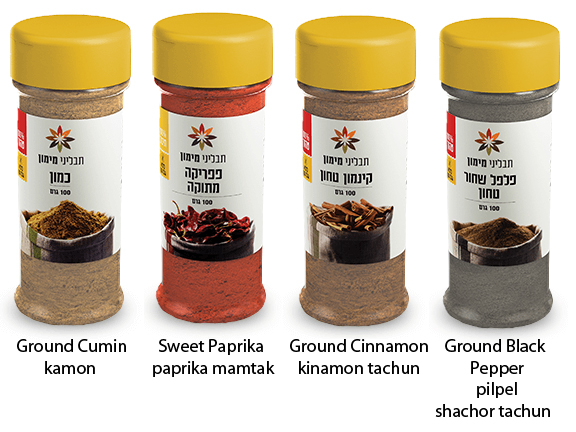 Ground Cumin- kamon כמון Sweet Paprika paprika mamtak פפריקה-מתוקה Ground Cinnamon kinamon tachun -קינמון-טחון Ground black pepper pilpel shachor tachun פלפל-שחור-טחון Ground Cumin- kamon כמון |
KetchupOsem Ketchup and Spicy Ketchup charif -קטשופ אסם וקטשופ חריףIsrael has recently required Heinz ketchup to be relabeled as ‘tomato seasoning’. A lab test was conducted showed that the Heinz ketchup distributed in Israel contains only about 20 percent tomato concentrate, much less than the 61 percent minimum required by Israeli regulations. (Even if the regulations are changed American products are now all fake) Phyllo-Dough batsek filo בצק פילוPastry Dough/Pie CrustRolled Puff Pastry batsek alim merudad בצק עלים מרודדIt is possible to find prepared graham cracker crusts in Israel. If you use them, stock up when you see them because they are hit or miss. Some stores that cater to American olim sell pareve Oronoque prepared pie crusts, but they are very expensive. A great alternative is the widely available puff pastry dough . Comes in a sweet variety (called batzaik sh’marim – metukim in the green wrapper below) and a plain (batzaik alim). There are several brands. I have never been able to distinguish a flavor difference, so I just buy whichever is cheapest. They go on sale often. |
Hot Paprika paprika charif פפריקה חריפהPaprika is sold with and without oil and hot and sweet. Hot paprika is not a bad substitute for cayenne pepper. Garlic bulbs shum -שום You can get real Organic Garlic Bulbs at the Shuk or your local Organic MarketTurmeric curcum כורכוםTurmeric, a widely-used spice, known for its delicate flavor and bright yellow color that livens up every dish. It is widely used in India and known as Indian saffron. Fresh turmeric can be used in the same way as turmeric powder. It is a wonderful addition to soups, meats, fish, rice, and more. The root must be peeled and grated into the cooked dish. |
HerbsHerbs and Fresh Greens are packaged in Plastic Bags to prevent bugs and to them keep fresher. Cilantro (Coriander) Kuzbarah כוסברהBasil reichan ריחןDill Shamir שמירNot to be confused with Yitzhak Shamir (Hebrew: יצחק שמיר, born Yitzhak Yezernitsky; October 22, 1915 – June 30, 2012) was an Israeli politician and the seventh Prime Minister of Israel, serving two terms, 1983–84 and 1986–1992.[1] Before the establishment of the state of Israel, Shamir was a leader of the Zionist militant group Lehi. After the establishment of the Israeli state he served in the Mossad between 1955 and 1965 and as a Knesset Member. He served as the 6th Speaker of the Knesset and as Foreign Affairs Minister. Shamir was the country’s third-longest-serving prime minister after David Ben-Gurion and Benjamin Netanyahu.[2] Parsley Petrozillia פטרוזיליה |
Ginger ג’ינג’ר or zangvil-זַנגבִיל (Ginger root). You can get fresh Ginger at the Shuk or your local Organic MarketZahatar (Za’atar) זעתרUsed in Israeli Salads Hawaij ‘חוויאג:a Yemenite spice blend to give soups soup/cholent/stew a rich flavor. Oregano – אורגנוSoup mixOsem Chicken cooking soup with noodles- בשרי-Baser🐔 – מרק בישול עוף עם איטריות בד”צAvailable in 1 Kg bags as well as the more familiar plastic tubs. Chicken soup mixes are available pareve and meat. Osem makes both without MSG. |
Flour Kemach קמחIsrael now has very many different types of Baking Flours. Flour is packed in 1 Kilogram Paper Bags. This is just a small sample of the types of flour both regular and Organic flour.
See: Flour Power: Your Definitive Guide to Baking With White, Wheat, and More https://www.bonappetit.com/test-kitchen/ingredients/article/guide-to-flour |
|
White Wheat Flour kemach chita lavan קמח חיטה לבן
|
All-purpose flour kemach rav tachliti קמח רב תכליתיAll-purpose flour is a versatile and general use wheat flour. As the name suggests, all-purpose flour is suitable for all types of baked goods such as bread, biscuits, pizza, cookies, muffins, etc. It is also used in thickening gravies and sauces. |
Self-raising flour kemach tofeach קמח תופח-used for CakesSelf rising flour is a mix of all-purpose flour, baking powder, and salt. This allows the bread to rise without the need for yeast. It can be used for everything from pizza crust to biscuits! You’ll be amazed at how easy it is to make fluffy pancakes, decadent brownies, or soft biscuits! |
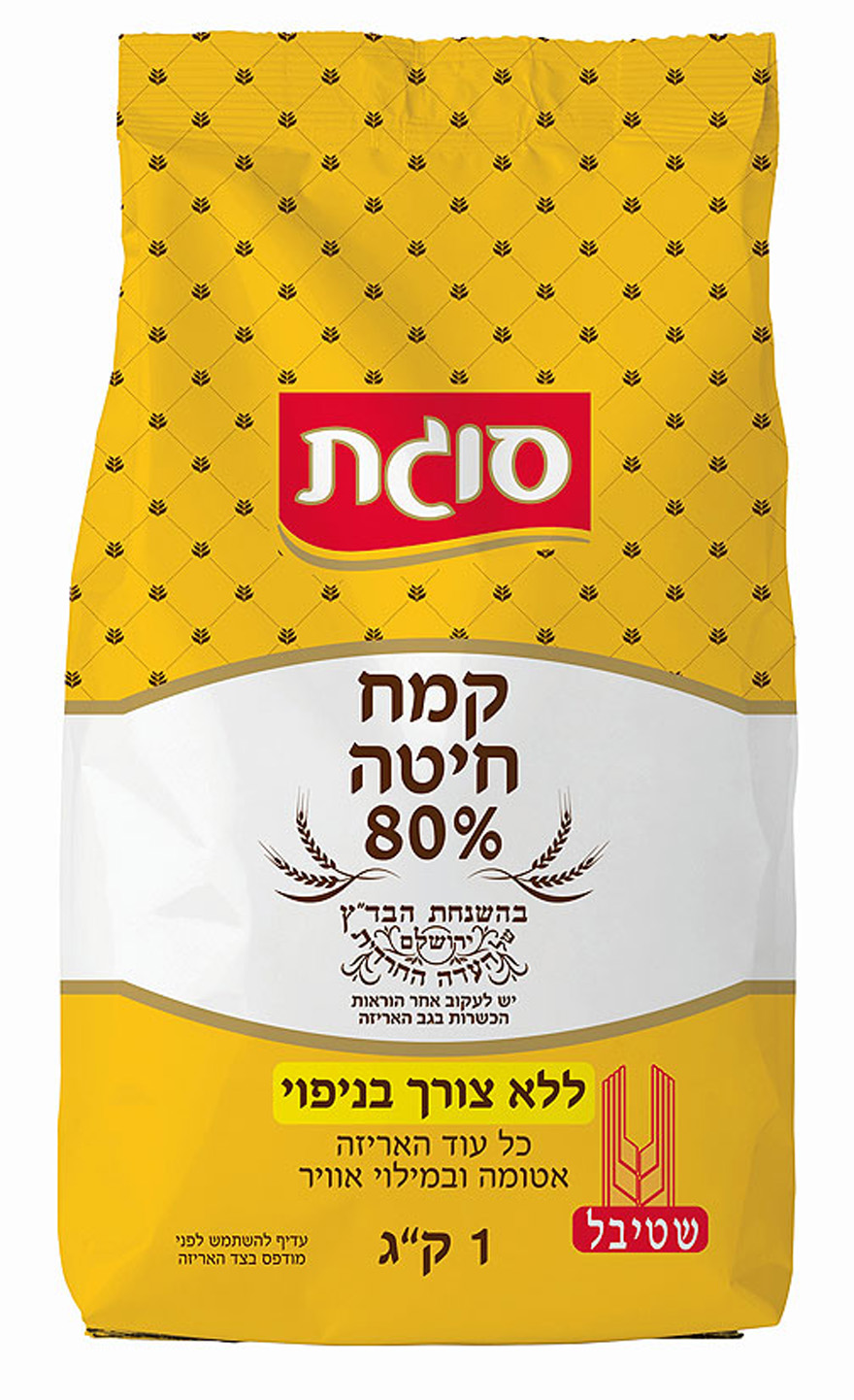 80% wheat flour without the need for sifting- kemach chita 80% -קמח חיטה 80% ללא צורך בניפוי Excellent for white Bread 80% wheat flour without the need for sifting- kemach chita 80% -קמח חיטה 80% ללא צורך בניפוי Excellent for white Bread |
Whole Rye Flour kemach shipon male -קמח שיפון מלאRye is a grain, although not a subset of wheat. It has a tangy flavor and natural gumminess when processed. |
Whole Wheat Flour kemach chita male – קמח חיטה מלאWhole wheat flour is more absorbent than white flour, thus requiring more liquid. |
Cornmeal kemach tiras and Polenta פולנטה and קמח תירס For a traditional American or Mexican FlavorCornmeal/Cornflour/Cornstarch – “Cornflour” can be either cornmeal (sometimes called kemach tiras and sold in the same section of the store as beans) or cornstarch (sold in the baking aisle). Corn flour (in the US and elsewhere), very finely ground cornmeal, ground from dried maize (Corn). |
Chick Pea Flour kemach humus קמח-חומוסChickpea flour is naturally dense, with a stickier texture than all-purpose flour when added to liquids. Because of these traits, it makes a fantastic binder for baking (use it 1:1 to replace heavy flours like rye or teff) or for dishes that need a little extra stability (think veggie burgers or fritters). |
Bread lechem לחם and Bakery maafiya מַאֲפִיָה items
|
|
Sabra Hummus צבר חומוס |
Sabra Matbucha Salad צבר מטבוחה אמיתית |
Osem Falafel -פלאפל – Great with Pita
|
Tahina -טחינה
|
|
|
Dairy Machlavah מַחלָבָה and Eggs Beitsim ביצים |
|
Chocolate milk Shoko – שוקוShoko (Chocolate Milk) comes in various sizes Tnuva UHT 3% Milk chalav amid -חלב עמידUltra-high temperature processing (UHT), ultra-heat treatment, or ultra-pasteurization[1] is a food processing technology that sterilizes liquid food by heating it above 135 °C (275 °F) – the temperature required to kill bacterial endospores – for 2 to 5 seconds.[2] UHT is most commonly used in milk production, but the process is also used for fruit juices, cream, soy milk, yogurt, wine, soups, honey, and stews.[3] UHT milk was first developed in the 1960s and became generally available for consumption in the 1970s.[4] (left to right) Bio Soy Drinks mashke soya teva bmotekot – משקה סויה טבעי במתיקות משקה סויה Alpro Soya drinks and Non-soy beverages משקאות סויה ומשקאות שאינם סויהMilk drinks: are milk with water and other flavors added ButtermilkRivion is the closest substitute, but you can often substitute with gil or leben. Or use milk and a bit of lemon juice. Tnuva Special milk drink for coffee 3% mashke chalav meyuchad lekafe -משקה חלב מיוחד לקפה |
Milk chalav -חלבLike milk in the US, many dairy products in Israel come in different fat percentages. This is true for sour cream, hard cheese, cottage cheese, yogurt and, of course, milk.
Goat milk chalav ezim חלב עיזיםJews have been milking Goats in Israel since Abraham. Organic Fresh Milk 3% chalav tari organi -חלב טרי אורגני רדוף 3%Tnuva Soy drinks and Non-soy beverages משקאות סויה ומשקאות שאינם סויה(Left to right) tnuva Almond drink mashke kimat – משקה שקדים Yoplait strawberry melon yogurt drink יופלה משקה יוגורט תות מלון |
Cheese Gevina גבינהYellow Cheese Sliced gevina tsahov parus גבינה צהובה פרוסה Cheddar Cheese gevina cheder גבינת צ’דר
Piraeus feta goat cheese 5% גבינת עזים פטה פיראוסGreat with Pita Gad dairy Safed 5% צפתיתgad-dairy-Traditional Bulgarian 5% בולגרית מסורתיתgad-dairy Mozzarella Balls כדורי מוצרלהLook around the cheese section next to the milk. Besides local Israeli Cheeses, a lot of Markets have imported Cheeses Spreads and Butter from Europe given all the French and British Jews making Aliyah. Are New Yorkers next? links: https://www.gad-dairy.co.il |
Butter chema חמאהCottage-Cheese kotej ‘קוטגCream Cheese:gad-dairy-natural New York cream cheese 30%
Tnuva Bio yogurt – יוגורט-ביו-3-תנובהLeben לבןThe pink and orange Yotvata brand leben tastes just like yogurt, is one-third the price and has natural colors from carrots and beets. Gevina Lebana White cheese גבינה לבנה
|
Sour cream shamenet chamuts שמנת חמוצה
Shamenet: Generally refers to sour cream (shamenet chamutza). But the word also refers to cooking cream (shamenet l’vishul), cream cheese (gvinat shamenet) and whipping cream (shamenet lhaktzafa which is 38%). |
Eggs Beitsim – ביציםEgg Carton – קרטון ביציםEggs in the Shuk
|
Israeli Ice Cream in the Stores glida גלידה |
|
Ice Cream glida גלידה |
|
Fresh, Frozen and Canned Fruits and Vegetables Yerakot ירקותSee the English Hebrew Fruits and Produce Chart below:
|
|||||||||||||||||||||||||||||||||||||||||||||||||||||||||||||||||||||||||||||||||||||||||||||||||||||||||||||||||||||||||
Hebrew Vocabulary: Fruits and Vegetables
|
|||||||||||||||||||||||||||||||||||||||||||||||||||||||||||||||||||||||||||||||||||||||||||||||||||||||||||||||||||||||||
Bananas בננותIt took me awhile to get used to Israeli bananas. They are slightly different. Although bananas are generally available year round, summer bananas often go from green to overripe without an edible stage in between. Winter bananas are much better. Also, Israeli bananas may look more brown and bruised than you’re used to on the outside and still be perfect inside. Strawberries tutim תותיםStrawberry season in Israel is winter. |
Oranges tapuzim תפוזים |
||||||||||||||||||||||||||||||||||||||||||||||||||||||||||||||||||||||||||||||||||||||||||||||||||||||||||||||||||||||||
Tomato Agvaniya עגבנייהCucumber melafelon – מלפפון
Bell Peppers pilpel -פלפליםChestnut Pumpkin delaat armonim – דלעת ערמונים |
Onions Batsalim בצליםYellow (though they are called batzal lavan) and red onions are available. Raw onions are very strong here and peeling them is a challenge. I have never seen Vadalia onions in Israel. Potatoes tapuach adama – תפוחי אדמהPotatoes in bags:
|
||||||||||||||||||||||||||||||||||||||||||||||||||||||||||||||||||||||||||||||||||||||||||||||||||||||||||||||||||||||||
Zucchini kishu – קישוא |
Beets selek – סלקSwiss chard מנגולד שוויצרי (Beetroot shoresh selek שורש סלק)the mehadrin packages of what is called alei selek is actually swiss chard. |
||||||||||||||||||||||||||||||||||||||||||||||||||||||||||||||||||||||||||||||||||||||||||||||||||||||||||||||||||||||||
Links to frozen Sunfrost product. A wide variety of vegetables, legumes, vegetable pickles, rice pickers (containing rice and vegetables) and frozen soups. https://www.tnuva.co.il/products/sunfrost
Spinach Medallions medalioni tered – מדליוני תרדFrozen Cut up Cubes of Spinach. Great for baking. |
Spinach leaves illi tered עלי תרד |
||||||||||||||||||||||||||||||||||||||||||||||||||||||||||||||||||||||||||||||||||||||||||||||||||||||||||||||||||||||||
Frozen Broccoli – ברוקולי מוקפאI had to forget all about the 10 oz boxes of chopped broccoli that were a staple in my American kitchen. I buy the 800 gram bags from the freezer case and I learned to slice the florets into smaller pieces for quiches and soups. I tried kitchen shears but a sharp knife on mostly defrosted florets works best. I’ve seen the price range by brand from 13 NIS to 40 NIS for the same amount of frozen broccoli. Bodek brand is available here but it’s the highest priced. |
Brussel sprouts kruv nitsanim – כרוב ניצניםFrozen only. Imported. Not widely available. |
||||||||||||||||||||||||||||||||||||||||||||||||||||||||||||||||||||||||||||||||||||||||||||||||||||||||||||||||||||||||
Jerusalem artichoke-ארטישוק ירושלמי
|
Green Peas afuna gina אפונת גינה |
||||||||||||||||||||||||||||||||||||||||||||||||||||||||||||||||||||||||||||||||||||||||||||||||||||||||||||||||||||||||
Tomato Paste Concentrate resek agvaniyot parich – רכז עגבניות פריכוז
|
Yachin Cut Green Beans sheuit yarok chatach – שעועית ירוקה חתוכהyachin-Sweet corn kernels garini tiras matok גרעיני תירס מתוק |
||||||||||||||||||||||||||||||||||||||||||||||||||||||||||||||||||||||||||||||||||||||||||||||||||||||||||||||||||||||||
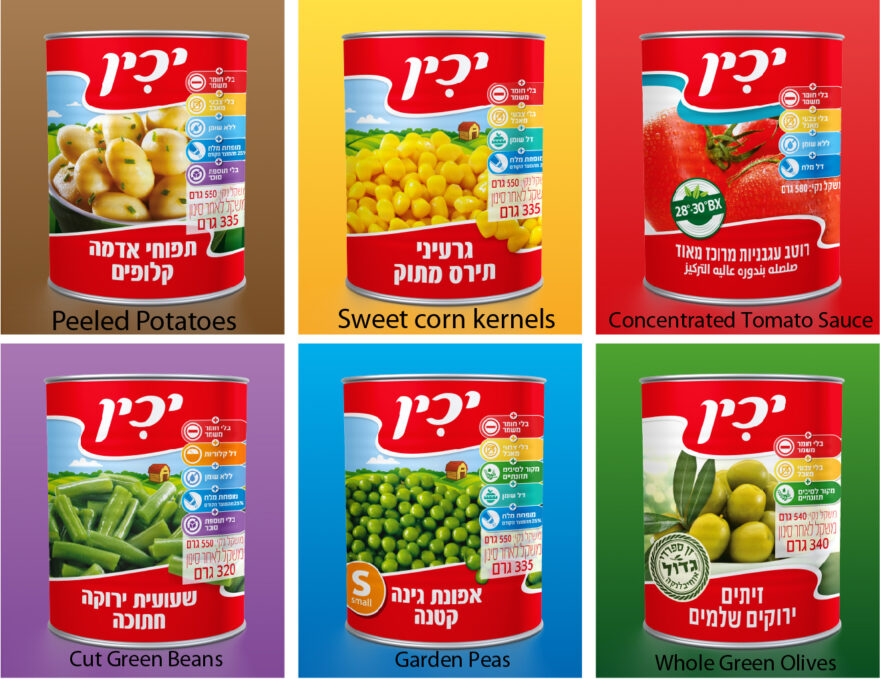 Canned Vegetables – ירקות משומרים Peeled Potatoes, Sweet Corn, Tomato Consentrate, Cut Green Beans, Garden peas, whole Green Olives. Canned Vegetables – ירקות משומרים Peeled Potatoes, Sweet Corn, Tomato Consentrate, Cut Green Beans, Garden peas, whole Green Olives. Canned Vegetables: |
|||||||||||||||||||||||||||||||||||||||||||||||||||||||||||||||||||||||||||||||||||||||||||||||||||||||||||||||||||||||||
Chicken – of עוף, Meat basar בשר, Deli maadaniya מעדניית, Fish Dag דג and Vegetarian Alternatives tsimchoni צמחוני |
|
Chicken; of עוףSee the English Hebrew Poultry Chart below:
Mama Chicken -מאמא עוף להקפצה ירוק גליליChicken patties and turkey-קציצות עוף והודוPoultry: Marc Gottlieb’s poultry chart. |
Meat basar בשר
Hamburger המבורגרLamb chops – צלעות-כבש-קטן |
Deli maadaniya מעדניית
Chofetz Chaim (a Jerusalem butcher that might be worth getting to know) sells beef hot dogs that are the closest to tasting like an American hot dog and they cost the same as the Israeli beef hot dogs. Also try the Tirat Zvi brand beef naknik americai which come in a package of six. For all your Chicken, Meat and Delicatessen needsMatam products are available at a number of locations, and at its flagship store, at 30 Agrippas Street in Yerushalayim. Orders can be made by calling 02-6232839 or 02-6249443. Shop on line: https://matamcc.com/ for 100 years. |
Vegetarian Alternatives tsimchoni צמחוניLinks: https://www.osem.co.il/product/ Tivall Badatz Vegetarian Schnitzel טבעול שניצל מן הצומחOsem Tivall Corn Schnitzel שניצל תירס |
Fish Dag דגSee the English Hebrew Fish ChartBlue tilapia מושטIsrael farms carp, tilapia, grass carp, flathead mullet, striped bass, silver carp and rainbow trout, as well as many species of ornamental fish. … Israel’s most important technological advance in this field has been, therefore, the realization that it could conduct fish breeding in the nation’s strategic water reserves. |
Tofu and broccoli noodles in teriyaki sauce נודלס טופו וברוקולי ברוטב טריאקיSeasoned tofu: For cooking, salad, sandwich and eating טופו מתובל: לבישול, סלט, כריך ואכילהlink for ideas:https://veg.co.il/ |
Side Dishes tosefet תוספות Rice Orez אורז Legumes kitniyot קטנית Grains daganim דגנים and Pasta פסטהSee the English Hebrew Grain Chart below:
|
|
Basmati Brown Rice Orez Basmati male-אורז בסמטי מלא |
Thai Rice Orez Thailandi אורז תאילנדי |
Round Brown Rice Orez male agol -אורז מלא עגול |
Quick Rice-Barboiled Orez chish -אורז חיש |
Round Rice Orez agol – אורז עגול |
Sushi Rice-אורז להכנת סושי |
Classic Mixed Rice אורז מיקס קלאסי |
Split Peas afuna אפונה |
Black Beans sheuit shchora – שעועית שחורה |
Navy Beans sheuit lebana adina – שעועית לבנה עדינה |
Large Chickpeas chumus anak – חומוס ענק |
Small Broad Beans pil katan – פול קטן |
Red Lentils adashim adumait עדשים אדומות |
Kidney Beans sheuit lebana – שעועית לבנה |
Green Lentils adashim yarok -עדשים ירוקות |
Mung Beans sheuit mash -שעועית מש |
Hamim-Whole Chickpeas Canned hummus shalem – חומוס שלם
|
Fava Beans paul פול Hannibal Lector’s favorite dinner“A census taker once tried to test me. I ate his liver with some fava beans and a nice chianti.”Clarice may never silence the lambs in her head, but if she ever drops by to visit her old friend Hannibal, she’s sure to get a meal to die for… |
White beans in tomato sauce sheuit lebana berotev agvaniyot שעועית לבנה ברוטב עגבניות |
Chili Beans sheuit chili שעועית צ’ילי |
Buckwheat kusemet – כוסמת |
Wheat chita – חיטה |
Brown Bulgur-chum burgul- בורגול חום |
Quinoa קינואה |
Bulgur-Thick Wheat Groats burgul -בורגול |
Fine Wheat Groats grisha burgul dak- גרישה בורגול דק |
Pearl Barley – גריסי פנינה |
Barley – גריסים |
Osem Perfecto Spaghetti פרפקטו ספגטי |
Osem Spaghetti #8 Pasta פסטה ספגטי |
Osem Thin Noodles itriot dakot אטריות אסם דקות |
Osem Thin Egg Noodles itriot beitzim – אטריות אסם ביצים דקות |
Osem Baked Ptitim Rice ptitim afiyim orez -פתיתים אפויים אסם אורזPtitim was created in 1953,[2] during the austerity period in Israel.[3] Israel’s first prime minister, David Ben-Gurion, asked Eugen Proper, one of the founders of the Osem food company, to devise a wheat-based substitute for rice.[4] The company took up the challenge and developed ptitim, which is made of hard wheat flour and toasted in an oven.[5] Consequently, ptitim is sometimes called “Ben-Gurion rice”.[6] |
Osem Baked Ptitim Couscous ptitim afiyim couscous פתיתים אפויים קוסקוס |
Osem Pasta curls-Osem pasta tiltulim פסטה אסם תלתלים |
Osem Perfecto Lasagne |
OatsOats, Thin (Oatmeal) Shibolet shual dak שיבולת שועל דקה |
Osem Couscous medium couscous beinoni-קוסקוס אסם בינוני |
There are a great selection of Oriental Noodles in the Markets. They are very easy to cook and go great with Tofu.
Osem Noodles נודלס אסםtnuva-tofu-טופו |
Master Chef Thin Noodles itria dakotמאסטר שף אטריות דקות |
Pasta sauce rotev lepasta רוטב לפסטהyachin יחין makes great lasagna and pizza sauce and they are very affordable. They come in tubs like the tomato paste.Salsa Rosa– a combination of sour cream and tomato sauce. Very common pasta sauce in restaurants. |
|
Coffee and Teas קפה ותהCoffee kafe קפהElite Instant Coffees, Regular, Mocha, DeCaf, and Vanilla Coffees“No matter when and how you drink your coffee, coffee is always a break of sanity, a moment of sober contemplation of the world.” |
|
Cofix |
ELITE Turkish Coffee kafe turki קפה טורקיTraditional preparation:
Quick Method: |
Wissotzky Tea Magic Tea Chest, Assorted Tea CollectionWorld renowned since 1849, Wissotzky tea offers a tempting selection of 80 assorted teas. Each tea is made from a unique blend passed down from generation to generation. This unique set includes 8 delicious flavors, each individually packaged in it’s own colorful tea bag and held in a beautiful wooden-hinged box. Wissotzky Tea – תה ויסוצקי |
Green TeaWissotzky Tea Mini Green Tea Chest |
Chocolate drink mix שוקולית |
Brita water pitcher קנקן מים בריטה |
Snacks חֲטִיפִים and Pastry maafe מאפה
|
|
|
Bamba (Hebrew: במבה) is a peanut butter-flavored snack manufactured by the Osem corporation in Kiryat Gat, Israel. |
Bissli (Hebrew: בִּיסְלִי, Bisli) is an Israeli wheat snack produced by Nestle-owned Osem. Bissli is Osem’s leading snack brand after Bamba.[1] |
Krembo,Krembo, Creambo (Hebrew: קרמבו, a contraction meaning literally “Cream-in-it”) is the name of a chocolate-coated marshmallow treat that is popular in Israel. “Krembo whipped snack” consists of a round biscuit base (17% of total weight), topped with fluffy marshmallow creme-like foam (53%), coated in a thin layer of cemacao (dairy-free, sweet baking chocolate, about 30% of total) and wrapped in colourful, thin aluminum foil.[1] |
PRETZELS, Beigel & BeigelThe Israeli pretzel comes in sticks, figure eights, circles and triangle-square-circle mix packs, and flavors including salted, sesame seeds and salt, cream-cheese-onion, chili, cinnamon-honey and chocolate-covered. Beigel & Beigel and Osem are the main manufacturers. Beigel & Beigel, founded in 1949, holds more than 60 percent of the Israeli pretzel and cracker market share. |
Milky מילקיMilky is no ordinary chocolate pudding but rather the most successful dairy product on the Israeli market since its debut in 1979. The pudding with a secret whipped cream topping (only five people know the recipe) is the holy grail of dessert snack foods. |
Hashachar Haole Chocolate SpreadOK; Bottom line is this is highly addictive and will ruin your diet. That said: Think of chocolate spread as Israel’s answer to Nutella, only without the hazelnuts. Like its much loved Italian counterpart, Israeli chocolate spread first hit the market in the mid-1940s and has been popular as a breakfast spread, snack, and dessert ever since. Unlike Nutella, the most commercial chocolate spread is pareve, so it can be enjoyed any time of day or night. The original and arguably most popular brand in Israel is called “Hashachar Ha`ole” literally – “Bright Morning” spread—so how can one not associate it with breakfast? Try it on challah or warm pita, or as a filling for crepes. Add some banana or strawberries if you want to up the nutrition factor. |
Osem Sesame Cracker קרקר שומשום |
Osem whole rice Cakes פריכונים מאורז מלא |
Organic Whole sesame halva-חלבהTahini halvah (Hebrew: חלווה) is very popular in Israel and among Jewish people throughout the diaspora.[34][35] Spelled “halvah” in English, it usually comes in slabs, nearly-cylindrical cakes, or small packages, and is available in a wide variety of flavours, chocolate and vanilla being very common. The halvah is almost always parve. Israeli halvah will usually not contain wheat flour or semolina, but will contain sesame tahini, glucose, sugar, vanilla and saponaria officinalis root extracts (soapwort), which are not usually found in other recipes. It is often served as a breakfast component at Israeli hotels, though it is not usually part of an Israeli breakfast, and it is even used in specialty ice-cream.[36] |
Popcorn פופקורן |
Pickles chamutsim חֲמוּצִיםComes in brine or in vinegar. Brine is most familiar to Americans. |
Pitted Olives ziyat זיתים מגולענים |
Pastry maafe מאפהSufganiyot in Israel are not the same as American style donuts.
Herby Dan, Mr. Donut and Brooklyn Bake Shop have American style donuts. |
|
Osem Apple Crumb Cake – עוגת הבית תפוחי עץ עם פירורים |
Osem Petit Beurre Classic -פתיבר קלאסי |
Sugar sukar סוכר
Lemon syrupTry Prigat brand lemon syrup to make lemonade and sweetened iced tea. |
|
White Sugar 1 Kg. Bag sukar lavan -סוכר לבן |
Golden Brown Sugar sukar golden classic – סוכר גולדן קלאסי |
Dark Brown Sugar sukar chum classic סוכר חום קלאסי |
Demarara Sugar sukar demarara classic סוכר דמררה קלאסי |
Date Spread Vacuum pitted dates mimrach tamar התפשטות תמרים – תמרים מגולענים בוואקום |
Honey dvash – דבש טהור |
Seelan Date Syrup tamar sirop-סירופ תמריםDate syrup that makes a great substitute for honey or molasses. |
Israeli Organic Medjool Dates tamarim תאריכי מדג’ול אורגניים ישראלים
|
MISCELLANEOUS TIPSLearn metrics#1 Avoid unit conversions
Make friends with your grocer. He can teach you tips about how things are used in Israel with which you are unfamiliar — and you can get a Hebrew lesson in the bargain. American products: Some stores in neighborhoods that cater to American immigrants carry a lot of imports that are not otherwise generally available. Cartis Moadon: This is a store loyalty card. It’s usually the first thing a cashier will ask you in any grocery store. “Cartis moadon?”
Packaging: Many more things are packaged in cellophane than in cardboard (e.g. bread crumbs, pasta, etc.) Quantities:
Receipts: Look at your receipts after finishing grocery shopping. Sometimes you are entitled to free gifts that you can claim from the kupa rashit (service desk). Sales:
Stores in Israel periodically run brand sales where everything from a particular brand is on sale – typically 20-25% off. |
|
Using a Foreign Credit Card:Remember that you are paying in New Israel Shekels and your Bank/Credit Card Company will convert it to your Banks Curency such as US Dollars, British Pounds, golden Galleons and so on. 9 Credit Card Tips to Take With You OverseasYou usually don’t have to carry wads of cash when traveling in other countries, especially the top destinations.Chanelle Bessette 08January2018 https://www.nerdwallet.com/article/credit-cards/credit-card-tips-international-travel The days of relying solely on cash or travelers checks when traveling outside the U.S. are long gone. In the 21st century, the same credit cards you use at home will work for you abroad, but there are still a few things you need to know. Even in some common destinations for U.S. travelers, cash or debit cards may be king. That’s why it’s helpful to carry a variety of ways to pay whenever you’re far from home. Here are nine tips for getting maximum utility from your credit cards while traveling abroad. 1. Bring a widely accepted credit cardVisa and Mastercard are widely accepted worldwide. If an establishment takes credit cards, it’s a good bet that your Visa or Mastercard will work. American Express and Discover have an international presence, too, but they are accepted by fewer merchants. Both are working to increase their overseas acceptance rates through partnerships with banks and payment networks, but just in case, bring a Visa or Mastercard as a backup. 2. Tell your issuer you’re goingIf your credit card account suddenly shows purchases thousands of miles from your home, your card issuer might decline them as suspicious. To avoid confusion, let your issuer know your travel itinerary in advance so it doesn’t freeze your account. You can do this online or through the card issuer’s app, or by calling the number on the back of your card. 3. Bring more than one cardIf your card is declined, you’ll be glad you have a backup. Consider bringing cards that offer extra rewards for travel spending categories, such as restaurants, hotels and transportation costs. Make sure those bonus rewards apply outside the U.S. 4. Have some cashJust as in the U.S., some merchants overseas don’t take credit cards, even if they’re located in popular tourist destinations. In many European countries, for example, cash is still the most popular way to pay. A December 2020 study by the European Central Bank found that 73% of all transactions were carried out in cash. A bit of local currency can also be a lifesaver if your cards get compromised and become unusable. Keep your cash, as well as a photocopy of your passport, separate from your cards in case your wallet is stolen. 5. Avoid foreign transaction feesSome credit cards charge a fee on every purchase you make outside the U.S.; 3% is a typical rate. That’s an extra $30 on a $1,000 in spending. Bring a credit card with no foreign transaction fees, and save yourself the expense. You’re not limited to fancy, high-annual-fee travel cards if you want to skip foreign transaction fees. There are $0 annual fee cards that charge no foreign transaction fees, too. 6. Understand dipping, tapping and digital walletsThough credit cards are widely used in the U.S., cards issued to American consumers have been slower to adopt new technology — namely, EMV chips and contactless capabilities. But we’ve caught up, especially as a result of the COVID-19 pandemic, when the less shoppers touched when paying, the happier they were. If you have a contactless card, tap away (assuming the merchant accepts cards at all). If you don’t have a contactless card, you can dip the card into the chip reader, but you still must verify the transaction with a signature. Chip-and-PIN cards, in which you enter a code to verify your identity, are more common outside the U.S. Digital wallets like Apple Pay and Samsung Pay can also be used overseas, provided you’re shopping at a merchant that accepts them. 7. Say no to dynamic currency conversionDynamic currency conversion allows you to have a transaction conducted in U.S. dollars rather than the local currency, so you have a better idea what it’s costing you. This may seem convenient, but it’s expensive. The exchange rates for dynamic currency conversion are typically much worse than what your card issuer will use when it converts the purchase for your statement. When offered the chance to have your transaction conducted in U.S. dollars, opt for the local currency instead. And if the merchant tries to make the choice for you, speak up. 8. Research your card’s travel protectionsSome credit cards — especially those designed for travel — offer protections for delayed flights, lost luggage, trip cancellation, accident insurance and more. Book with the right card and enjoy peace of mind. 9. Use your card to access airport loungesIf you have a luxury travel credit card, there’s a good chance you have access to some airport lounges. Many cards include access to the Priority Pass network. Priority Pass lounges are plentiful overseas and can be a welcome respite during a long international journey. Many offer complimentary drinks, refreshments and food, and some even offer preflight spa treatments. Whether you’re jetting off to London, Tokyo, or anywhere in between, use these tips to smooth the way.
|
|
TOPTashlumim Explained3August 2017 https://www.kosherfrugal.com/2017/08/tashlumim-explained.html?fbclid=IwAR2bw-4eFEEIdSX18Z-5H2w4OyexQo9fo3fN4QbNUDwGiPag5XI72MgLd44 3August 2017 https://www.kosherfrugal.com/2017/08/tashlumim-explained.html?fbclid=IwAR2bw-4eFEEIdSX18Z-5H2w4OyexQo9fo3fN4QbNUDwGiPag5XI72MgLd44 Welcome to Israel! It’s great that you’re here. I know life here can be confusing at times, so I’m going to try to help you decode everyday life a bit. Have you noticed how when you shop, you are often asked, “tashlumim?” as you hand over your credit card? Many new olim wonder what on earth this is. So here’s a quick rundown of what you need to know: Tashlumim – Installments – break whatever your total for this particular purchase is into equal monthly installments. You will be asked “how many tashlumim?” and you’ll have to choose how many, if you are going this route. So if your bill is 2000nis, and you choose 10 tashlumim, you’ll be paying 200nis for each of the next 10 months (as an example). Tashlumim are only available when you use a credit card that was issued in Israel, even if they ask you when you use a foreign card. They just aren’t inspecting your card to see where it’s from! Tashlumim are usually interest free. But not always. They can be “Credit” payments that come with a fee and interest (and it will be credit card interest, which is usually quite a high percentage)! Beware of paying water or electric or other bills in tashlumim – they are often “Credit”, as is the default at Ikea. Also, at self checkout in Shufersal, you may be given a “Credit” option! This is not regular tashlumim – it incurs fees and interest! Regular tashlumim do not incur a fee, since the BOI stepped in a few years ago and made them free. (That doesn’t mean there are no consequences, though, so please read on…) Tashlumim do not allow you to make a purchase larger than your credit line. Your credit line is set by your bank – and you are not allowed to charge more than that amount on your credit card. Splitting a purchase into tashlumim does not mean that you can use next month’s credit line too: Your credit line is finite. Let’s say your credit line is set at 10,000nis. You will be allowed to charge up to 10,000nis and NOT MORE on your credit card in a billing cycle. Then, when the money goes out of your checking account on a preset date (usually the 10th or 15th of the month), your credit line is cleared for more purchases. HOWEVER – if you split a purchase into Tashlumim, your credit line will be tied up. Here’s how it works – you make a purchase for 5000nis, and choose to pay it in 5 tashlumim. Each installment is 1000nis. But 5000nis of your credit line gets locked away until the purchase is paid off in 5 months! So you won’t be able to make another large purchase, if it means you’ll exceed the 5000nis in credit line that you have left. Sometimes paying in tashlumim make sense. Other times, it really doesn’t. I recommend never paying in tashlumim for every day purchases – rather, budget appropriately and make sure you’re not spending more than you can afford on the every day things. Once in a while, a large purchase comes up, and paying for it using a no-hassle, interest free payment plan (what tashlumim are, in reality) can make life easier. It certainly beats taking out a 5000nis loan to cover an expense. Don’t do it all the time, though. You’ll find you’ve overspent really quickly. Tashlumim are not unique to Israel, by the way. They just get presented differently in other places (think of how many times you heard something would cost $X per month if you make 12 equal monthly payments – I’m guessing you’ve heard that – THAT, my friends, is “tashlumim” in a nutshell)! They are a way of making items FEEL more affordable, so be CAREFUL! I don’t like it when you look at prices for items, say furniture, and the price is the monthly payment they assume you would make, if you are paying in 12 tashlumim! I feel like people don’t bother to do the math and check how much they are ACTUALLY paying, because the monthly payment feels comfortable enough. Don’t fall for it – do the math! Make sure you know how much you’re paying before you purchase. And ONLY use tashlumim if you are sure you can pay it off in a reasonable time frame and if this purchase warrants it. Tip: Try to never have more than one purchase at a time on Tashlumim, and budget for it and make sure that there is enough money to cover the large expense over the next X number of months, in additon to your ongoing, regular expenses. And then WAIT before making another large purchase, until you’ve paid off the first one in full, and even longer, so you can build up some savings. |
|
shmita Schedule 5782 לוח-זמנים-שמיטה-תשפב-להפצהhttps://shmita.hamachon.co.il/לוח-זמנים-שמיטה-תשפב/
|
English Hebrew Fruits and Produce Chart
|
||
English |
Hebrew |
Pronounce |
| vegetable | יֶרֶק | yerek |
| watermelon | אֲבַטִּיחַ | avatíakh |
| banana | בָּנָנָה | banána |
| apple | תַּפּוּחַ | tapuakh |
| coconut | קוֹקוֹס | kokos |
| orange | תַּפּוּז | tapúz |
| nut | אגוז | egóz |
| lemon | לִימוֹן | limón |
| grape | עֵנָב | `enáv |
| melon | מֶלוֹן | melon |
| peach | אפרסק | afarsék |
| plum | שזיף | shazif |
| tomato | עַגְבָנִיָּה | agvaniyá |
| lettuce | חסה | hasa |
| cabbage | כְּרוּב | kruv |
| pumpkin | דלעת | dlá`at |
| carrot | גזר | gezer |
| bean | שְׁעוּעִית | she’u’ít |
| potato | תפוח אדמה | tapuah adama |
| cucumber | מְלָפְפוֹן | m’laf’fon |
| capsicum | פִּלְפֶּלֶת | |
| eggplant | חציל | hatsil |
| pear | אגס | agás |
| spinach | תרד | tered |
| cherry | דובדבן | duvdevan |
English Hebrew Grain Chart |
||
| English | Hebrew | Hebrew Transliterated |
| Amaranth | ירבוז | |
| Barley | שעורה | seora |
| Bran | סובין | subin |
| Buckwheat | כוסמת | kusemet |
| Bulgur | בורגול | |
| Corn | תירס | tiras |
| Cornflour | קורנפלור | |
| Cornmeal | קמח תירס | kemach tiras |
| Couscous | קוסקוס | |
| Farina | פארינה | |
| Graham flour | קמח גרהם | |
| Kamut | קמוט | |
| Millet | דוחן | dochen |
| Oats | שבולת שועל | shiblet shual |
| Pearl Barley | גריסי פנינה | |
| Quinoa | קינואה | |
| Rice | אורז | orez |
| Rye | שיפון | shipon |
| Semolina | סולת | |
| Sorghum | דורה | |
| Spelt | כוסמין | |
| Teff | טף | |
| Wheat | חטה | chita |
| Wild Rice | אורז בר | |
English Hebrew Bean/Legume Instruction Chart |
||||
| Bean/Legume Type (1 cup) | Hebrew Name | Water (cups) | Soak hours | Cooking Time (Minutes) |
| Aduki/Adzuki beans | 4 | n/a | 50 to 60 | |
| Anasazi beans | 2.5 to 3 | 4 to 8 | 50 to 60 | |
| Appaloosa beans | 3 | 4 to 8 | 50 to 60 | |
| Black beans | שעועית שחורה | 4 | 6 to 8 | 75 to 90 |
| Black-eyed peas | לוביה | 3 | n/a | 45 to 60 |
| Borlotti/Cranberry beans | שעועית צבעונית | 3 | 6 to 8 | 45 to 60 |
| Butter beans | שעועית חמאה | 4 | 10 to 12 | 60 to 90 |
| Calypso beans | 3 | 6 to 8 | 60 to 90 | |
| Canary beans | 4 | 8 to 24 | 60 to 90 | |
| Cannellini beans | שעועית לבנה | 3 | 6 to 8 | 60 to 90 |
| Chickpea/Garbanzo bean | חומוס | 4 | 12 to 24 | 120 to 240 |
| Corona runner | 4 | 6 to 8 | 60 to 90 | |
| Cow peas, black eyed pea | 3 | n/a | 45 to 60 | |
| Cranberry beans | 3 | 6 to 8 | 45 to 60 | |
| European Soldier beans | 3 | 6 to 8 | 60 to 90 | |
| Eye of the Goat beans | 3 | 4 to 8 | 60 to 120 | |
| Fava beans | פול | 3 | 10 to 12 | 120 to 180 |
| Flageolet beans | 3 | 4 to 8 | 120 to 150 | |
| Gandules/Pigeon Peas | 3 | n/a | 30 to 45 | |
| Garbanzo bean (chickpea) | 4 | 12 to 24 | 120 to 150 | |
| Great Northern beans | 3.5 | 6 to 8 | 90 to 120 | |
| Jacob’s Cattle/Trout beans | 3 | 8 to 10 | 90 to 120 | |
| Kabuli chana | 4 | 12 to 24 | 120 to 240 | |
| Kidney beans | שעועית אדומה כהה | 3 | 6 to 8 | 60 to 90 |
| Lentil, Beluga | 2 | n/a | 15 to 20 | |
| Lentils, French green (du Puy) | עדשים שחורות | 2 | n/a | 45 |
| Lentils, green or brown | עדשים | 2 | n/a | 20 |
| Lentils, red, split | עדשים אדומות | 2 | n/a | 15 to 20 |
| Lentils, yellow or golden | 2 | n/a | 20 | |
| Lentil, ivory | 2 | n/a | 20 | |
| Lima, baby | 4 | 8 to 10 | 50 to 60 | |
| Lima, Cistmas | 4 | 8 to 10 | 60 to 90 | |
| Lima, large | 4 | 8 to 10 | 45 to 60 | |
| Marrow beans | 3 | 6 to 8 | 90 to 120 | |
| Mung beans | שעועית מונג | 2.5 | 4 to 8 | 45 to 60 |
| Navy beans (white, haricot) | שעועית לבנה עדינה | 3 | 8 to 10 | 90 to 120 |
| Peas, dried, whole | 6 | n/a | 60 to 90 | |
| Peas, split, green or yellow | אפונה יבשה | 4 | n/a | 45 to 60 |
| Pigeon peas | 3 | n/a | 30 to 45 | |
| Pink beans | 3 | 6 to 8 | 50 to 90 | |
| Pinto beans | (שעועית פינטו (מנומרת | 3 | 6 to 8 | 60 to 90 |
| Rattlesnake beans | 3 | 6 to 8 | 45 to 60 | |
| Red beans, small | (שעועית אדומה (שעועית כליה | 2 | 6 to 8 | 60 to 90 |
| Rice beans | 2 | n/a | 30 to 45 | |
| Romano beans | 3 | 4 to 8 | 45 to 60 | |
| Scarlet runner beans | 4 | 10 to 24 | 180 to 240 | |
| Small red beans | 2 | 6 to 8 | 60 to 90 | |
| Soy beans (yellow) | 4 | 12 to 24 | 120 to 180 | |
| Soy beans (black) | 4 | 12 to 24 | 180 to 240 | |
| Swedish Brown beans | 3 | 8 to 10 | 90 to 120 | |
| Urad lentils (whole) | 2 | n/a | 25 to 30 | |
| Urad dal lentils (split, no skin) | 2 | n/a | 20 to 25 | |
| Urad lentils (split, with skin) | 2 | n/a | 20 to 25 | |
| Yellow-eyed peas | 3 | 6 to 8 | 45 to 60 | |
| Yellow Indian Woman beans | 3 | 8 to 10 | 90 to 120 | |
Fish דג (dag)A great chart by fellow oleh Marc Gottlieb on the different kinds of fish available in Israel. English Hebrew Fish Chart |
||
English Name |
שם מקובל |
Hebrew Pronunciation |
| Alaskan Pollock | זהבנון | Zahabnon |
| Albacore tuna | טונה, טונה לבנה | Tuna, tuna levana |
| Anchovy | אנשובי | Anshoovi |
| Arrowtooth flounder | שטצד פציפי | Shattzad Patzifi |
| Barramundi | ברמונדי | Baramundi |
| Blue runner | תרחון | Tarachon |
| Bream | זהבון | Zahabon |
| Cod | קוד | Kod, ze’ev yam |
| Common carp, Mirror Carp | קרפיון | Karpion |
| Common dolphin-fish, mahi-mahi | רעמתן | Ra’amatan |
| Common grey mullet | בורי | Burri |
| Flounder | דג סנדל | Dag Sandal |
| Frigate tuna (mackerel family) | פלמודה | Palmudah |
| Galilee St.Peter’s fish; Mango tilapia | מושט אביאד | Musht, Amnon, Tilapia |
| Gilt head sea bream | דניס | Denis |
| Grass carp | קרפיון | Karpion esev |
| Greater amberjack | אינטיאס | Intias |
| Grouper | לוקוס | Lokus |
| Haddock | חמור ים | Chamor Yam |
| Hake | מרלוזה, בקלה | Marluza, Bakala |
| Halibut | הליבוט | Putit, halibut |
| Herring | הרינג | Herring |
| Jordan St. Peter’s fish; Blue tilapia | מושט | Musht, Amnon, Tilapia |
| Kinneret bleak (carp) | סרדין טבריה | Sardine Tiveria |
| Longhead barbel (carp) | כרסין | Karsin |
| Mackerel | מקרל | Mackerel |
| Meagre (drum) | עיט הים | Eit Hayam |
| Nile Perch | נסיכה נילוס | Nisichah Nilus |
| Pink Dentex (Red Snapper) | פארידה | Faridah |
| Plaice | פלייס | Plaice |
| Pollack | פולוק | Polok |
| Red drum | מוסר | Musar |
| Round sardinella | דקה | Daka |
| Salmon | סלמון | Salmon |
| Sea Bass | לברק | Levrak |
| Shad or Whitefish | עלוזה | Aluzah |
| Shi drum | לבט | Levet |
| Silver carp | כסיף | Kasif |
| Skipjack Tuna | טונה, טונה בהירה | Tuna, tuna behirah |
| Spanish Mackerel | פלמידה לבנה | Palmidah Levanah |
| Striped Bass | בס | Bass |
| Striped Red Mullet | ברבוניה | Barbunia |
| Striped sea bream | מרמיר | Mormir |
| Trout; Rainbow Trout | פורל | Forel |
| True Sole, Dover Sole | סול | Sol |
| Turbot | פוטית | Putit |
| Yellowstripe scad | צנינית צהובת פסים | Tzninit tzahubah pasim |
| Yellowtail amberjack | אינטיאס | Antias, Shula |
English Hebrew Meat ChartIsrael Beef Cut Chart by number בשר בקר ישראל וריMeat in Israel is a long-standing source of frustration for new olim, especially those from North America. It’s as if cows in America are somehow built with different parts, and trying to find the right piece of meat for your recipe becomes more confusing than it should be. Couple that with the now-permitted hindquarter meats, and you more than double the number of cuts available that people may never have seen or heard of before. And as if that wasn’t bad enough, they number the meat like you’re in kindergarten, making you feel that much more stupid. |
|||||
Israel Number |
Hebrew Name |
עברית |
English Name |
Primal |
Cooking Method |
| #1 | Entrecote, Steak Ayin Preparing and Cooking a #1 Rib Eye Roast The Steak |
אנטריקוטת, סטייק עין | Rib, Rib eye | Rib | Grill, roast, stovetop |
| #1A | Vered HaTzlah | ורד הצלע | Chuck Eye Roast | Chuck | Roast, grill |
| #1BB | Mechase Vered Hatzela | מכסה ורד הצלע | Beef Rib Eye Cap/Cube Roll Cover | Rib | Grill, stovetop |
| #2 | Tzlaot, Rifaan Preparing and Cooking A #2 Chuck Roast Cooking a Daube |
צלעות, ריפען | Chuck Roast | Chuck | Braising, long cooking |
| #3 | Chazeh Bakar Preparing and Cooking a #3 Brisket |
חזה בקר | Brisket | Brisket | Slow cooking, stewing, curing |
| #4 | Katef Mercazi Preparing and Cooking A #4 Shoulder Roast |
כתף מרכזי | Silver Tip Roast | Foreshank | Pot roast, roast beef (US deli) |
| #5 | Tzli Katef Preparing and Cooking a #5 Minute Steak Roast Preparing and Cooking Flatiron Steaks Preparing and Cooking #5 Minute Steaks |
צלי כתף | Minute Steak Roast | Foreshank | Quick roast, grill, stovetop |
| #6 | Fillet Medumeh Preparing and Cooking a #6 Petit Tender Fabricating and Cooking #6 Boneless Ribs Petit Fillet Steaks with Lime |
פילה מדומה | Petit Tender | Foreshank | Grilling, stovetop, quick roast |
| #7 | Michaseh HaTzlah Preparing and Cooking a #7 Chuck Cover |
מכסה הצלע | Chuck Cover | Foreshank | Grilling, stovetop |
| #8 | Shrir Kidmi Preparing and Cooking a #8 Shank |
שריר קדמי | Shin, Shank | Foreshank | Slow cooking, braising, stewing |
| #9 | Asado, Kashtit Preparing and Cooking A #9 Asado (Boneless) London Broil |
אסאדו, קשתית | Short Ribs, Plate, Belly | Rib Plate | Grilling, braising, curing, smoking (boychn) |
| #10 | Tzavar | צוואר | Neck Clod | Chuck | Grinding, slow cooking, stewing |
| #11 | Sinta, Moten | סינטה, מותן | Sirloin | Short loin | Grilling, stovetop, quick roast |
| #12 | Fillet Bakar | פילה בקר | Tenderloin | Short loin | Grill, stovetop, roast |
| #13 | Shaitel, Kanaf Haoketz | שייטל, כנף העוקץ | Rump | Round | Grill, stovetop |
| #14 | Avazit | אווזית | Top Sirloin | Sirloin | Grill, stovetop |
| #15 | Yarcha | ירכה | Thick Flank | Round | Roast |
| Cha’ch, Pichana | צ’אך | Rump Cap | Round | Roast, braised | |
| #16 | Kaf | כף | Topside | Round | Roast |
| #17 | Pladah, Kislyim | פלדה, כסלים | Flank Steak | Flank | Grill, stovetop, braised |
| #18 | Shrir Achori | שריר אחורי | Shank | Round | Slow cooking, braising, stewing |
| #19 | Rosh HaYerech (Yarcha) | ראש ירכה | Silverside | Round | Grill, stovetop |
| Basar Rosh | בשר ראש | Beef Cheeks | Muscle | Curing, stovetop, braising | |
| Lashon | לשון | Tongue | Organ | Braising, long cooking | |
| Caved | כבד | Liver | Organ | flame broiled | |
| Kivah | קיבה | Tripe | Organ | stew, soup | |
| Moch | מח | Brains | Organ | Saute, fry, braise | |
| Shkeidim | שקדים | Sweetbreads | Organ | Saute, fry | |
| Rayot | ריאות | Lungs | Organ | Braising, long cooking | |
| Kalayot | כליות | Kidneys | Organ | Braising, long cooking | |
| Ma’ayim | מעיים | Intestines | Organ | Stuffing, sausage making | |
| Lavlav | לבלב | Pancreas | Organ | Saute, fry | |
| Ashchim Preparing and Cooking Calves’ Fry |
אשכים | Testicles | Organ | Saute, fry, grill | |
| Sarefet | סרפת | Diaphram | Muscle | grill, stovetop | |
| Steak Chatzait | חצאית | Skirt Steak | Muscle | Quick cooking, grill | |
| Zanav Shor | זנב שור | Oxtail | Muscle | braising, soup | |
| Gidim | גידים | Beef Tendons | Organ | Stew, braising | |
| Netach Kitzavim | נתח קצבים | Hanger Steak | Organ | Grill | |
English Hebrew Poultry ChartChicken is the most consumed protein in Israel by far. Of course, that doesn’t mean that there isn’t enough confusion in the simplest of meats that a little help wouldn’t hurt.
|
|||
Item/term |
Singular Hebrew |
Plural Hebrew |
Transliterated singular, plural |
| Chicken | עוף | עופות | Ohf, ohfot |
| Spring Chicken | פרגית | פרגיות | Pargit, pargiyot |
| Turkey How To Carve a Whole Turkey. Properly. |
תרנגול) הודו) | תרנגולי) הודו) | (Tarnigol) Hodu, (tarnigolei) Hodu |
| Cornish Hen | עופיון | עופיונות | Ohfyon, ohfyonot |
| Duck | ברווז | ברווזים | Barvaz, barvazim |
| Goose | אווז | אווזים | Avaz, avazim |
| Mallard | מולארד | Molard | |
| Quail | שליו | שלווים | Slav, slavim |
| Pheasant | פסיון | Fisyon | |
| Liver | כבד | Kaved | |
| Gizzard | קורקבן | Korkuban | |
| Heart | לב | לבבות | Lev, levavot |
| Feet | רגלים | Raglayim | |
| Fat | שומן | Shuman | |
| Whole | שלם | שלמים | Shalem, shleimim |
| Breast | חזה | חזות | Chazeh, chazot |
| Thigh | ירך | ירכיים | Yerech, yarkayyim |
| Leg | שוק | שוקיים | Shuk, shukayim |
| Leg Quarter | כרע | כרעיים | Kerah, karayim |
| Wing | כנף | כנפיים | Kanaf; k’nafayim |
| Neck | גרון | גרונות | Garon, garonot |
| Boneless Thigh | פרגית | פרגיות | Pargit, pargiyot |
| Skin | עור | Ohr | |
| Bone | עצם | עצמות | Etzem, atzmot |
| Cutlet | שניצל | שניצלים | Shnitzel, shnitzelim |
| Ground | טחון | Tachun | |
English Hebrew Spice Chart
English Name |
Hebrew Name |
Hebrew Transliterated |
| Allspice | פלפל אנגלי | Pilpel Angli |
| Angelica | אנג’ליקה | Angelica |
| Anise | אניס | Anis |
| Annatto | עץ הליפסטיק | etz halipstick |
| Asafoetida | חלתית | Chaltit |
| Barberry | ברביריס | Barberis |
| Basil, sweet | בזיליקום | Bazilicum |
| Bay leaf | עלה דפנה | Aleh dafna |
| Borage | בורג’ | Borage |
| Black cardamom | הל שחור | Hel shachor |
| Brazil Nuts | אגוזי ברזיל | |
| Caraway | קימל | Kimmel |
| Cardamom | הל | Hel |
| Carob | חרוב | Charuv |
| Catnip | נפית החתולים | Nafit Hachatulim |
| Cassia | כנמון | Kinamon |
| Cayenne pepper | פלפל חרוף | Pilpel Charif |
| Celery seed | זרעי סלרי | Zarei Celery |
| Chervil | תמכה | Tamchah |
| Chicory | עולש | Ohlesh |
| Chili pepper | אבקת צילי | Avkat Chili |
| Chives | עירית | Irit |
| Cicely | סייסלי מתוק | Sissli Matok |
| Cilantro | כוסברה | Kuzbarah |
| Cinnamon | קנמון | Kinamon |
| Clove | ציפורן | Tziporen |
| Coriander seed | זרעי כוסברה | Zarei Kuzbarah |
| Cumin | כמון | Kamon |
| Dill herb or weed | שמיר | Shamir |
| Fennel | שומר | Shumar |
| Fenugreek | חילבה | Chilbeh |
| Garlic | שום | Shum |
| Ginger | זנגביל | Zangvil, ginger |
| Grains of paradise | גרגר גן עדן | Gargayr Gan Eden |
| Horseradish | חזרת | Chazeret |
| Hyssop | אזוב | Ayzov |
| Jasmine flowers | יסמין | Yasmin |
| Juniper berry | ערער | Ar-ar |
| Kaffir lime leaves | עלה קפיר ליים | Aleh Kafir Lime |
| Lavender | לבנדר | Lavender |
| Lemongrass | עשב לימון | Esev Limon |
| Lemon verbena | לואיזה | Luiza |
| Licorice, liquorice | שוש | Shush |
| Lovage | עשב לובי | Eysev luvi |
| Mace | מוסקט, משייה | Muskat |
| Marjoram | מיורם | Mayoram |
| Mastic | מסטיק | Mastik |
| Mint | נענע | Nana |
| Mustard | חרדל | Chardal |
| Mustard, black | חרדל שחור | Chardal shachor |
| Nigella | קצח | Ketzach |
| Nutmeg | מוסקט | Muscat |
| Oregano | אורגנו | Oregano |
| Paprika | פפריקה | Paprika |
| Parsley | פטרוזיליה | Petrozillia |
| Pepper | פלפל | Pilpel |
| Peppermint | מנתה | Menta |
| Poppy Seed | פרג | Pereg |
| Prunes | שזיפים מיובשים | |
| Pumpkin Seeds | זרעי דלעת | |
| Rosemary | רוזמרין | Rozmarin |
| Rue | פיגם | Paygam |
| Safflower | חריע | Chariah |
| Saffron | זעפרן | Zafran |
| Sage | מרווה | Marvah |
| Salep | סחלב | Sachlav |
| Savory, summer | צתרה | Tzatrah |
| Scallion | בְּצַלְצַל | |
| Sorrel | חמציץ | Chamtzitz |
| Spearmint | נענע | Nana |
| Star anise | כוכב אניס | Kochav Anise |
| Sumac | סומק | Sumak |
| Szechuan pepper | פלפל סיני | Pilpel Sini |
| Tarragon | טרגון | Taragon |
| Thyme | תימין | Timin |
| Turmeric | כורכום | Kurkum |
| Vanilla | וניל | Vanil |
| Wasabi | ואסאבי | Vasabi |
| Watercress | גרגר הנחלים | Gargar Hanachalim |
| Wormwood, absinthe | לענה | La’anah |
| Rye bread | לחמ שיפון 100% | Lechem Shipon |
| Whole wheat bread | לחם מלא | Lechem Malay |
| 7 Grain bread | לחם 7 דגנים | |
| Asafoetida | חילתית |
English Hebrew Baking Terms |
||
| English | Hebrew | עברית |
| Add (v.) | L’hosif | להוסיף |
| All-Purpose Flour | Kemach rav tachliti | קמח רב תכליתי |
| Bake (v.) | La’afot | לאפות |
| Bakery | Ma’afiyah | מאפיה |
| Baking Pan | Tavnit afiyah | תבנית אפיה |
| Baking Paper | Niyar afiyah | נייר אפיה |
| Baking Powder | Avkat afiyah | אבקת אפיה |
| Baking Sheet | Tavnit afiyah | תבנית אפיה |
| Baking Soda | Soda l’shtiyah | סודה לשתיה |
| Barley Flour | Kemach sih’orah | קמח שעורה |
| Batter | B’lilah | בלילה |
| Blend (v.) | Lih’arbel | לערבל |
| Bowl | Kih’arah | קערה |
| Bran | Soobin | סובין |
| Bread | Lechem | לחם |
| Bread Flour | Kemach lechem | קמח לחם |
| Brown Sugar | Sukar chom | סוכר חום |
| Buckwheat Flour | Kemach kosemet | קמח כוסמת |
| Butter | Chem’ah | חמאה |
| Cake | Oogah | עגה |
| Cake Batter | B’lilat oogah | בלילת עגה |
| Cake Flour | Kemach oogah | קמח עגה |
| Chocolate | Shokolad | שוקולד |
| Chocolate Chips | Shokolad Chips | שוקולד צ’ופס |
| Chop | Liktzotz | לקצוץ |
| Cocoa Butter | Chemat kakau | קמח קקאו |
| Cocoa Powder | Avkat kakau | אבקת קקאו |
| Confectioners’/Powdered Sugar | Avkat sukar | אבקת סוכר |
| Convection Oven | Tanur hasa’ah | תנור הסעה |
| Cookie | Oogiyah | עוגיה |
| Cookie Sheet | Tavnit oogiyah | תבנית עוגה |
| Corn Syrup | Sirup tiras | סירופ תירס |
| Cornflour | Cornflour | קורנפלור |
| Cornmeal | Kemach tiras | קמח תירס |
| Cornstarch | Cornflour, amaliyn tiras | קורנפלור, עמלין תירס |
| Degrees | Ma’alot | מעלות |
| Dissolve (v.) | Lihitmosays | להתמוסס |
| Dough | Batzek | בצק |
| Dry Ingredients | Marchivim yiveshim | מרכיבים יבשים |
| Dust (v.) | Lih’abak | לאבק |
| Eggs | Beitzim | ביצים |
| Fermentation | ti’siysah | תסיסה |
| Flour | Kemach | קמח |
| Fondant | Batzek Sukar | בצק סוכר |
| Gelatin | Gelatin | ג’לטין |
| Gluten | Gluten | גלוטן |
| Honey | D’vash | דבש |
| Ingredients | Chomerim, rechivim | חומרים, רכיבים |
| Instant-Read Thermometer | Madchom miyadi | מדחום מיידי |
| Invert Sugar | Sukar hafuch | סוכר הפוך |
| Jar | Kankan | קנקן |
| Knead (v.) | Laloosh | ללוש |
| Kosher Salt | Melach biyshul | מלח בישול |
| Leavening | Hachmatzah | החמצה |
| Margarine | Margarinah | מרגרינה |
| Measuring Cups and Spoons | Kosot vḱafot mehdidah | כוסות וכפות מדידה |
| Melt (v.) | Li’hamiys | להמיס |
| Millet Flour | Kemach dochan | קמח דוחן |
| Minutes | Dakot | דקות |
| Mixer bowl | Kih’arat ha’mixer | קערת המיקסר |
| Mixing | Hagasah | הגסה |
| Muffin Pans | Machvat mahfin | מחבת מאפיין |
| Nonstick | Sheh’einam makel | שאינם מקל |
| Nuts | Egozim | אגוזים |
| Oat Flour | Kemach shibolet shual | קמח שיבולת שועל |
| Oats, Thin (Oatmeal) | Shibolet shual dak | שיבולת שועל דקה |
| Oats, Thick (Oatmeal) | Shibolet shual ovi | שיבולת שועל עבה |
| Oats, instant (Oatmeal) | Quaker | קוויקר |
| Oil | Shemen | שמן |
| Oven | Tanur | תנור |
| Punch Down | Tofachim al habatzek | טופחים על הבצק |
| Recipe | Matkon | מתכון |
| Refrigerator | Mikarer | מקרר |
| Rye Flour | Kemach shifon | קמח שיפון |
| Salt | Melach | מלח |
| Sautéed | Mitugan | מטוגן |
| Seeds | Garinim | גרינים |
| Self-Rising Flour | Kemach tofach | קמח תופח |
| Semolina Flour | Kemach solet | קמח סולת |
| Soy Flour | Kemach Soya | קמח סויה |
| Sprinkles | Sukariyot li’kiyshut | סוכריות לקישוט |
| Starter | Machmatzah | מחמצה |
| Stir (v.) | L’arbev | לערבב |
| Sugar | Sukar | סוכר |
| Temperature | Temperaturah | טמפרטורה |
| Tray | Magash | מגש |
| Vanilla | Vaniyl | וניל |
| Whip (v.) | Li’haktzif | להקציף |
| Whole-Wheat Flour | Kemach Maleh | קמח מלא |
| Yeast | Shemarim | שמרים |
| Yeast Cake | Oogah shemarim | עגה שמרים |
| Yield | T’nuvah | תנובה |
| Zest | G’ridah | גרידה |
Metric Conversion Chart: Baking Pan Sizes |
|||
| BAKING PAN | SIZE IN INCHES/QUARTS | METRIC VOLUME | SIZE IN CENTIMETERS |
| 8″ Round Cake Pan | 8 x 1½ | 1.2 L | 20 x 4 |
| 9″ Round Cake Pan | 9 x 1½ | 1.5 L | 23 x 4 |
| 8″ Square Cake Pan | 8 x 8 x 2 | 2 L | 20 x 20 x 5 |
| 9″ Square Cake Pan | 9 x 9 x 2 | 2.5 L | 23 x 23 x 5 |
| 12″ Cake Pan Rectangular | 12 x 8 x 2 | 3 L | 30 x 20 x 5 |
| 13″ Cake Pan Rectangular | 13 x 9 x 2 | 3.5 L | 33 x 23 x 5 |
| 8″ Loaf Pan | 8 x 4 x 3 | 1.5 L | 20 x 10 x 7 |
| 9″ Loaf Pan | 9 x 5 x 3 | 2 L | 23 x 13 x 7 |
| 8″ Pie Pan | 8 x 1¼ | 750 mL | 20 x 3 |
| 9″ Pie Pan | 9 x 1¼ | 1 L | 23 x 3 |
| Small Casserole Dish | 1 quart | 1 L | |
| Medium Casserole Dish | 1½ quart | 1.5 L | |
| Large Casserole Dish | 2 quart | 2 L | |
Metric Conversion Chart for Volume Measurements and Weights |
||
Metric Conversion Chart: Volume Measurements |
Metric Conversion Chart: Weights – Ounces to Grams |
|
Volume Measurements (Dry) |
Volume Measurements (Fluid) |
Weights (Mass) |
| ⅛ teaspoon = 0.5 mL | 1 fluid ounce (2 tablespoons) = 30 mL | ½ ounce = 15 g |
| ¼ teaspoon = 1 mL | 4 fluid ounces (½ cup) = 125 mL | 1 ounce = 30 g |
| ½ teaspoon = 2 mL | 8 fluid ounces (1 cup) = 250 mL | 3 ounces = 90 g |
| ¾ teaspoon = 4 mL | 12 fluid ounces (1½ cups) = 375 mL | 4 ounces = 120 g |
| 1 teaspoon = 5 mL | 16 fluid ounces (2 cups) = 500 mL | 8 ounces = 225 g |
| 1 tablespoon = 15 mL | 10 ounces = 285 g | |
| 2 tablespoons = 30 mL | 12 ounces = 360 g | |
| ¼ cup = 60 mL | 16 ounces = 1 pound = 450 g | |
| ⅓ cup = 75 mL | ||
| ½ cup = 125 mL | ||
| ⅔ cup = 150 mL | ||
| ¾ cup = 175 mL | ||
| 1 cup = 250 mL | ||
| 2 cups = 1 pint = 500 mL | ||
| 3 cups = 750 mL | ||
| 4 cups = 1 quart = 1 L | ||
Flour Weight to Volume Conversion Table
The Secret of Challah – How to Separate Challah
| Kilograms | Cups (A.P. Flour) | Cups (Bread Flour) | Cups (Cake Flour) | Cups (Rye Flour) | Cups (Wheat Flour) |
|---|---|---|---|---|---|
| 0.25 kg | 2 c | 1 3/4 c | 2 1/2 c | 2 1/2 c | 2 1/8 c |
| 0.5 kg | 4 c | 3 3/4 c | 5 c | 4 3/4 c | 4 1/8 c |
| 0.75 kg | 6 c | 5 3/4 c | 7 1/2 c | 7 1/3 c | 6 1/4 c |
| 1 kg | 8 c | 7 3/4 c | 10 c | 9 3/4 c | 8 1/3 c |
| 1.25 kg | 10 c | 9 3/4 c | 12 1/2 c | 12 1/4 c | 10 1/2 c |
| 1.5 kg | 12 c | 11 3/4 c | 15 c | 14 3/4 c | 12 1/2 c |
| 1.75 kg | 14 c | 13 3/4 c | 17 1/2 c | 17 1/8 c | 14 2/3 c |
| 2 kg | 16 c | 15 3/4 c | 20 c | 19 2/3 c | 16 2/3 c |
| 2.25 kg | 18 c | 17 3/4 c | 22 1/2 c | 22 1/8 c | 18 3/4 c |
| 2.5 kg | 20 c | 19 2/3 c | 25 c | 24 1/2 c | 20 3/4 c |
| 2.75 kg | 22 c | 21 2/3 c | 27 1/2 c | 26 3/4 c | 22 3/4 c |
| 3 kg | 24 c | 23 2/3 c | 30 c | 29 1/3 c | 25 c |
| 3.25 kg | 26 c | 25 2/3 c | 32 1/2 c | 31 3/4 c | 27 1/8 c |
| 3.5 kg | 28 c | 27 1/2 c | 35 c | 34 1/3 c | 29 1/8 c |
| 3.75 kg | 30 c | 29 1/2 c | 37 1/2 c | 36 3/4 c | 31 1/4 c |
| 4 kg | 32 c | 31 1/2 c | 40 c | 39 1/4 c | 33 1/3 c |
| 4.25 kg | 34 c | 33 1/2 c | 42 1/2 c | 41 2/3 c | 35 1/2 c |
| 4.5 kg | 36 c | 35 1/2 c | 45 c | 44 1/8 c | 37 1/2 c |
| 4.75 kg | 38 c | 37 1/3 c | 47 1/2 c | 46 1/2 c | 39 2/3 c |
| 5 kg | 40 c | 39 1/3 c | 50 c | 49 1/8 c | 41 2/3 c |
Should I Measure Flour by Weight or Volume?
Most experts agree that dry ingredients like flour should be measured by weight rather than volume, especially in baking. The reason for this is that flours vary slightly in density, so a volume measurement will likely yield an incorrect amount of ingredient. Additionally, the amount that the flour is packed or compressed in the cup or tablespoon will alter the amount of ingredient being added.
For these reasons, a food scale is the preferred way to measure flour when cooking, rather than a cup or tablespoon.
Cups and kilograms are both units used to measure flour. Keep reading to learn more about each unit of measure.
TOP

